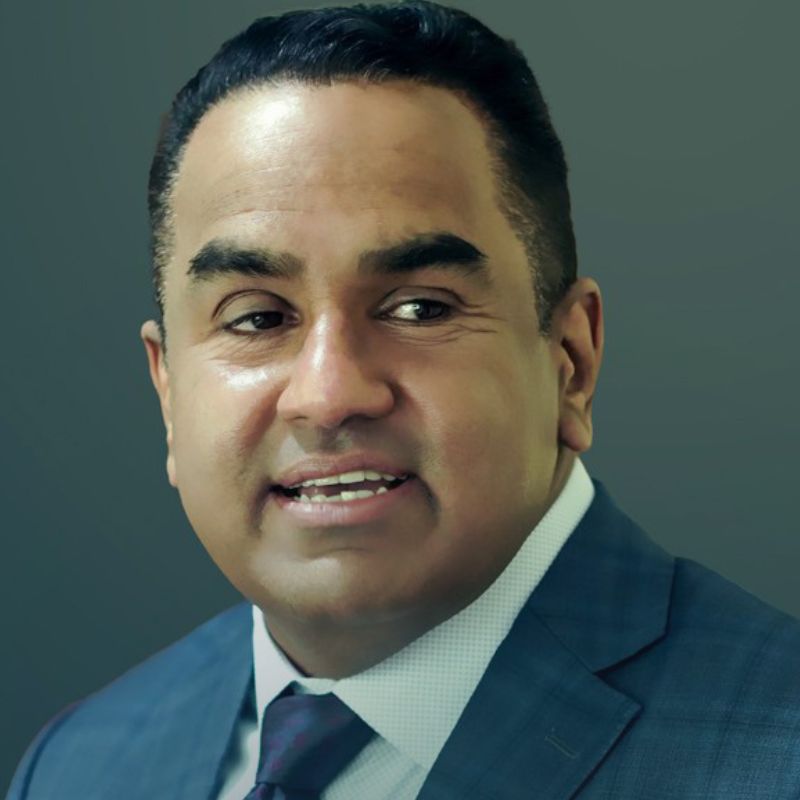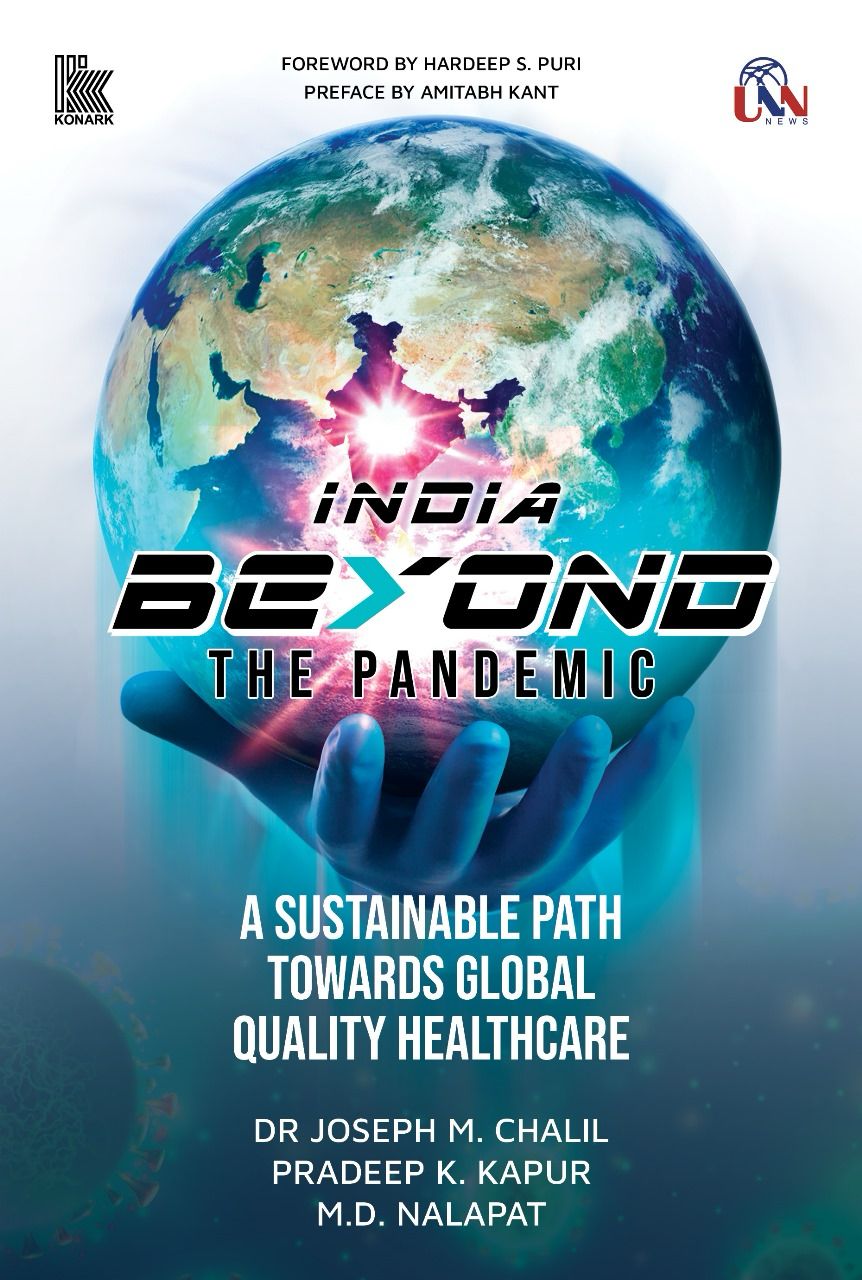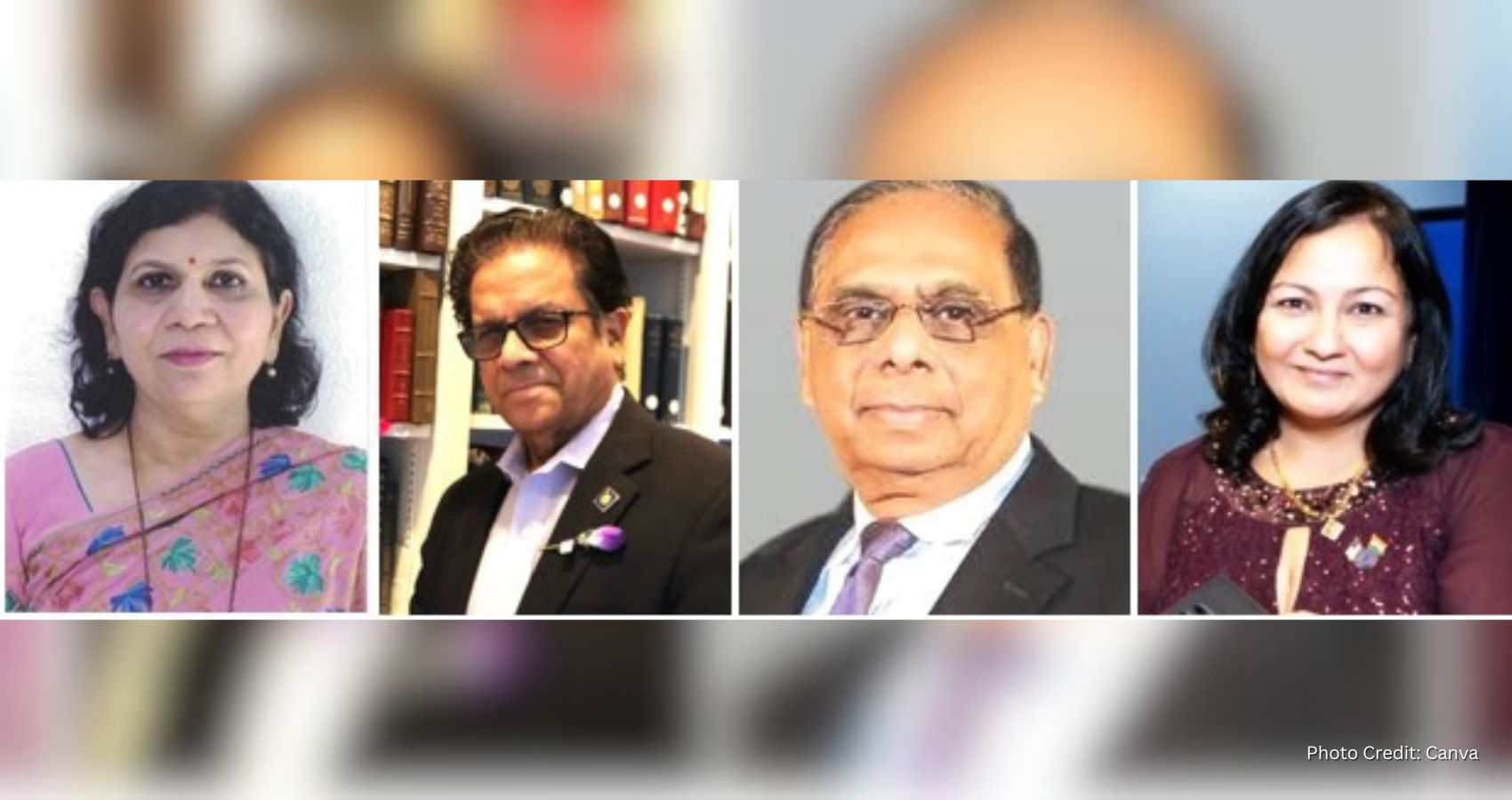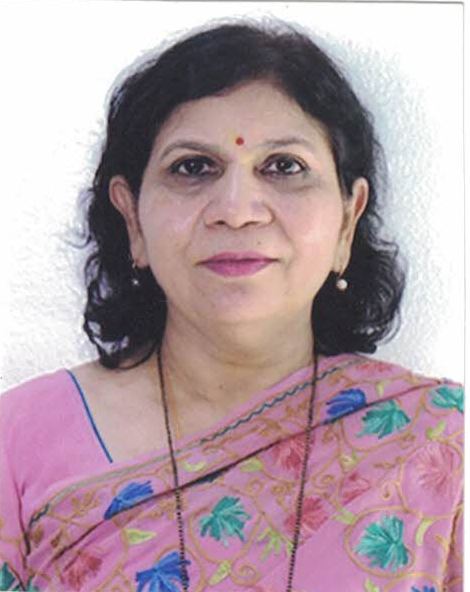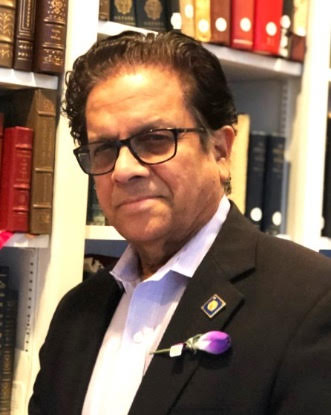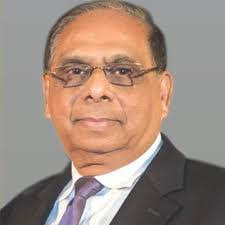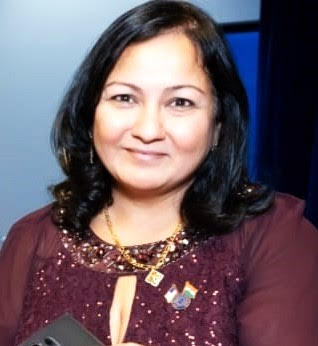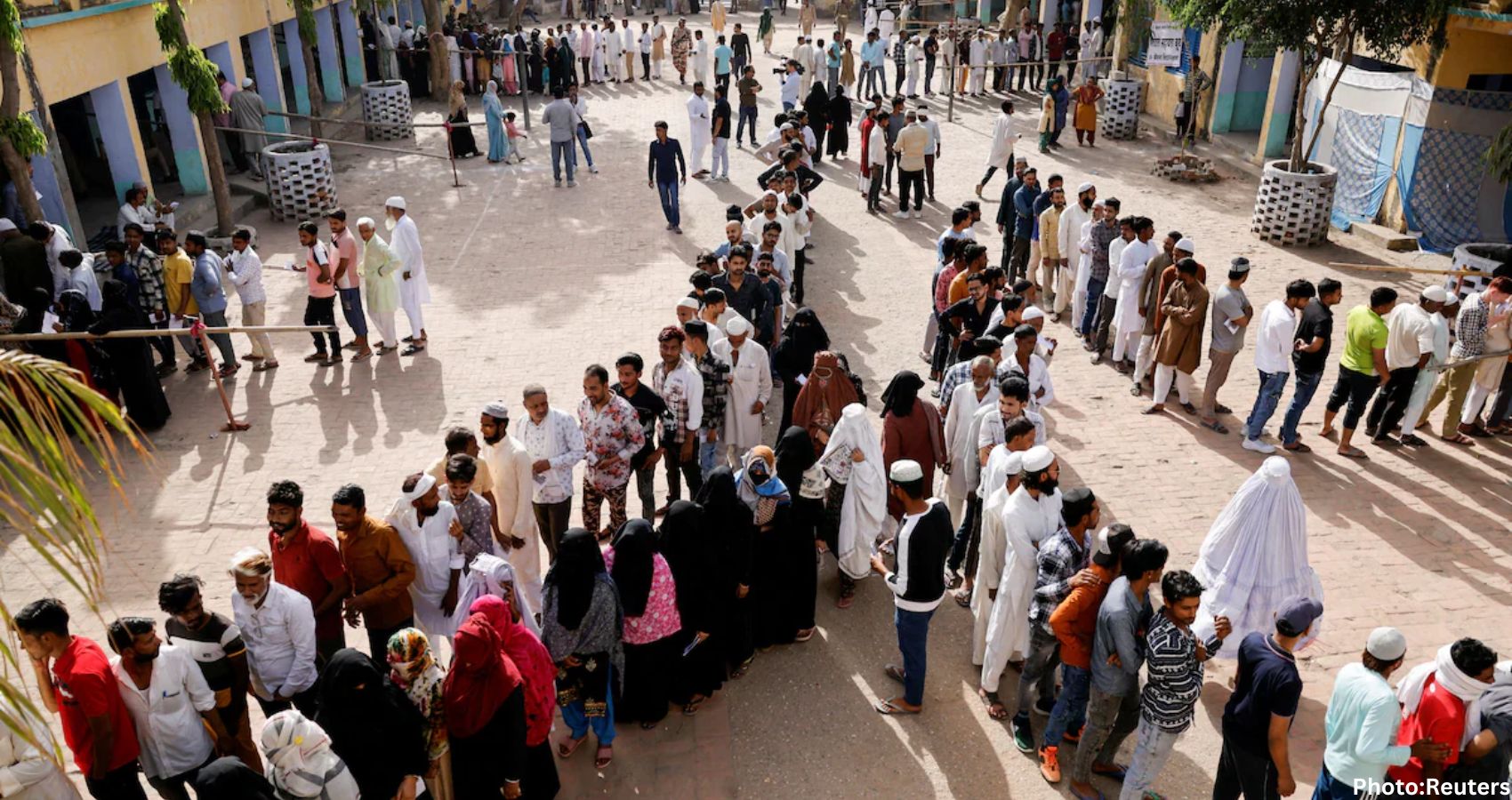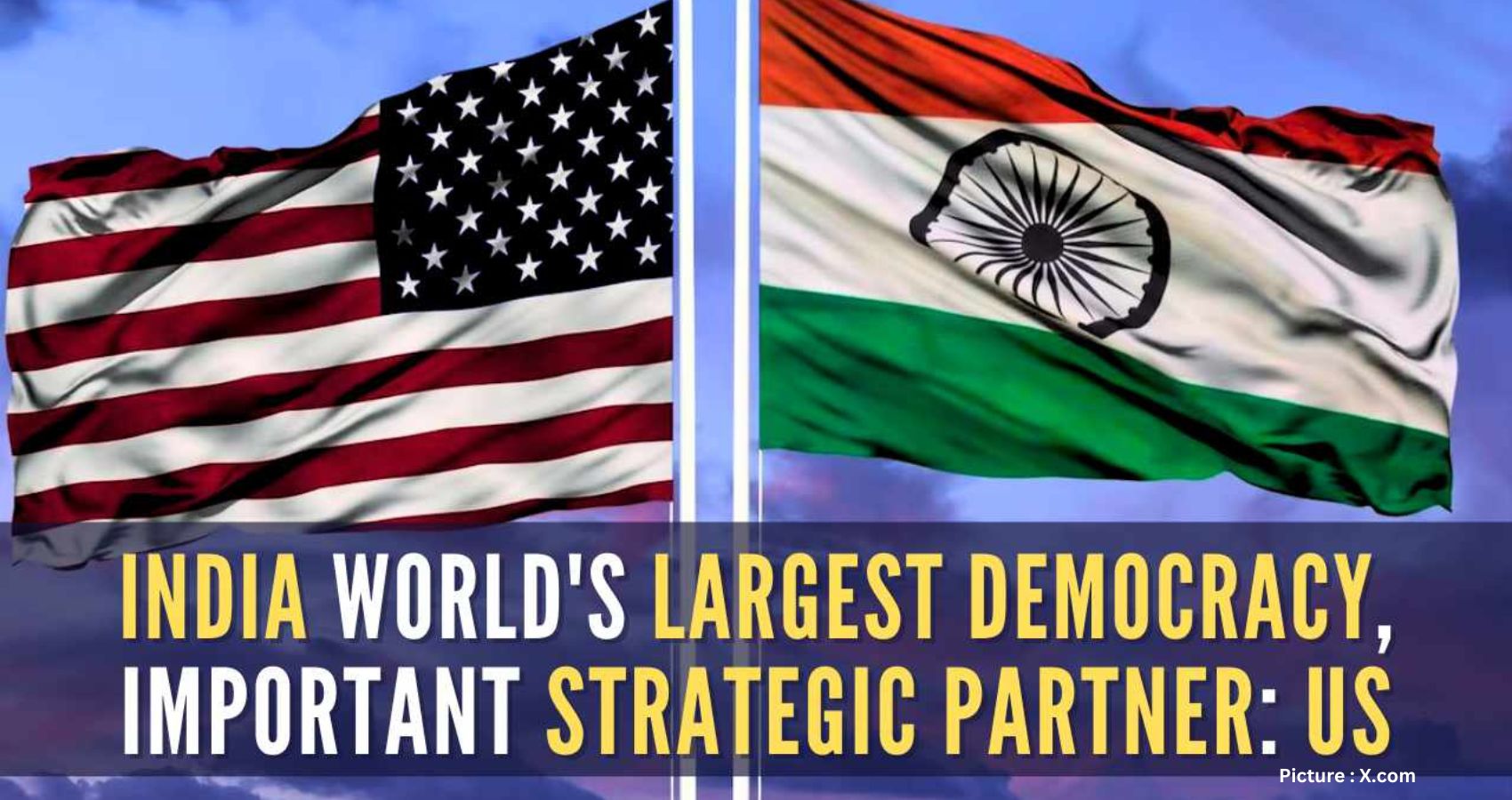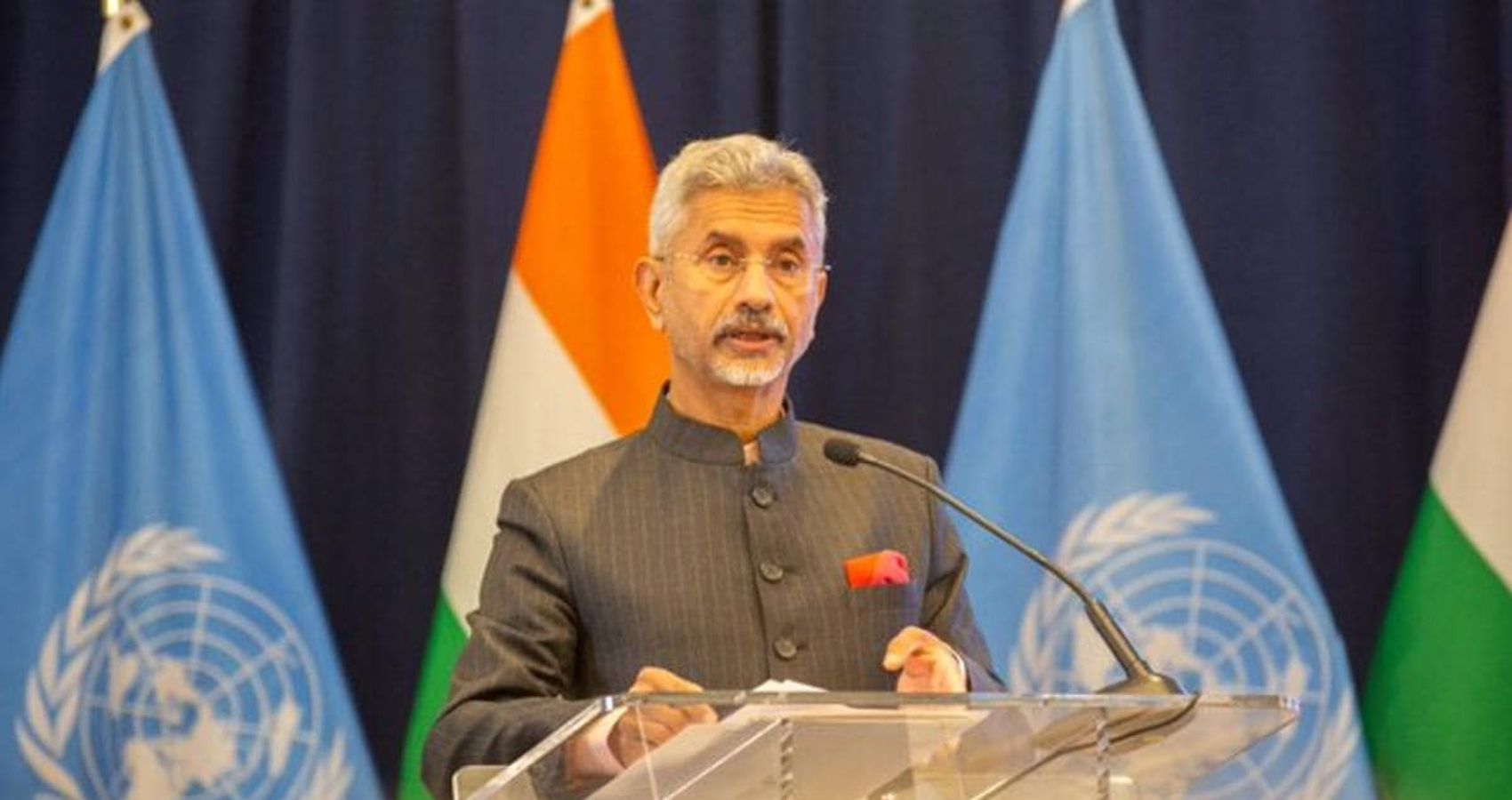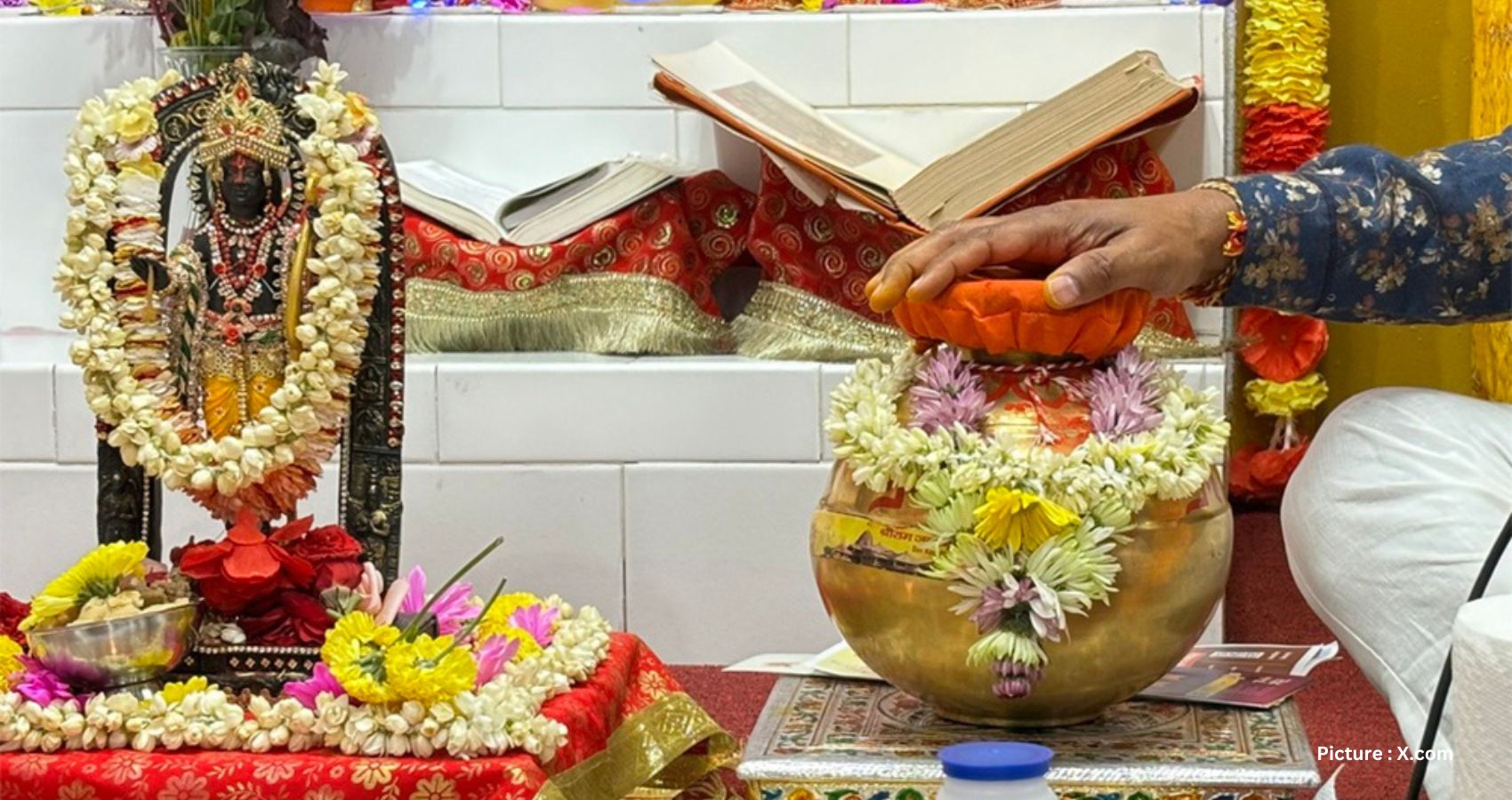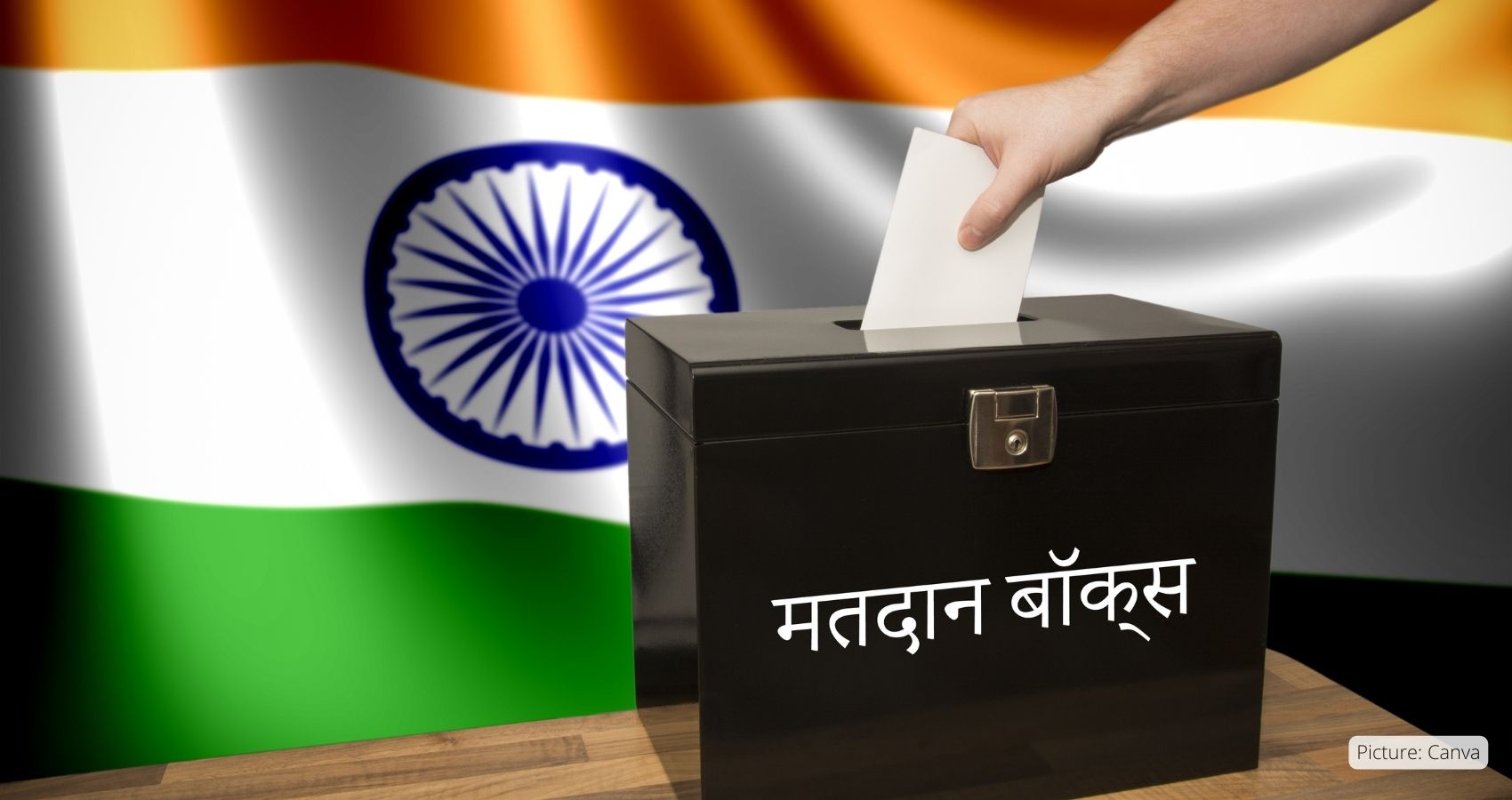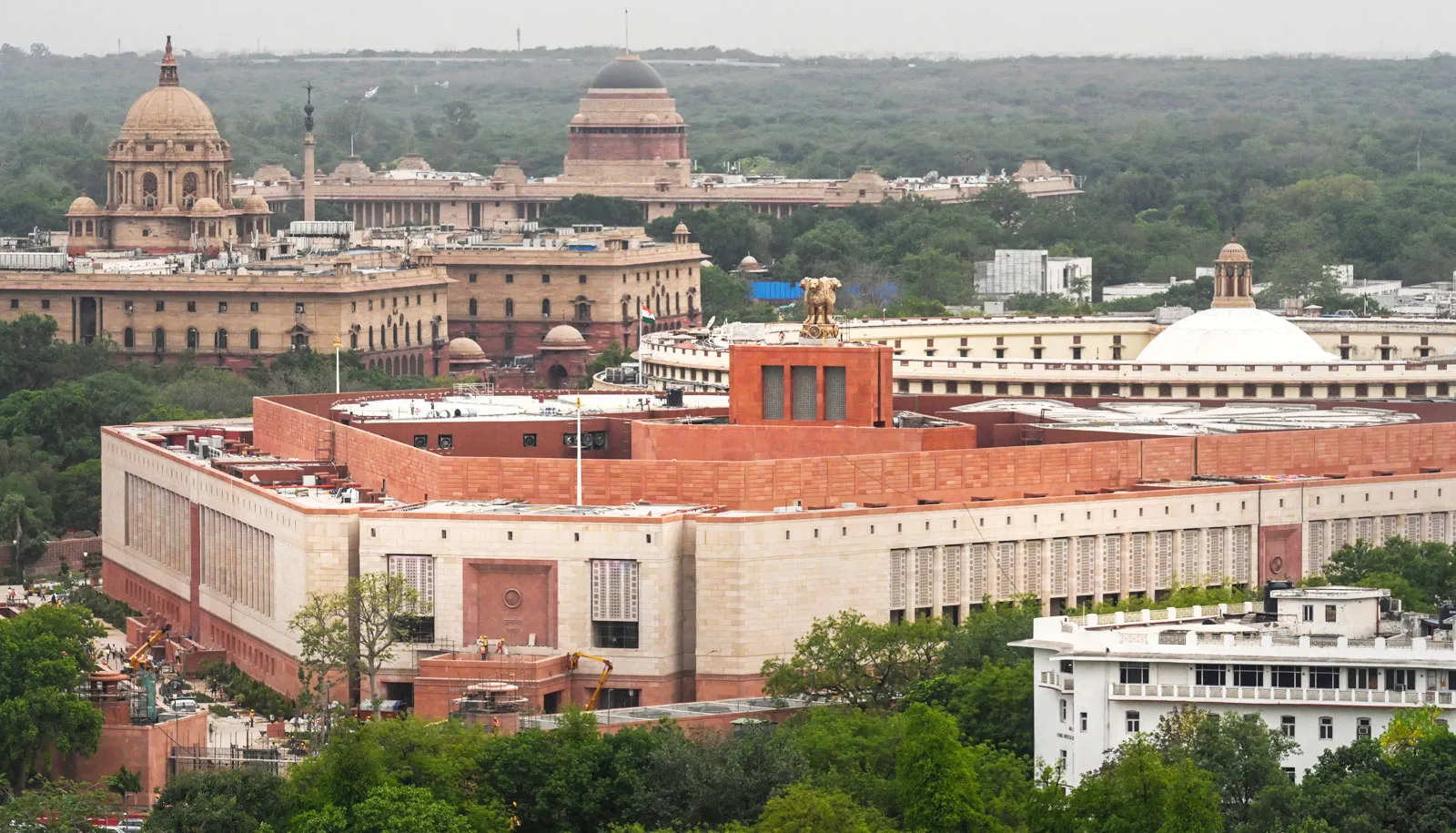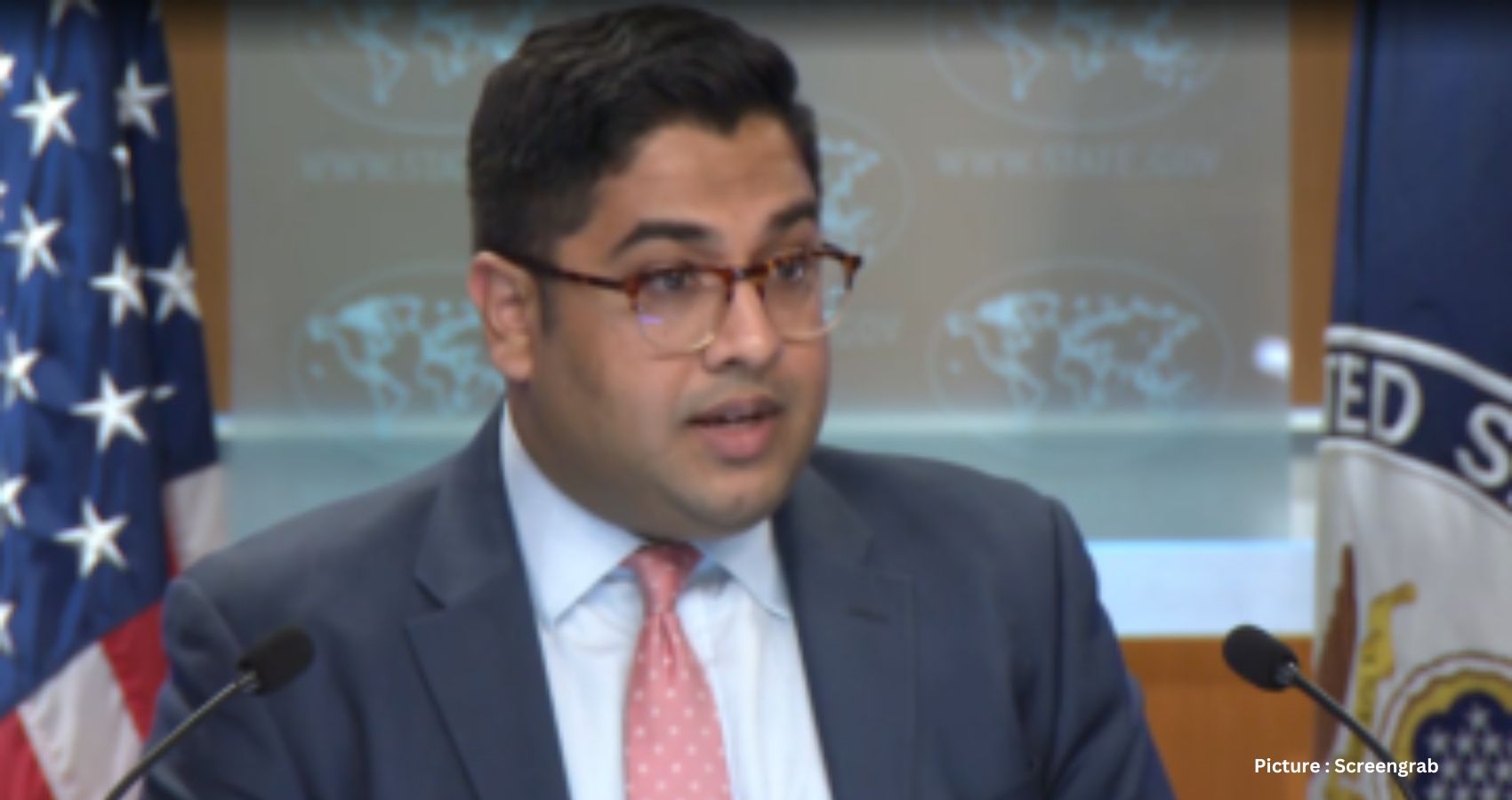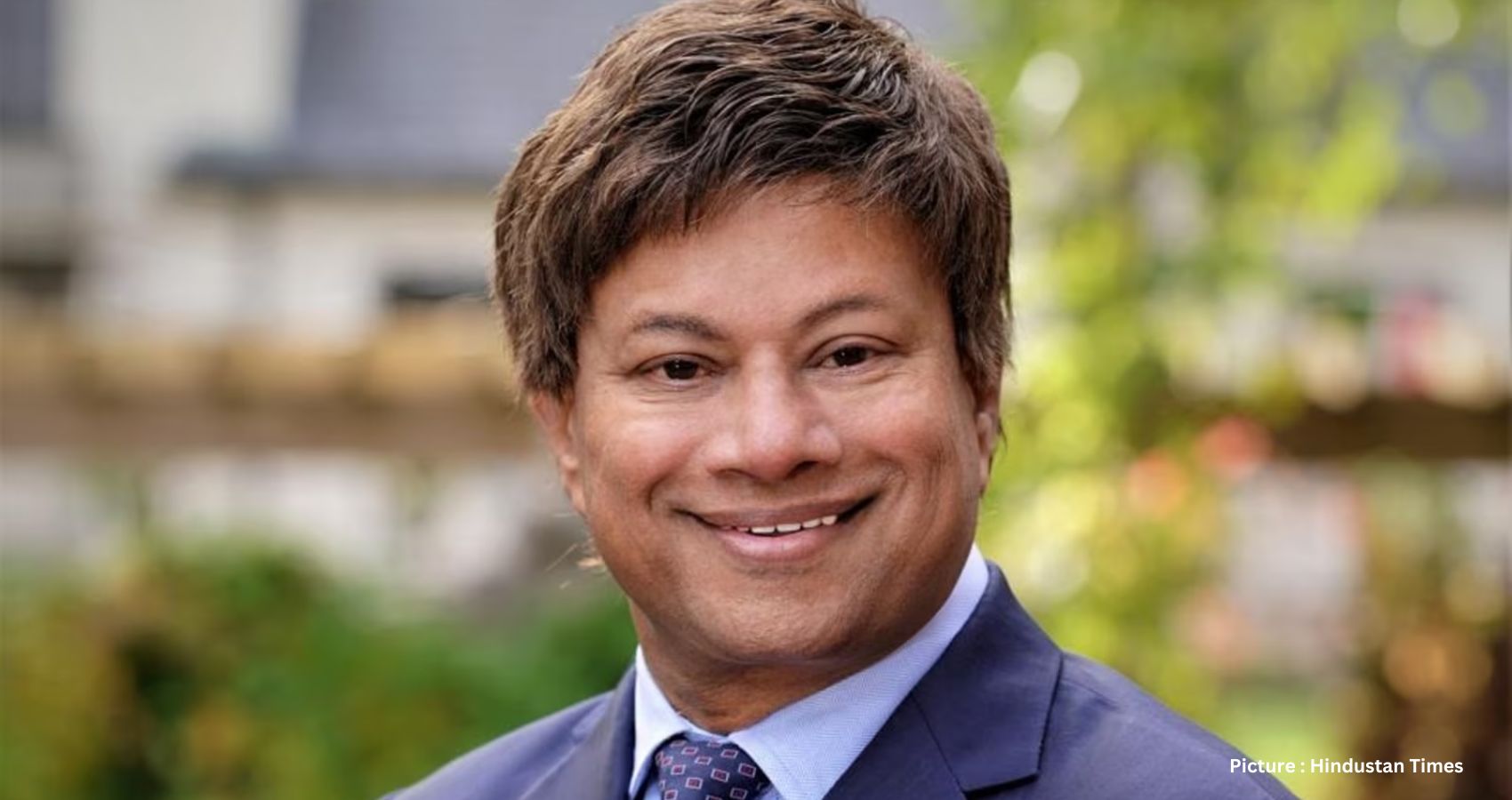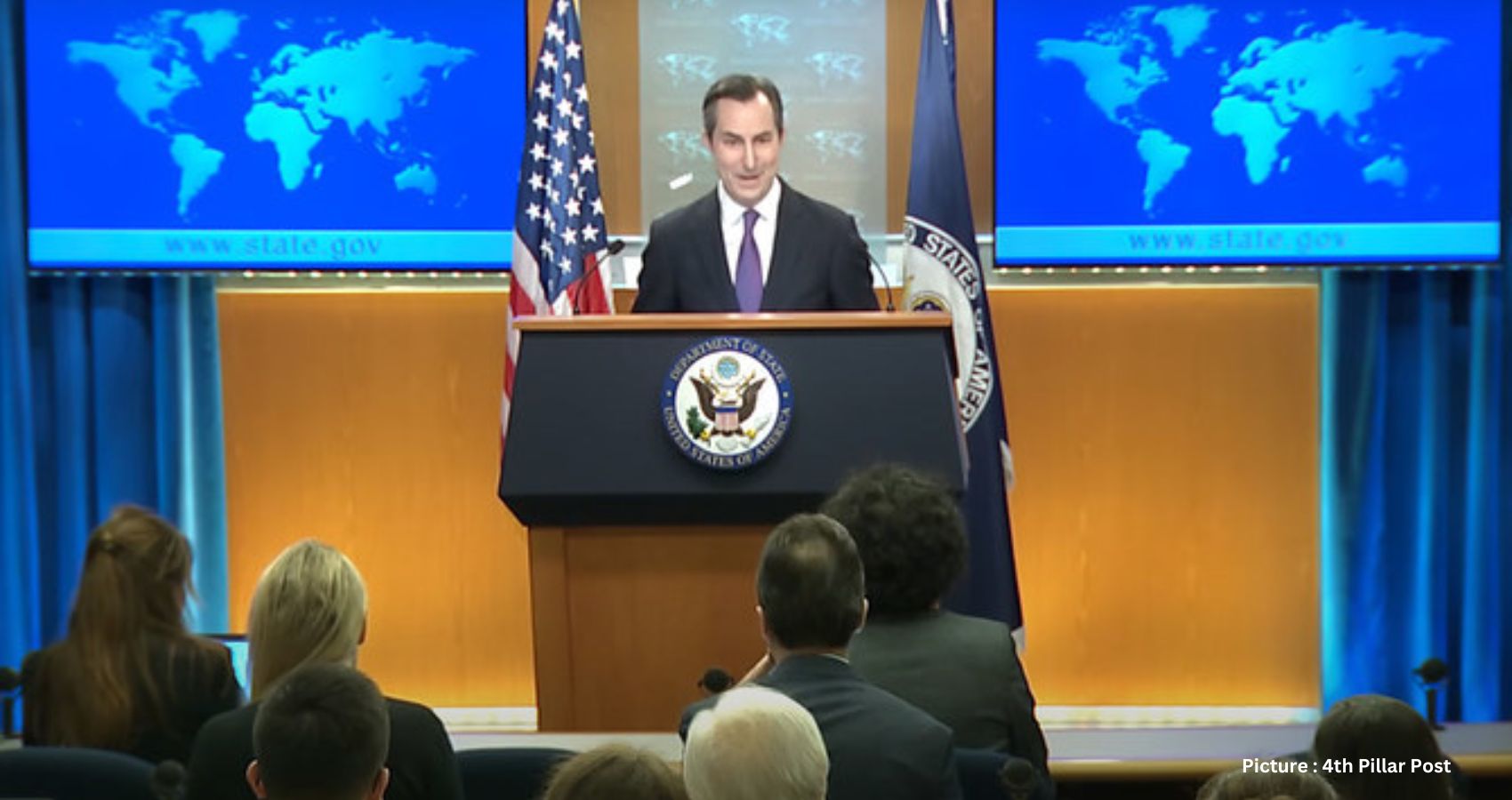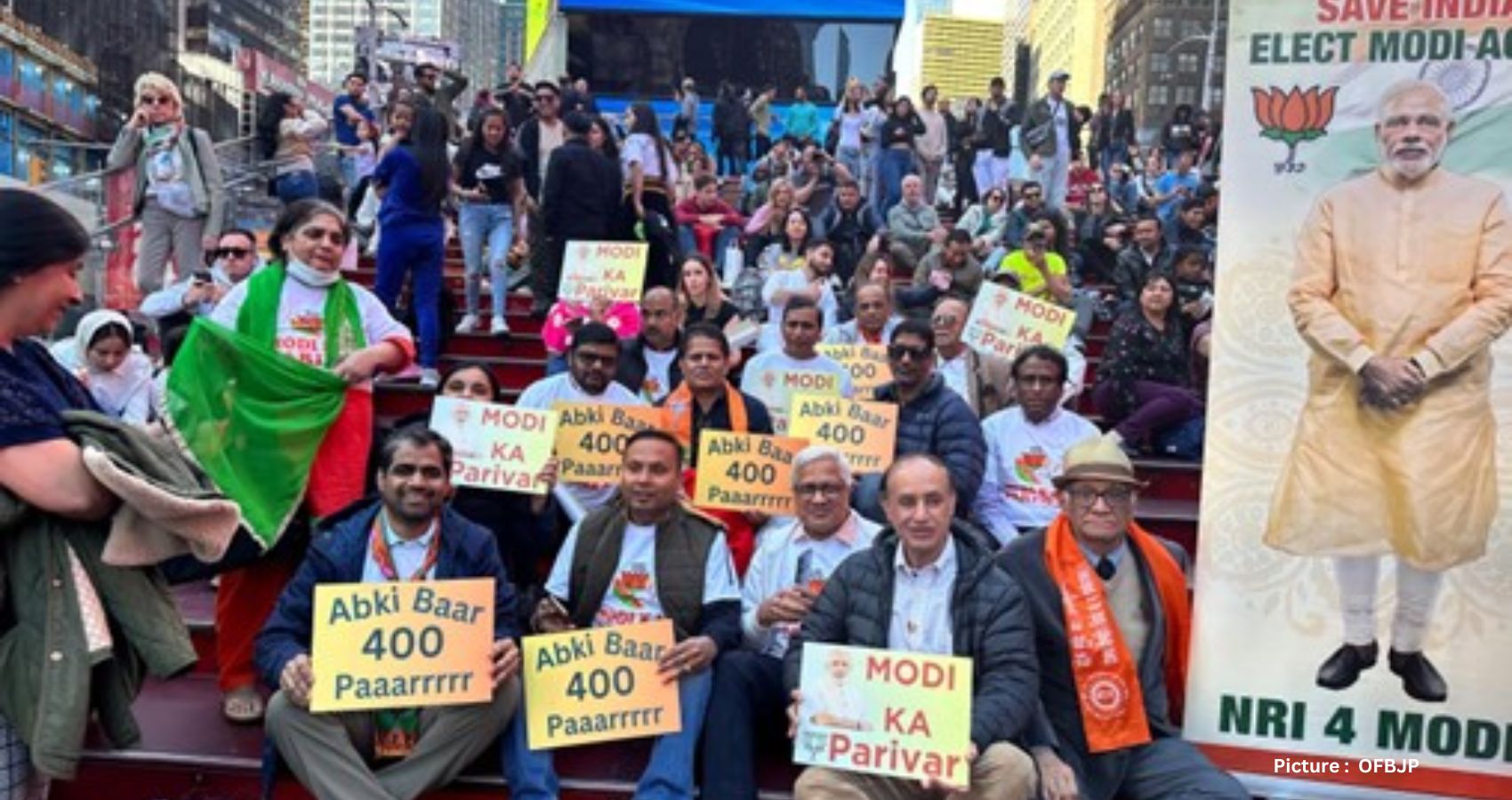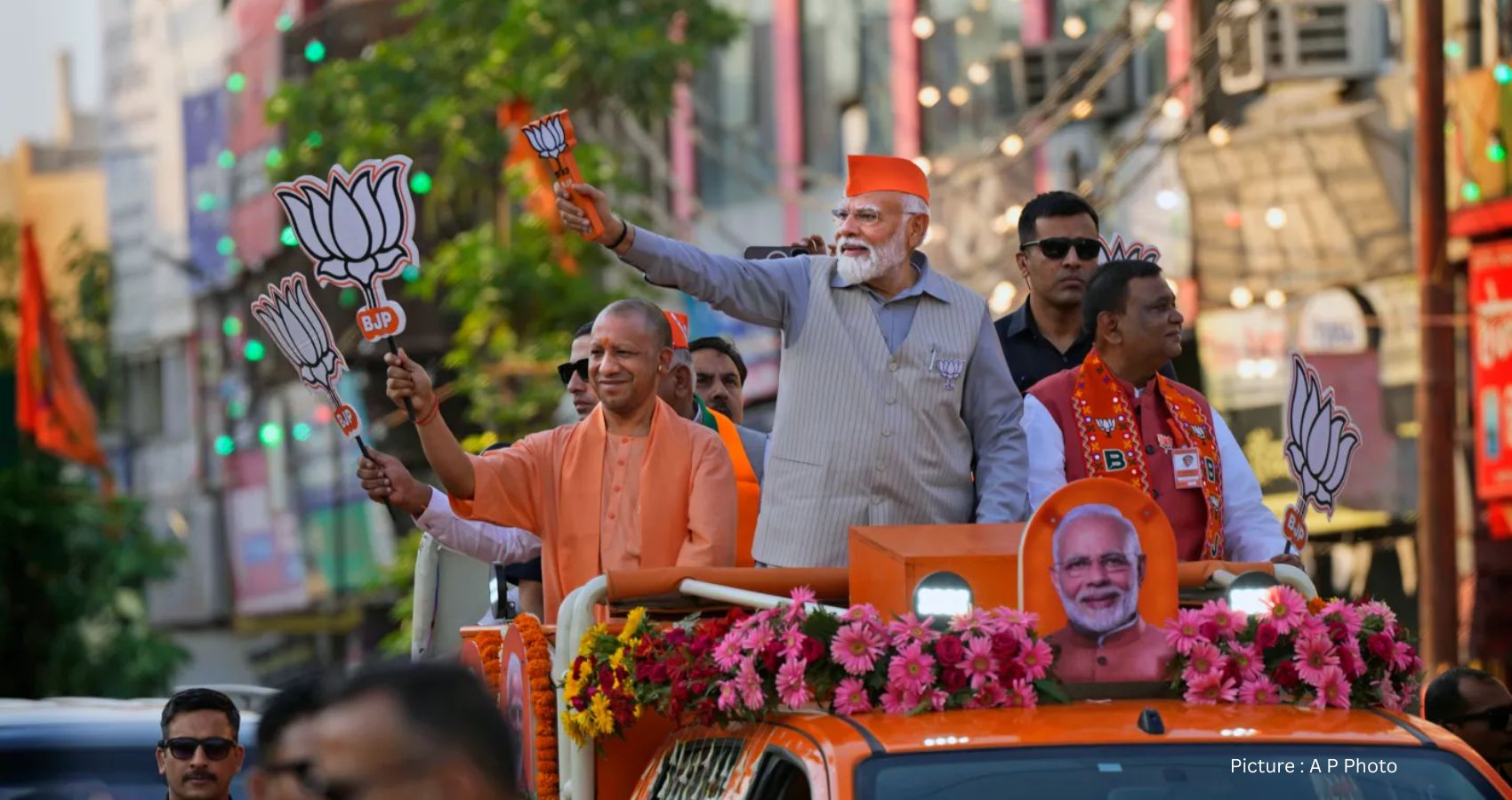Mr Narendra Modi taunted and ridiculed him as Shehzada. Mr Modi’s followers in the Bharatiya Janata Party took the cue and chanted ‘Pappu’. Over the decade of the BJP’s rule, Mr Modi’s media friends coined new terms to ridicule the 54-year-old Congress leader, who is the son of the late Prime Minister Rajiv Gandhi and traces a political lineage back to India Gandhi, Jawaharlal Nehru, and Motilal Nehru.
Motilal, too, was a leader of the Opposition in 1923. He was elected to the new Central Legislative Assembly of British India in New Delhi and became leader of the Opposition. In that role, he secured the defeat, or at least the delay, of finance bills and other legislation.
Mr Rahul Gandhi formally became the Opposition leader on Wednesday, the day Mr Om Birla was elected for a second successive term as Speaker.
For ten years, the position was not filled as the Congress, then the largest party in the Opposition, but with just 52 members, could not reach the 10% of the house membership required for its leader to qualify for the title and post of LOP. Experts, however, say there are no rules, and this limit is just a presumption.
Mr Om Birla, handpicked in 2019 by Mr Modi, won his second term in a token contest with the senior most Congress member in the Lok Sabha, Mr Suresh. Mr Birla could have been elected unopposed, but the BJP rejected the Opposition’s demand that their member be chosen as the Deputy Speaker.
The deputy speaker, too, is a statutory post. But Mr Modi ensured Mr Birla had no deputy last time. Now, with the razor-thin majority of his National Democratic alliance, the prime minister cannot risk having an Opposition leader in any parliamentary position of official power.
At stake is the longevity of his government and possibly even the life of the 18th Lok Sabha. If there is a motion of no confidence against the Speaker, the deputy speaker presides with full powers. He can allow a scathing debate. It would be a parliamentary coup.
Political observers say Mr Modi has always wanted a speaker who would do his bidding to avoid the possibility of such a coup. Mr Birla fits the bill. In the Rajya Sabha, the vice-president of India is the ex-officio chairman. It is no accident that both Venkatesh Naidu and then Mr Jagdeep Dhankar remain loyal to the BJP doctrines and personally to him.
But try as he will, Mr Modi will not be able to get rid of Mr Gandhi—not in the House, not in other forums, not even outside Parliament. As Leader of the Opposition, Mr Gandhi has the rank of a Cabinet Minister, like Home Minister Mr Amit Shah or Defence Minister Mr Rajnath Singh.
As the opposition leader, Rahul Gandhi also has a say in appointing key bureaucrats. He will be a member of crucial committees, including the Public Accounts, Public Undertakings, and Estimates Committees of Parliament, where much of the backroom work of legislation and policies is done. He also becomes a member of selection committees that appoint heads of statutory bodies such as the Central Vigilance Commission, the Central Information Commission, the Central Bureau of Investigation, and the National Human Rights Commission of India.
He politely asserted this in words and gestures. His hair was groomed, his salt and pepper beard trimmed close, and in a near-long, white khadi kurta, he looked every inch the holder of the new title. He was not the politician who had revived Congress and the Opposition in two long cross-country marches and then headed a searing election campaign in which he matched Mr Modi step by step.
He came close to defeating not just the BJP but also ensuring a considerable erosion in Mr Modi’s image. In Varanasi, his constituency, Mr Modi lost some three lakh votes. He now ranks low in the list of votes of winning candidates, a blow to his notorious ego.
Mr Modi and Mr Birla sought to begin the new term with an attack on the Congress party, harking back to the state of Emergency Mrs Indira Gandhi had imposed this day in 1975, a full 49 years ago. Mr Modi and the BJP sought the Congress to apologise. Mr Birla, in his inaugural speech, called for a two-minute silence to record Parliament’s condemnation of Mrs Gandhi’s actions. Elsewhere, Vice President Dhankar recorded his concurrence with their sentiments. President Murmu ended her address at the joint session of Parliament with a long condemnation of the Emergency.
The government will continue to attack the very image of Rahul Gandhi, his mother Sonia, who is now in the Rajya Sabha, and sister Priyanka Gandhi Vadra if she wins from Wayanad, where there is now a vacancy. This will be the first time three members of the Gandhi family will be in Parliament. The collateral branch, Menaka and Varun Gandhi, who too were together on the BJP benches for several years, are no longer MPs. The mother was defeated, and the son was not given a ticket. Samajwadi Party leader Akhilesh and his wife lead the five-member family group from Lucknow.
Mr Gandhi was prominent on camera when he joined Mr Modi to escort Mr Birla to the Speaker’s chair. He then finessed it with a short speech of felicitations in which he reminded the Speaker of his role in allowing the Opposition benches to be the voice of the people in the House. “We are confident that by allowing the Opposition to speak, by allowing us to represent the people of India, you will do your duty of defending the Constitution of India,” he said.
“The idea that you can run the House efficiently by silencing the voice of the Opposition is non-democratic. This election has shown that the people of India expect the Opposition to defend the Constitution,” the Congress leader said. “The Opposition would like to assist you in doing your work. We would like the House to function often and well. It is very important that cooperation happens on the basis of trust. It is very important that the voice of the Opposition is allowed to be represented in this House.”
The point was taken further in the House by Mr Akhilesh Yadav. “We believe you will move forward without discrimination and as the Speaker, you will give equal opportunity and respect to every party. Impartiality is a great responsibility of this great post,” he said. It is clear that these two young parliamentarians will be closely and powerfully monitoring the government and challenging Mr Modi at every turn.
But Mr Birla earned terrible notoriety in his first term in office. Many consider him obnoxious because he silenced speakers from the Opposition parties. Others referred to the manner in which he presided over the suspension of a large number of members and the disqualification of TMC member Mahua Moitra after a kangaroo court trial by a committee of the House.
A Parliamentary research report published in The Wire highlighted how the Opposition was all but sidelined under Mr Birla’s watch. Between December 14 and 21, 100 MPs were suspended from the Lok Sabha and 46 from the Rajya Sabha. This accounts for 19% of each House’s strength. This is the highest number of suspensions in any Lok Sabha term. Ms Mahua Moitra was expelled on grounds of ethical misconduct. She is the fourth ever to be suspended.
All bills introduced in the session passed; none were referred to Committees. With almost no one from the Opposition present in the House, all 10 bills introduced in the session were passed, in addition to seven bills pending from previous sessions. The Telecommunications Bill of 2023, which restructures the regulatory framework of the telecom sector, was passed within three days of its introduction. It was discussed for one hour and four minutes in Lok Sabha and one hour and eleven minutes in Rajya Sabha.
Most importantly, the three Bills replacing the Indian Penal Code, 1860, the Code of Criminal Procedure, 1973, and the Indian Evidence Act, 1872, were discussed and passed. Most of the speakers were from the BJP and its allies.
Mr Birla is unlikely to change, but he will feel the pressure more than he did during his last tenure. India’s 18th Lok Sabha is a testimony to the innate strength of the people’s democratic instincts. This commitment to democracy is an inheritance from Mohandas Karamchand Gandhi’s massive, peaceful, unarmed freedom struggle, which defeated not only colonial Great Britain but also several millennia of entrenched feudalism.
The 2024 elections also brought political equilibrium in Parliament, bringing to life a set of political parties that had been decimated in the 2014 and 2019 elections, in which Mr Narendra Modi emerged as India’s prime minister. He led his Bhartiya Janata Party to victory on a platform which was equal parts rabid Islamophobia and delusions of rapid development, targeting “aspirant” classes of hundreds of millions of young voters who had been led to believe that the fruits of freedom had been grabbed by the poor, the Dalits and other deprived classes, and the religious minorities, especially Muslims and Christians.
Mr Modi heads his third government as a coalition with a razor-thin margin. All the sheen and starch the first two tenures had, and even washed out in his party’s virtual rout in two major states of Uttar Pradesh and Maharashtra, their stronghold. Mr Modi’s own winning margin had been whittled down to a fifth of what it was when he won in 2019. However, he has presented a brave and perhaps even aggressive face to the people and to his critics. When he was sworn in on June 9, he continued with his old cabinet—barring the many junior ministers who lost their seats.
He almost immediately went on his first foreign jaunt as a third-term Prime Minister as a guest at the meeting of developed nations. The Pope had been invited to speak on artificial intelligence and climate change issues. Mr Modi embraced him, took a selfie with the young prime minister of Italy and was photographed with the leaders of Europe and America.
The future of this Lok Sabha may well depend on whether Mr Modi, whose regime was dubbed dictatorial by critics at home and abroad, will embrace a more humane and democratic way of governance. His attitude may not work when serious legislative business begins, and the Opposition will challenge him for debate on every point. Hopefully, we will see new laws emerge after exhaustive discussion and negotiation.
The new Parliament demands that the government seek the cooperation of the Opposition instead of ramming decisions and legislation down its throat. That has been the practice in the last ten years, and for the last five, Mr Birla, as Speaker, has connived with the prime minister. This may not come naturally to Mr Modi. He is steeped in the ways of the 99-year-old Rashtriya Swayamsevak Sangh, an unregistered religious and nationalistic organisation with a uniformed cadre and the political goal of a Hindu nation.
His 15-year rule as chief minister of his home state, Gujarat, and his 10 years in New Delhi as prime minister have shown a megalomaniac persona that demands total and absolute obedience and brooks no criticism, much less Opposition. He takes this arrogance as strength and keeps critics and opponents in check. After Mr Birla was installed as Speaker, Mr Modi focused almost entirely on the Emergency Mrs Indira Gandhi enforced for a year and a half 49 years ago.
Her election was overturned by the Allahabad High Court; Mrs Gandhi suspended the Constitution. For close to 20 months, she and her younger son, Sanjay Gandhi, ran a government which suspended civil liberties and imprisoned tens of thousands of political leaders across the country. The people punished her when she lifted the Emergency in 1977. Her Congress party was wiped out in north India, winning but a humiliating two seats. In later developments, she was temporarily arrested, her membership of the Lok Sabha revoked, and a judicial enquiry was ordered. Mrs Gandhi returned to power in the 1980 general elections and was prime minister till her assassination by her Sikh guards in October 1984
In Delhi, as in Gujarat, Mr Modi has bent the judiciary, police, bureaucracy, and education system to his will, massively eroding democratic institutions. Many think he came close to threatening the Constitution itself. The election results told him that perhaps the people would no longer obey.
India became a republic on January 26, 1950, with a written Constitution and well-defined freedoms, including the cherished Freedom of Religion and Belief. Arguably, for the first time in 3,000 years, all Indians, including women, were equal in the eyes of the law. Caste remains an integral part of the majority faith of Hinduism, but untouchability is now a federal crime with strong penalties. That caste tensions remain close to eight decades after Independence is another story.

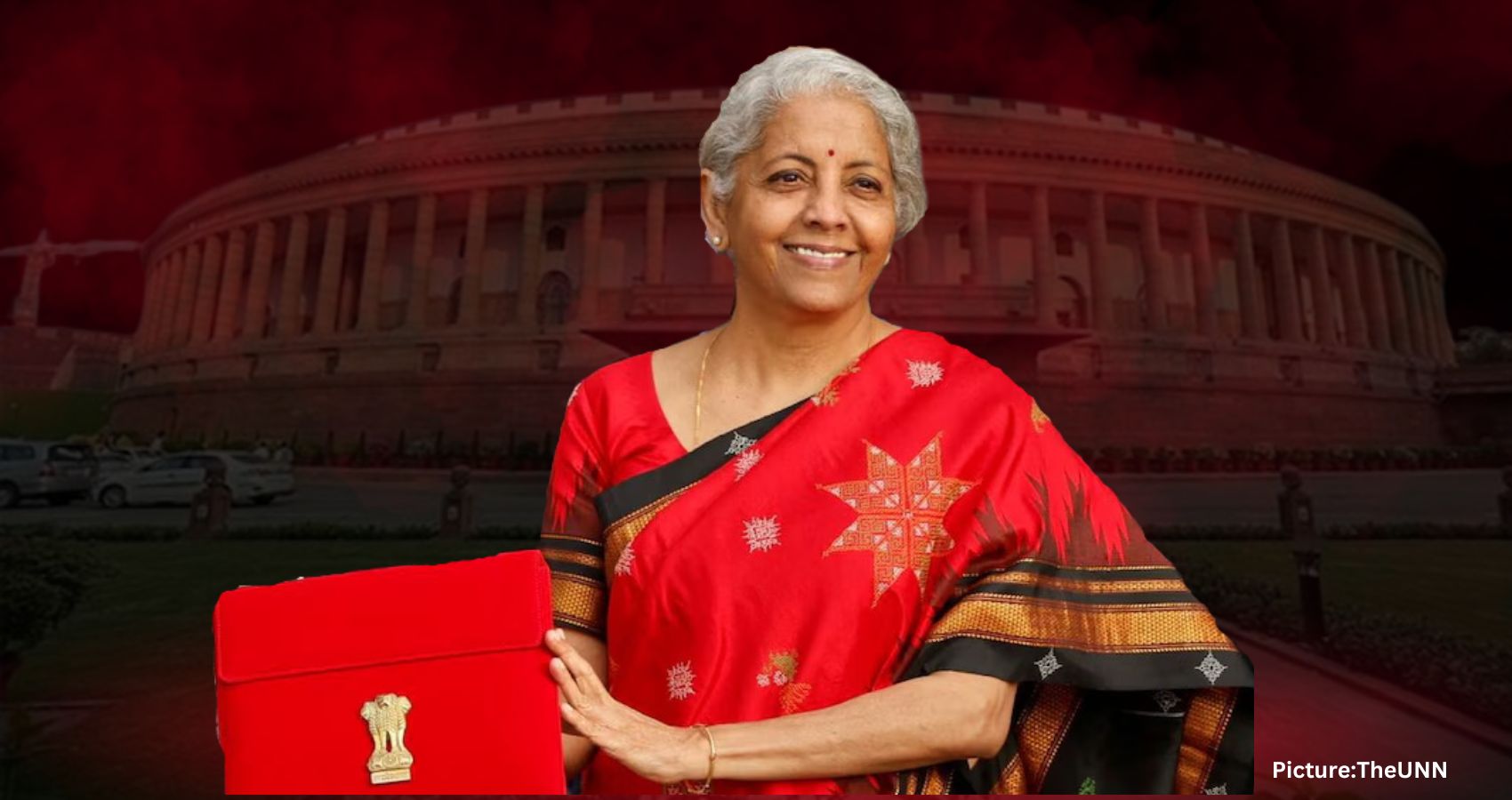
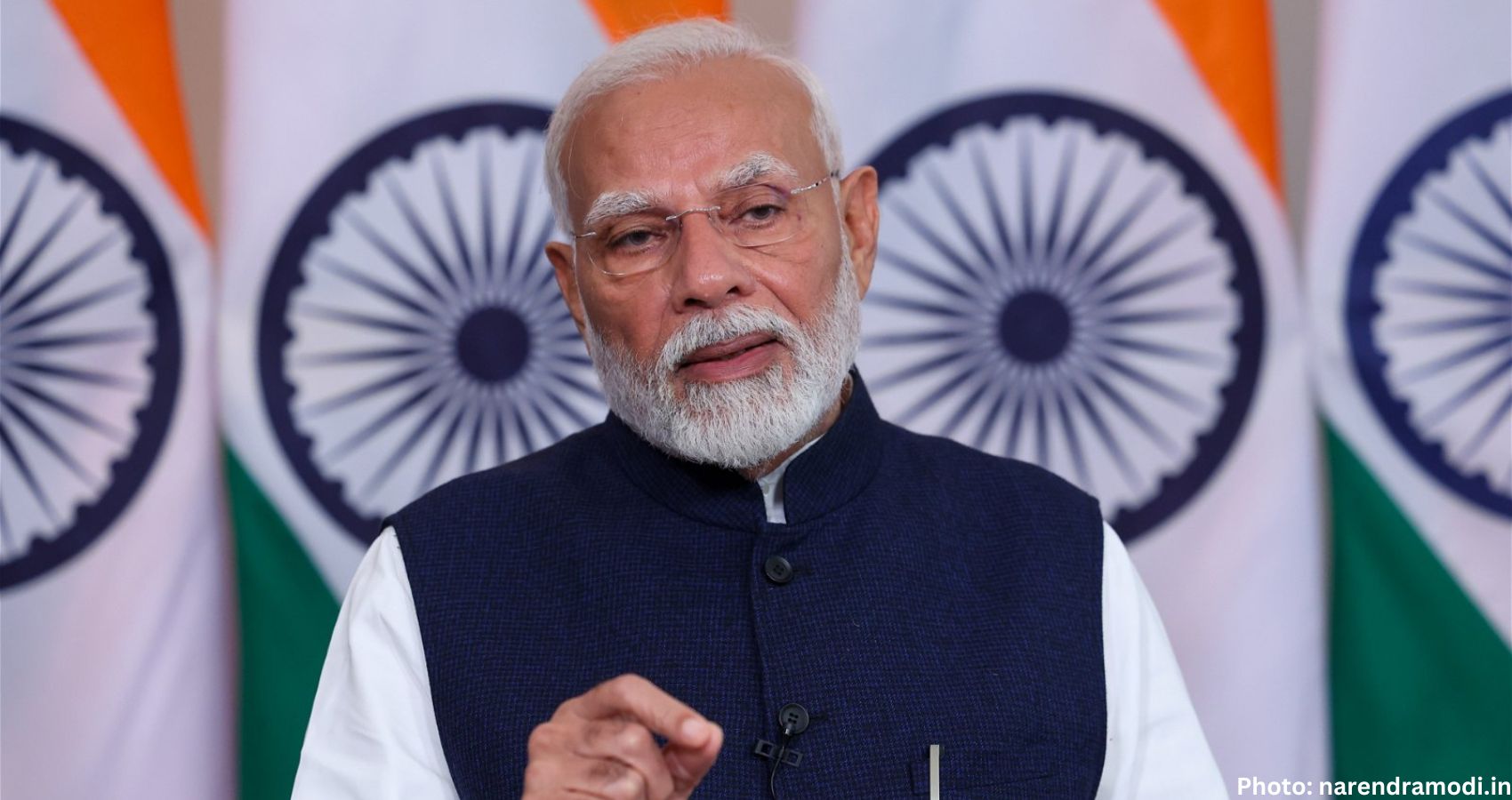
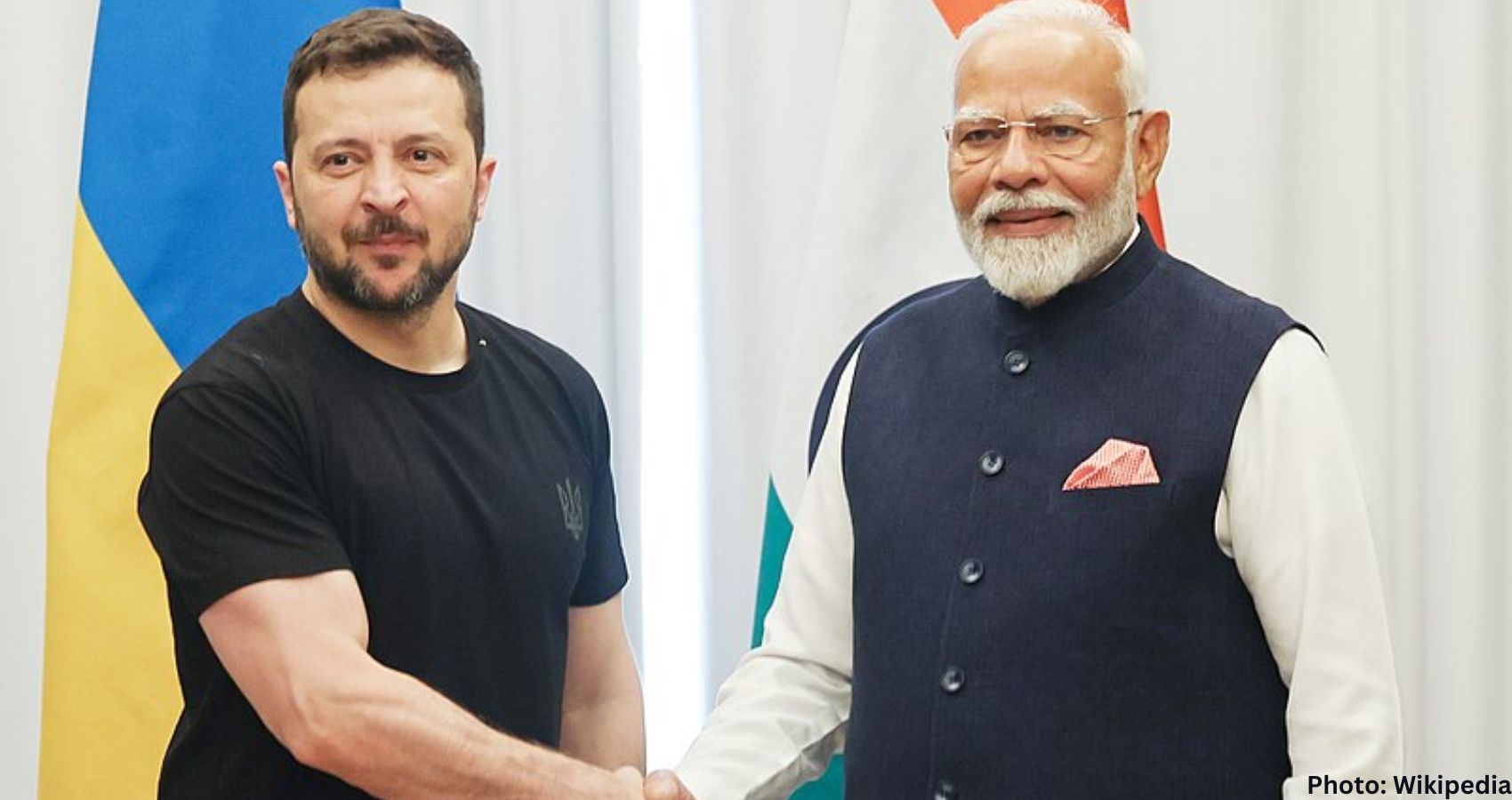
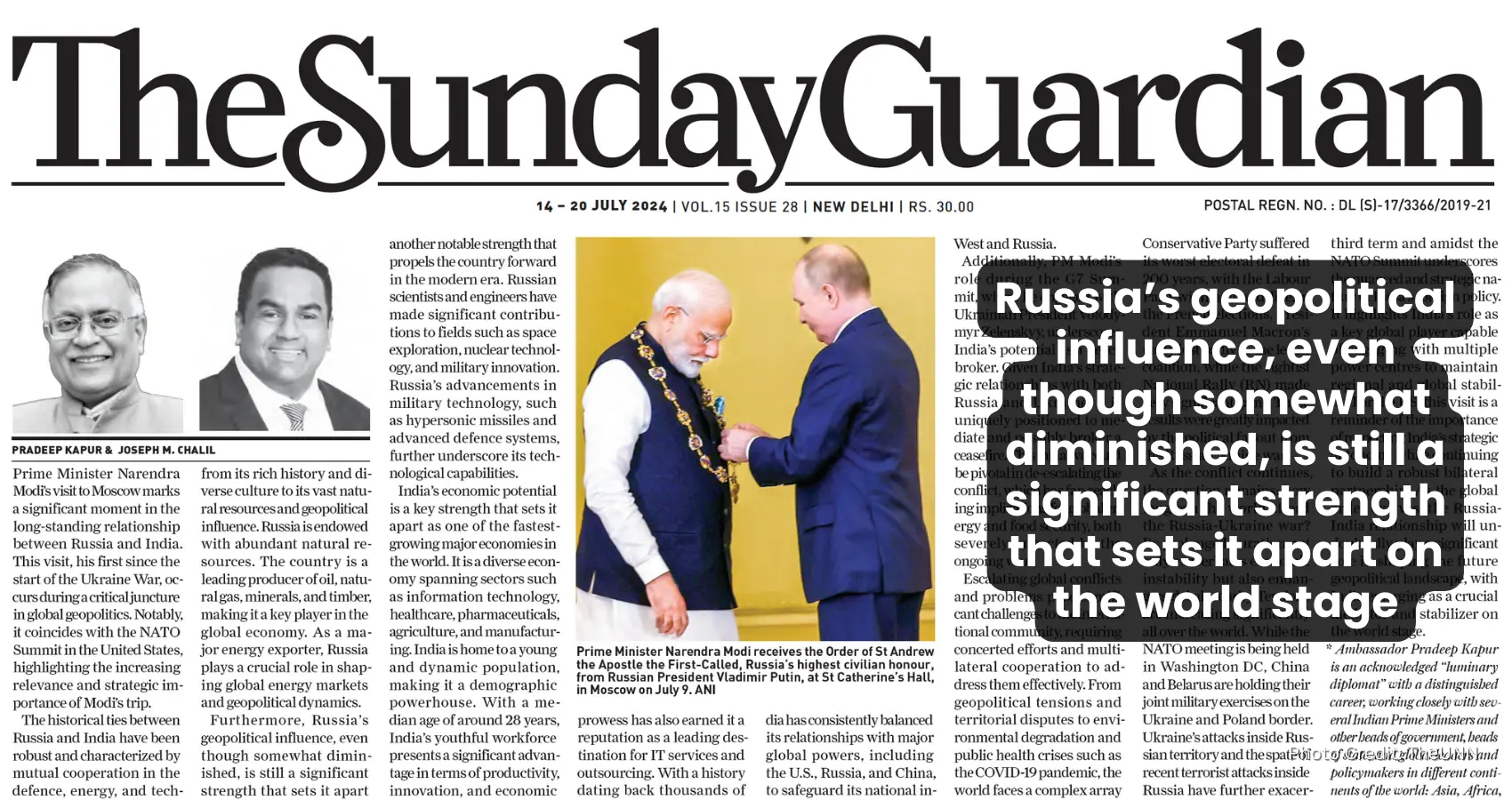
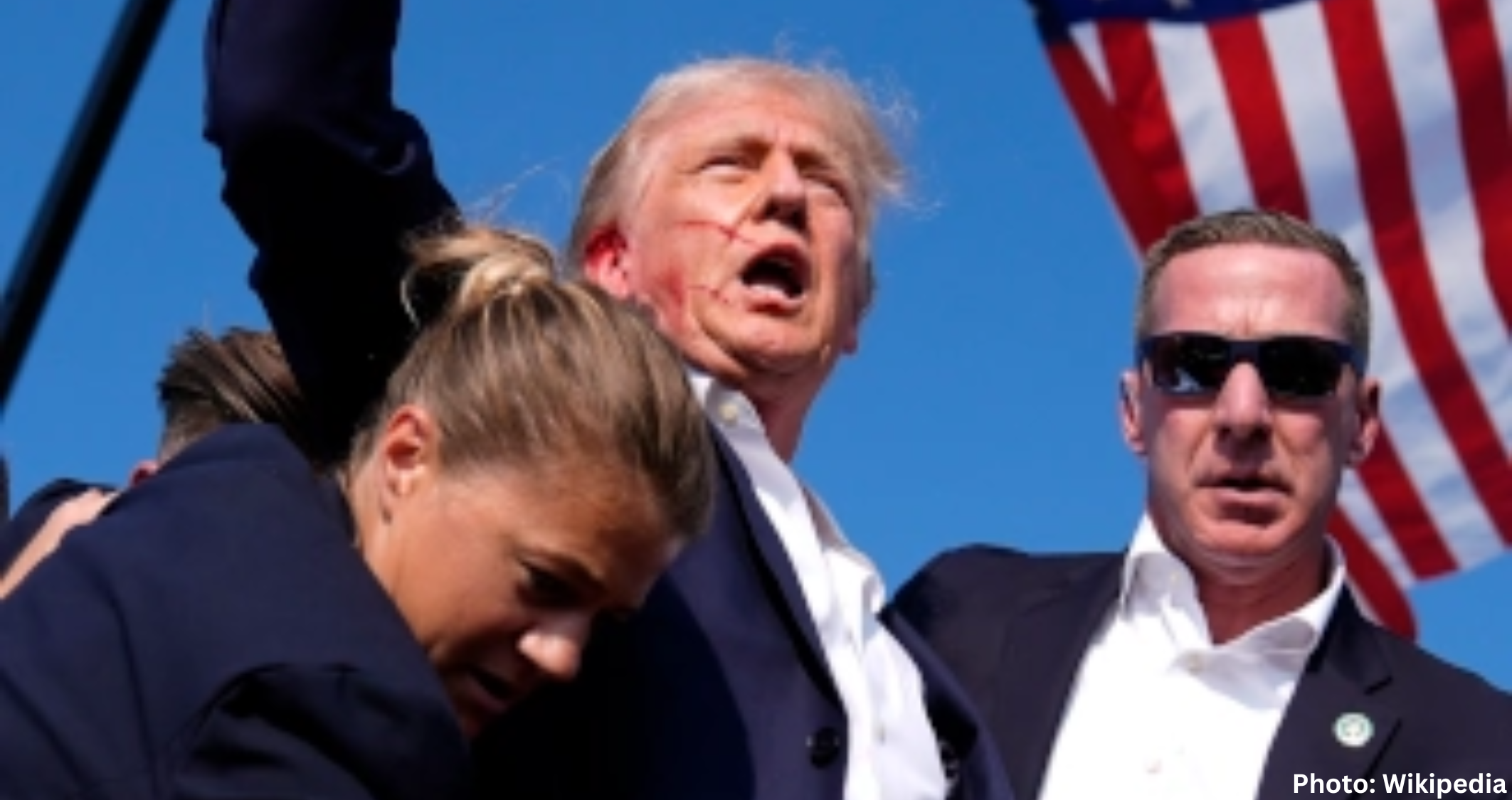
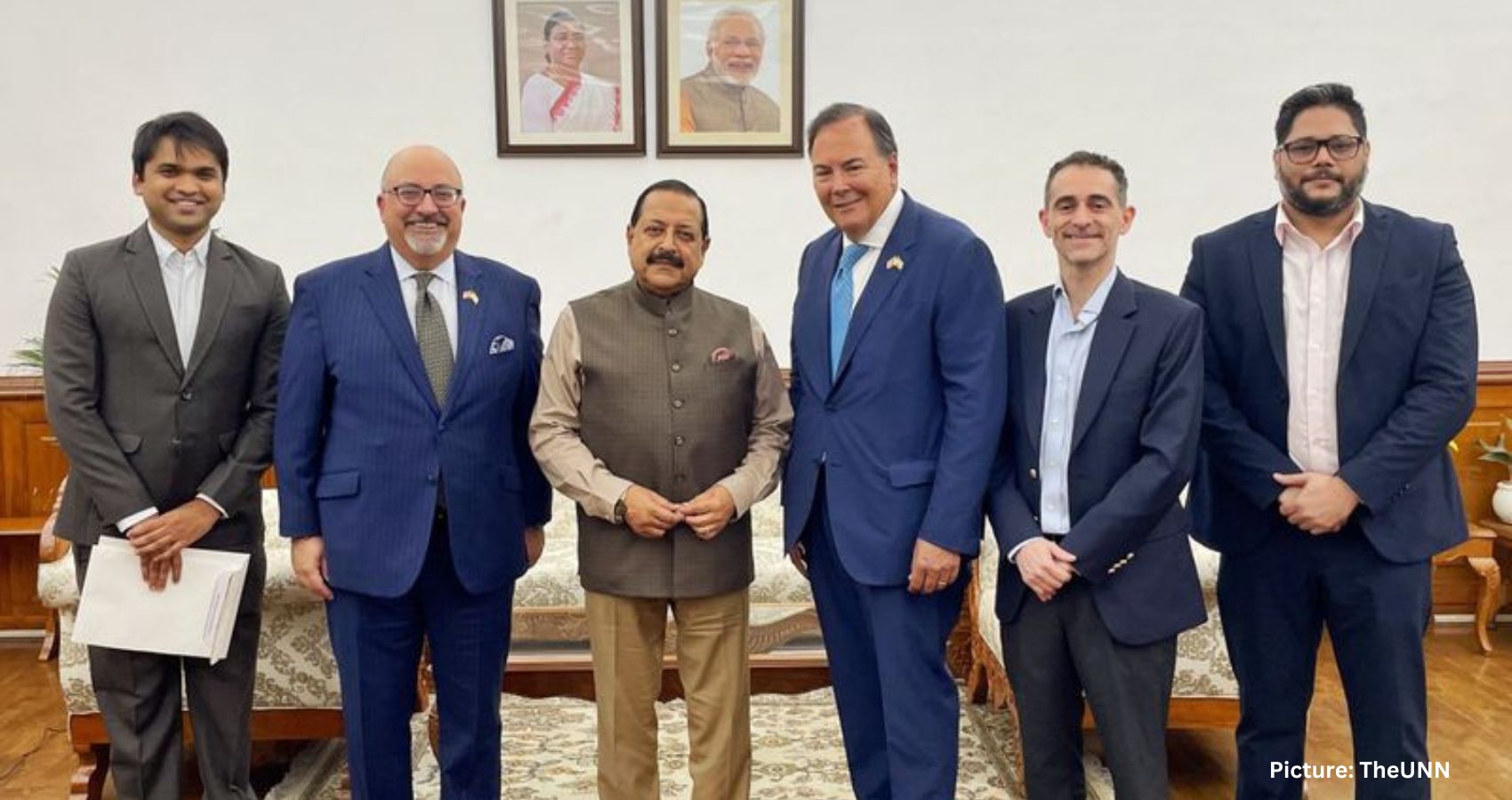
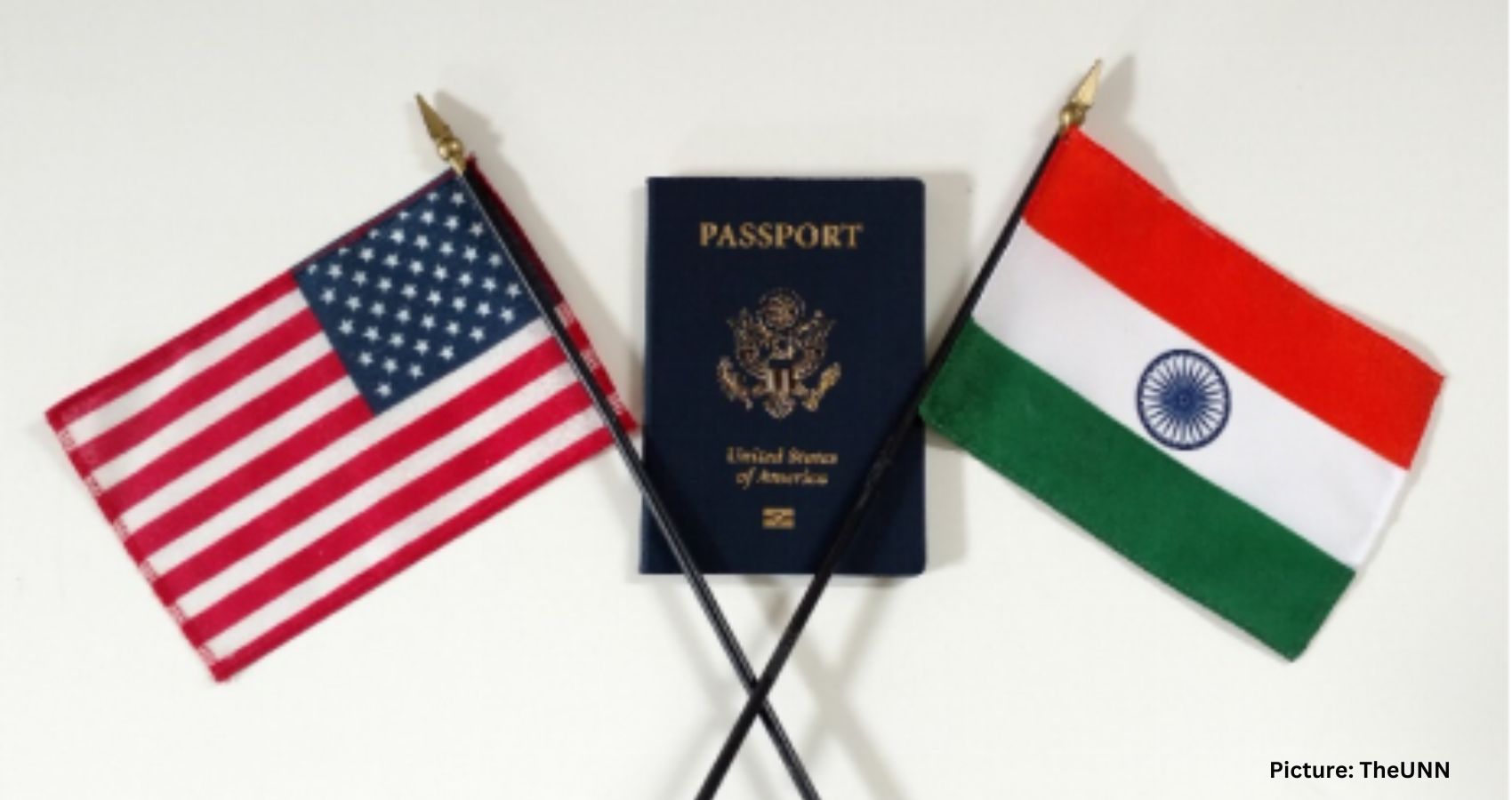
 entrepreneurship. He is an
entrepreneurship. He is an 
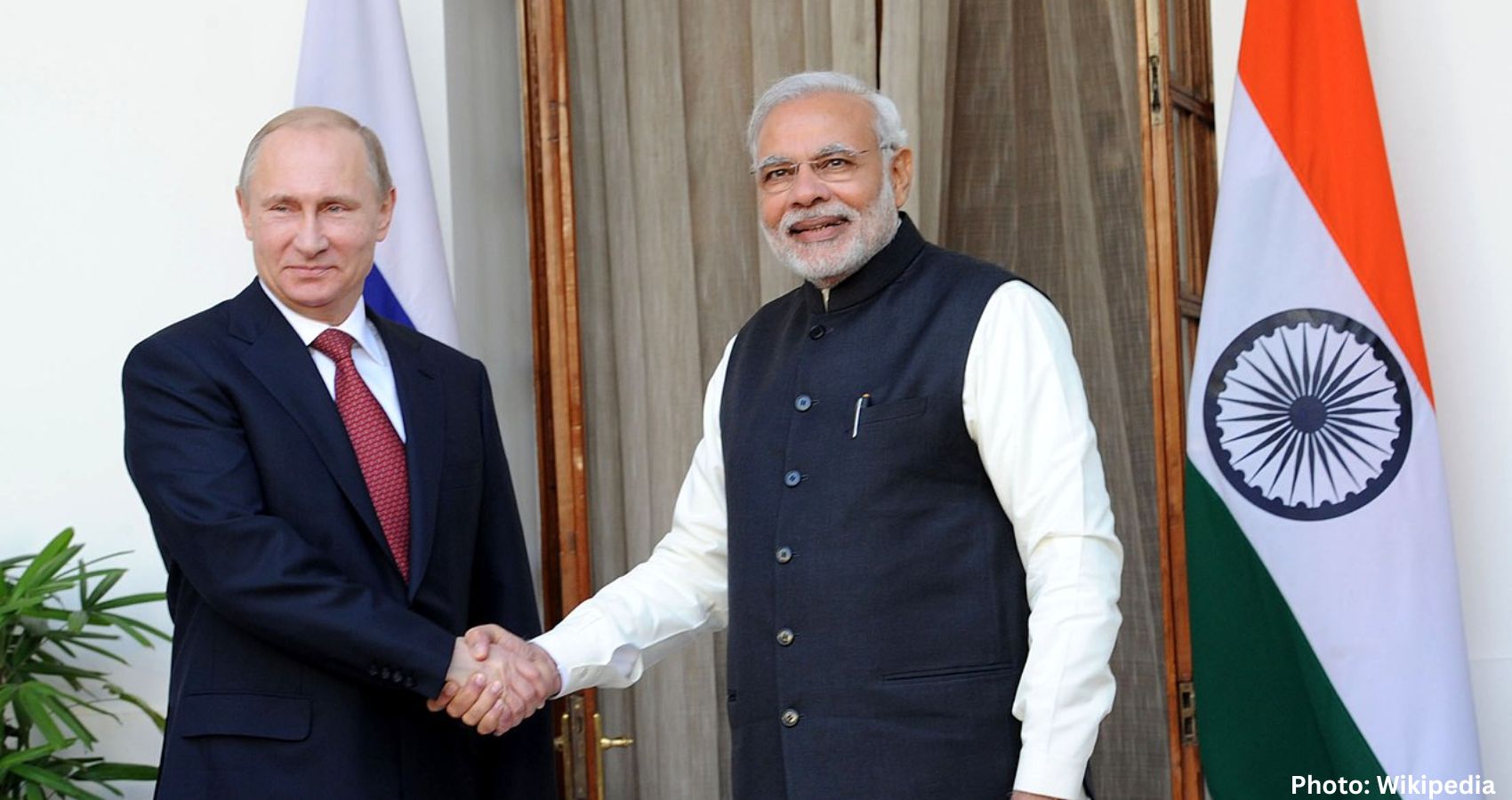

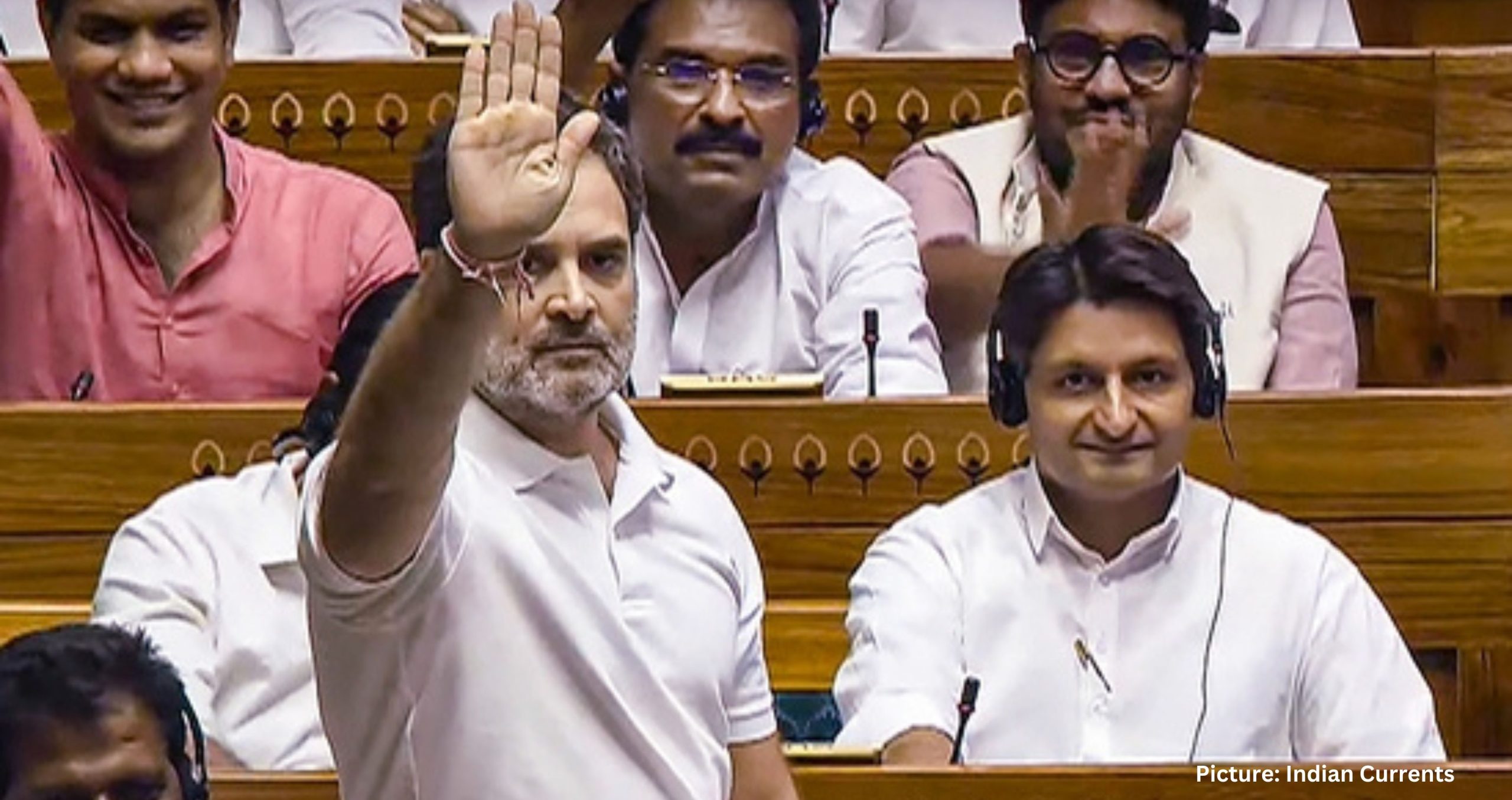
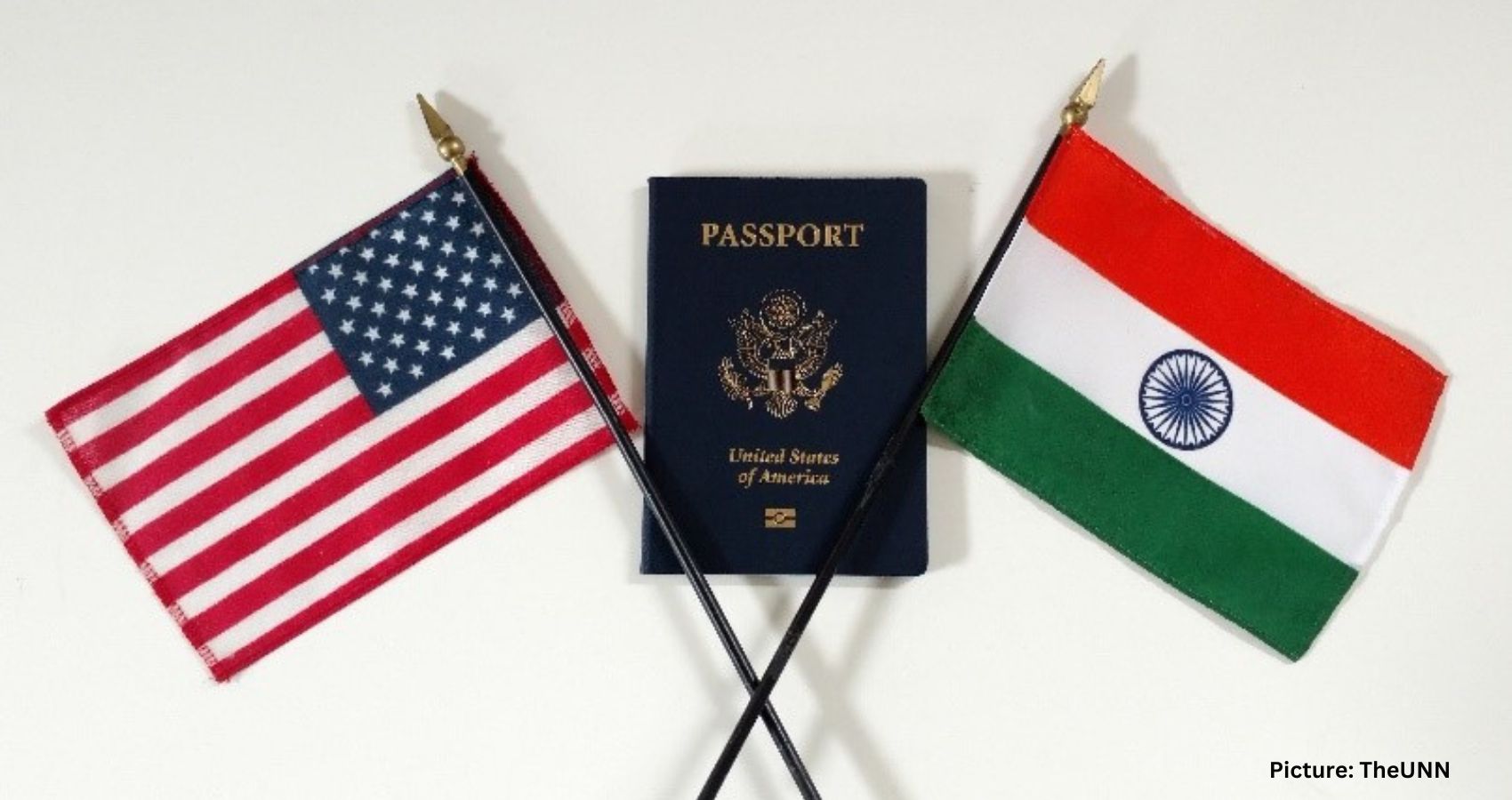
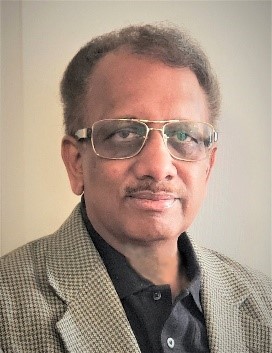 Author: Prof. Bellamkonda K. Kishore, M.D., Ph.D., MBA is an academician and innovator turned to entrepreneurship. He is an
Author: Prof. Bellamkonda K. Kishore, M.D., Ph.D., MBA is an academician and innovator turned to entrepreneurship. He is an 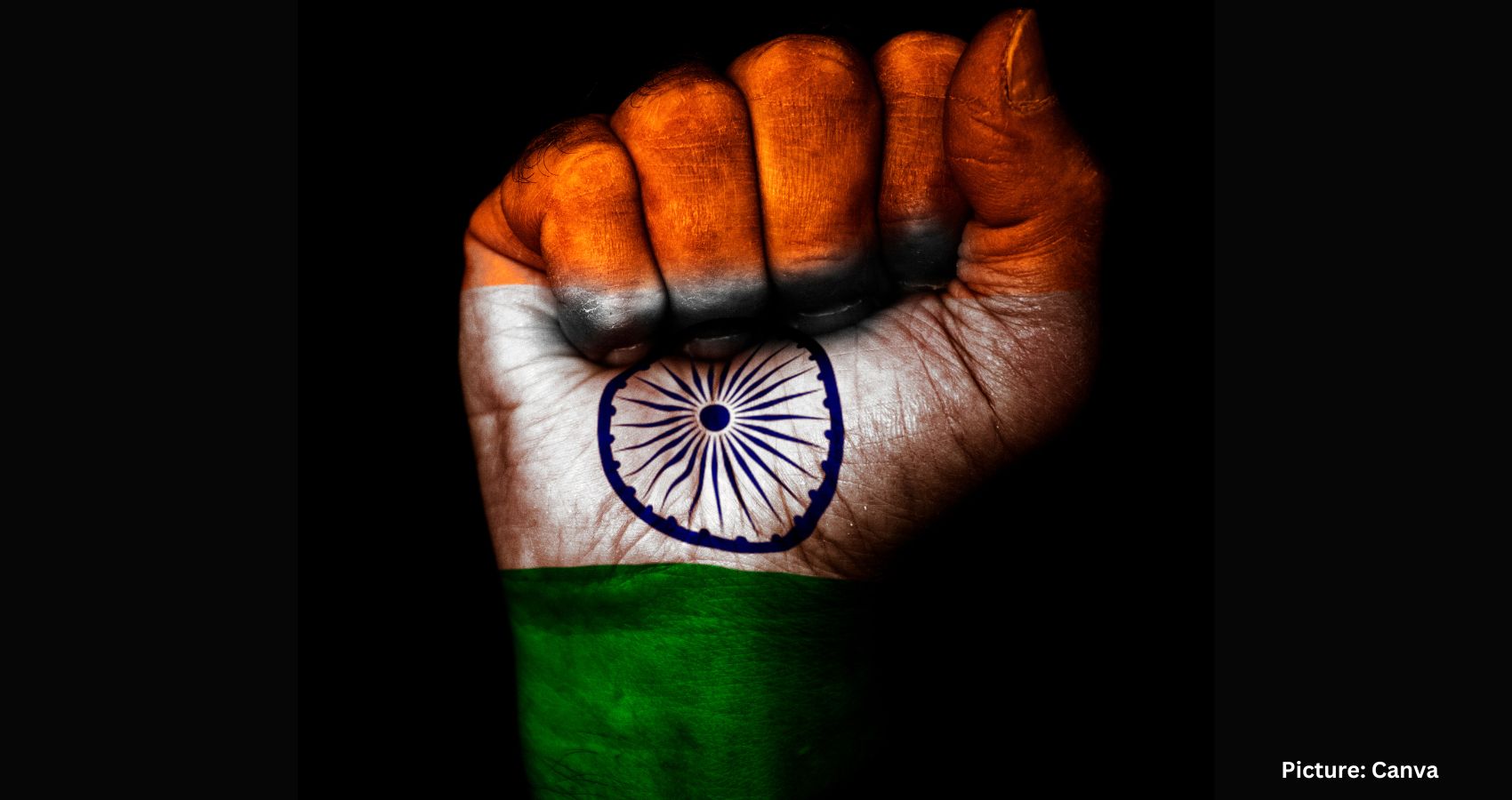


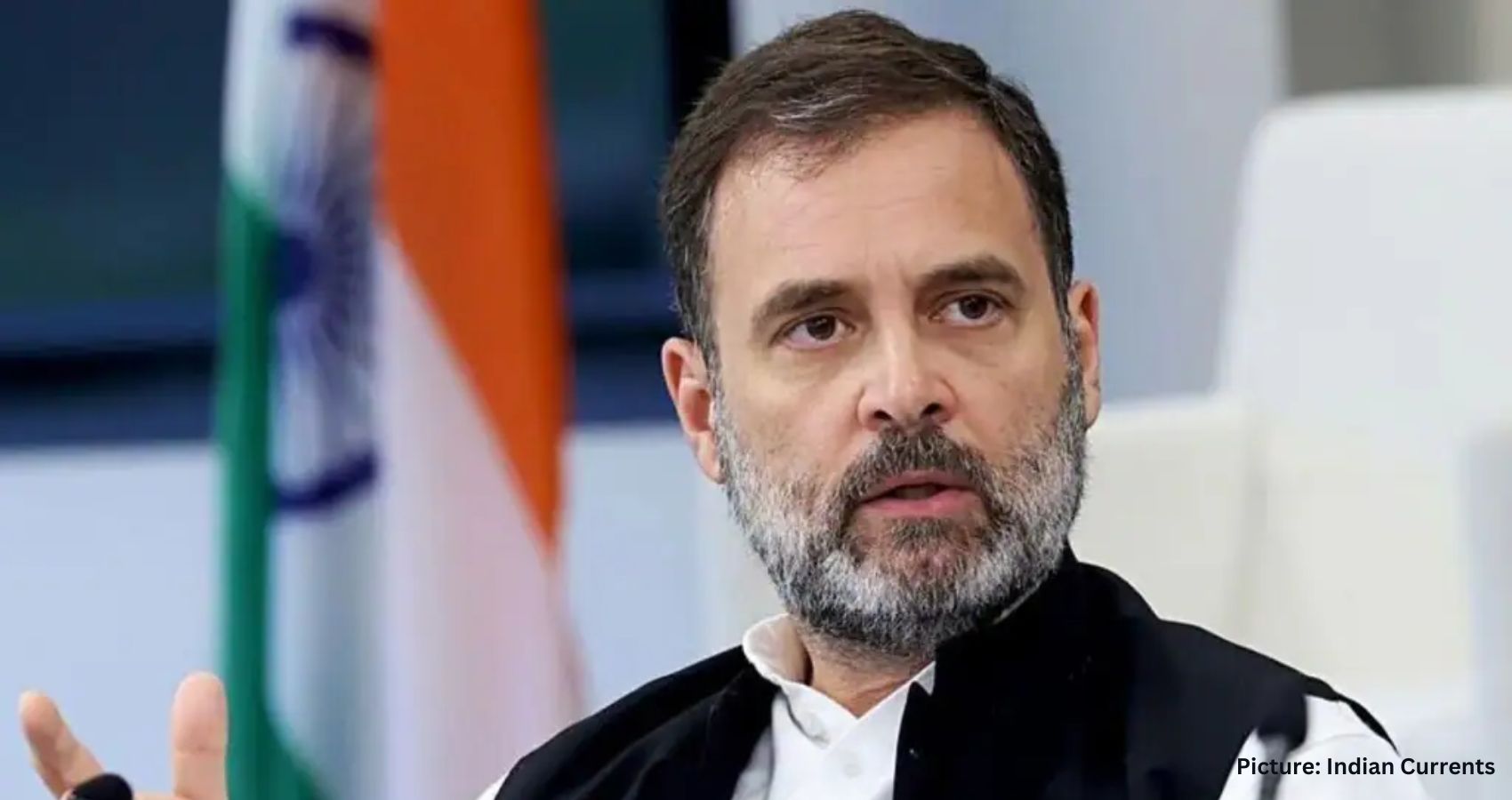
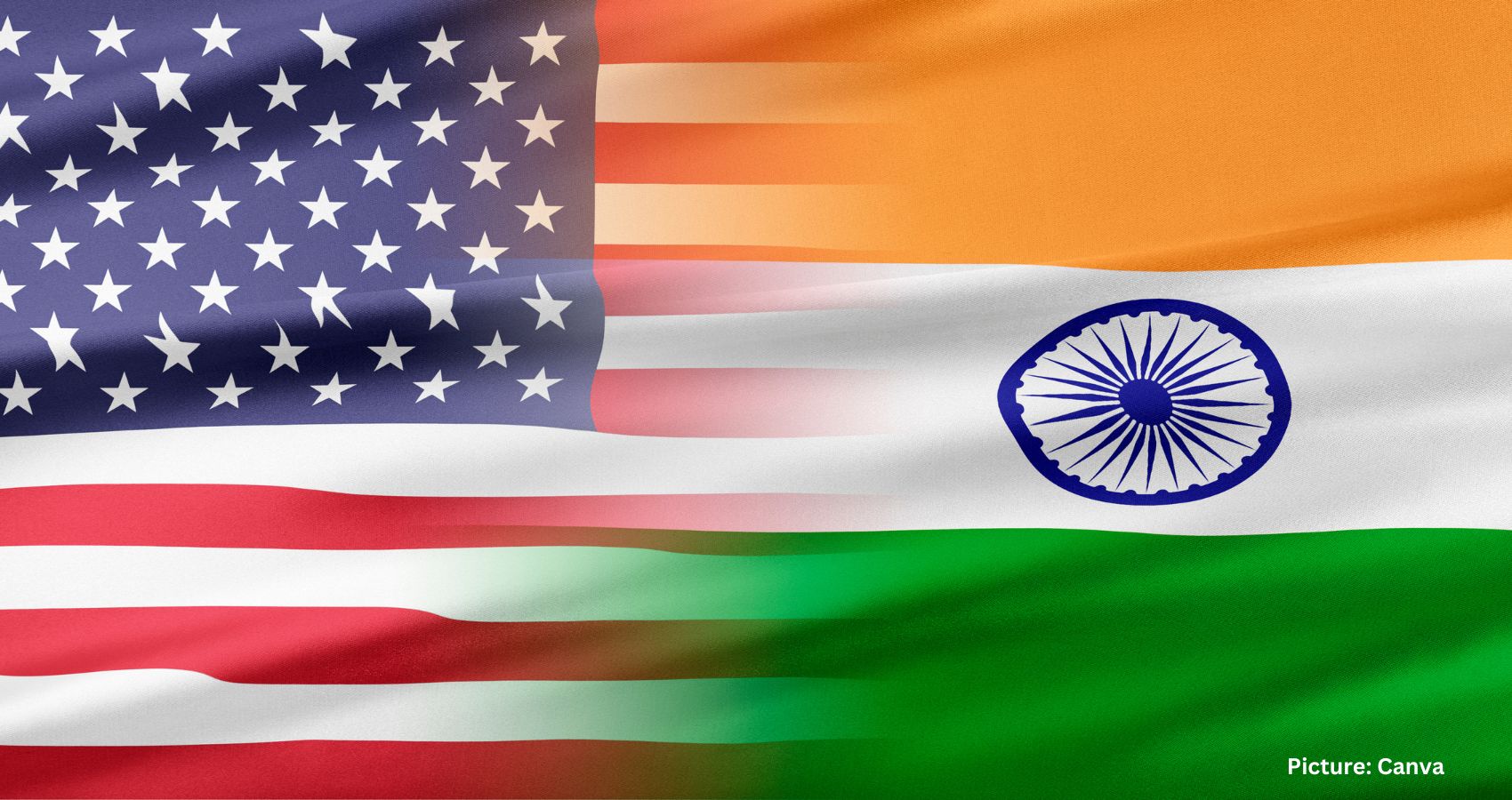

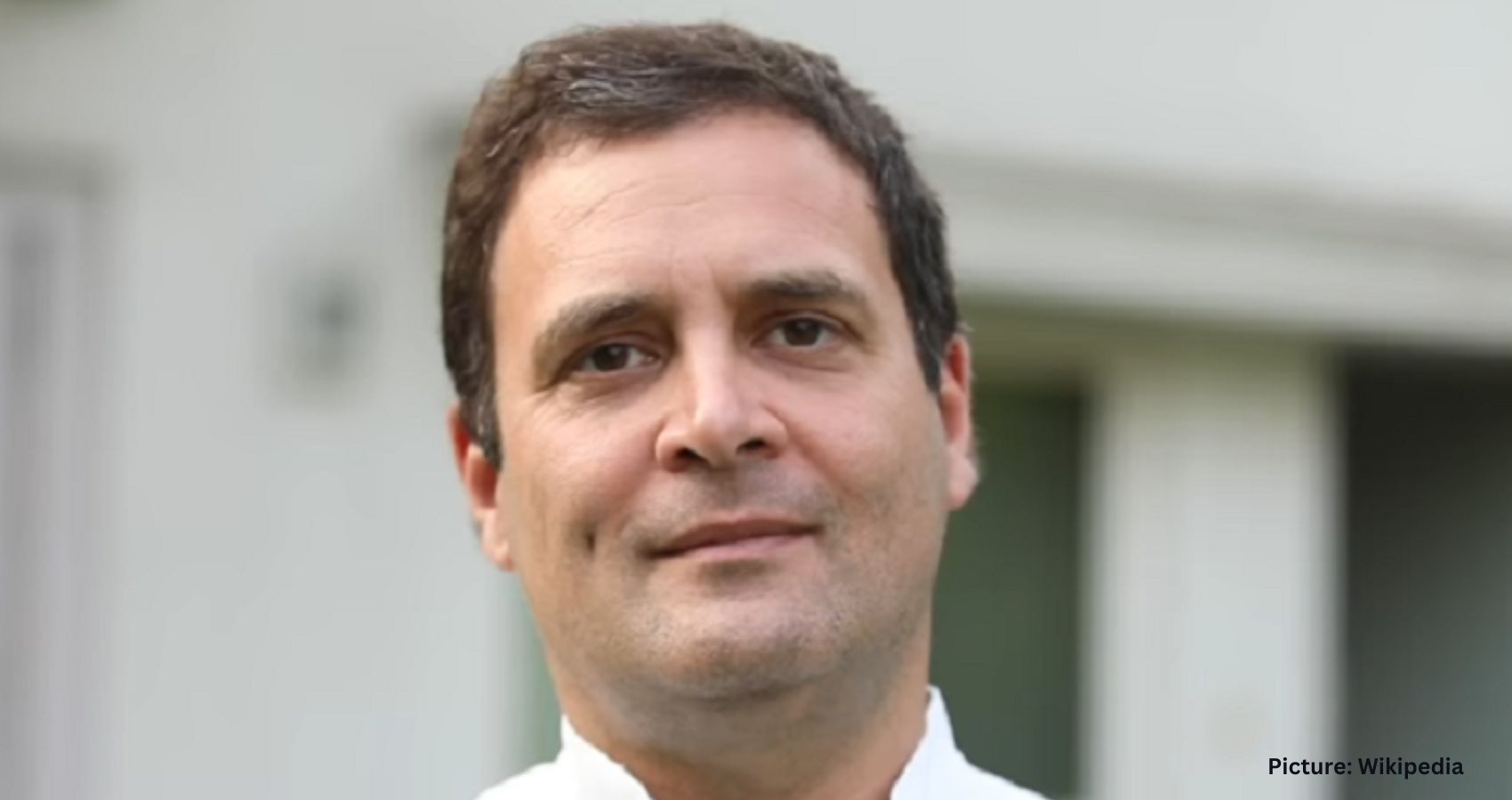

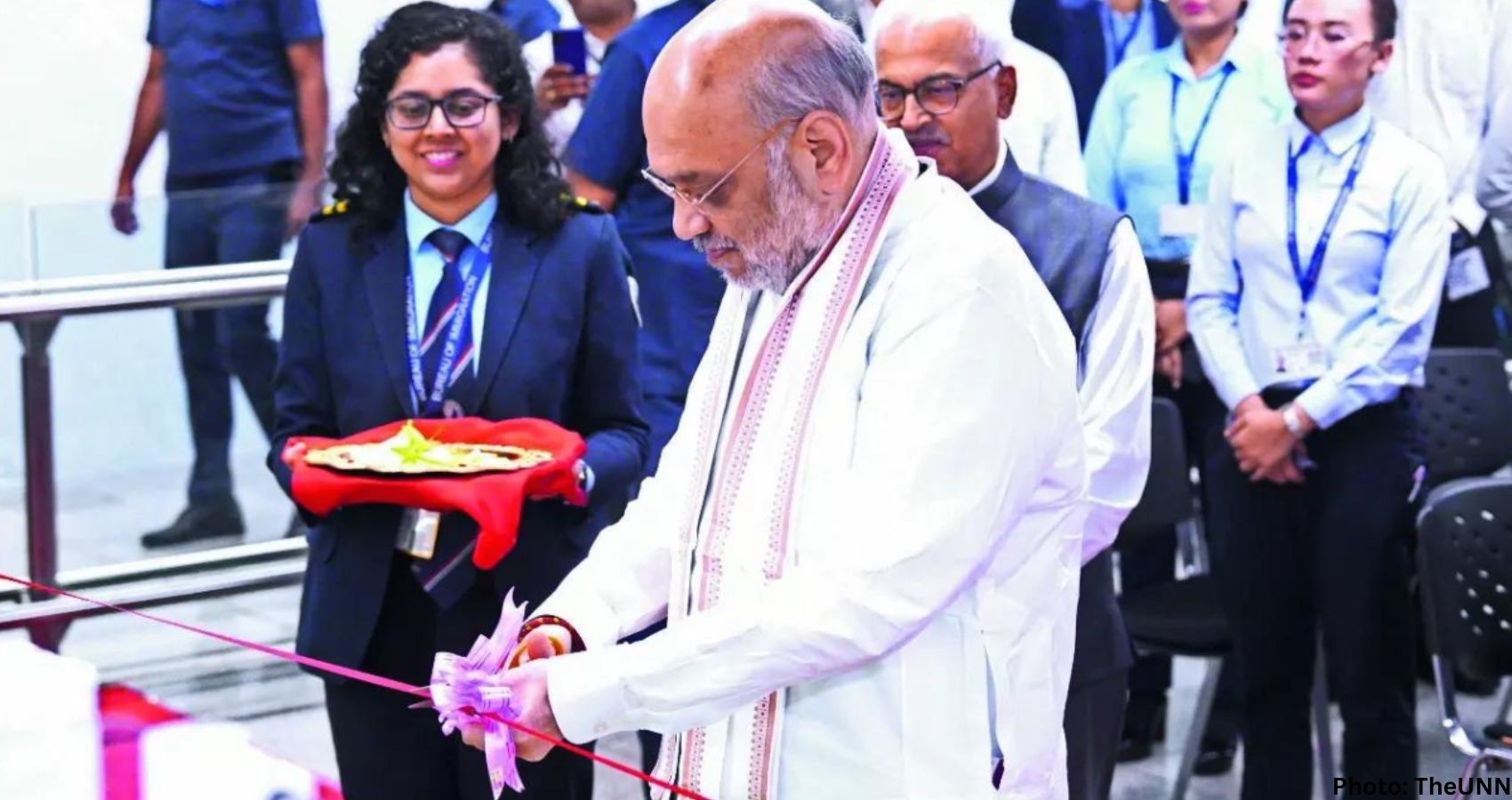
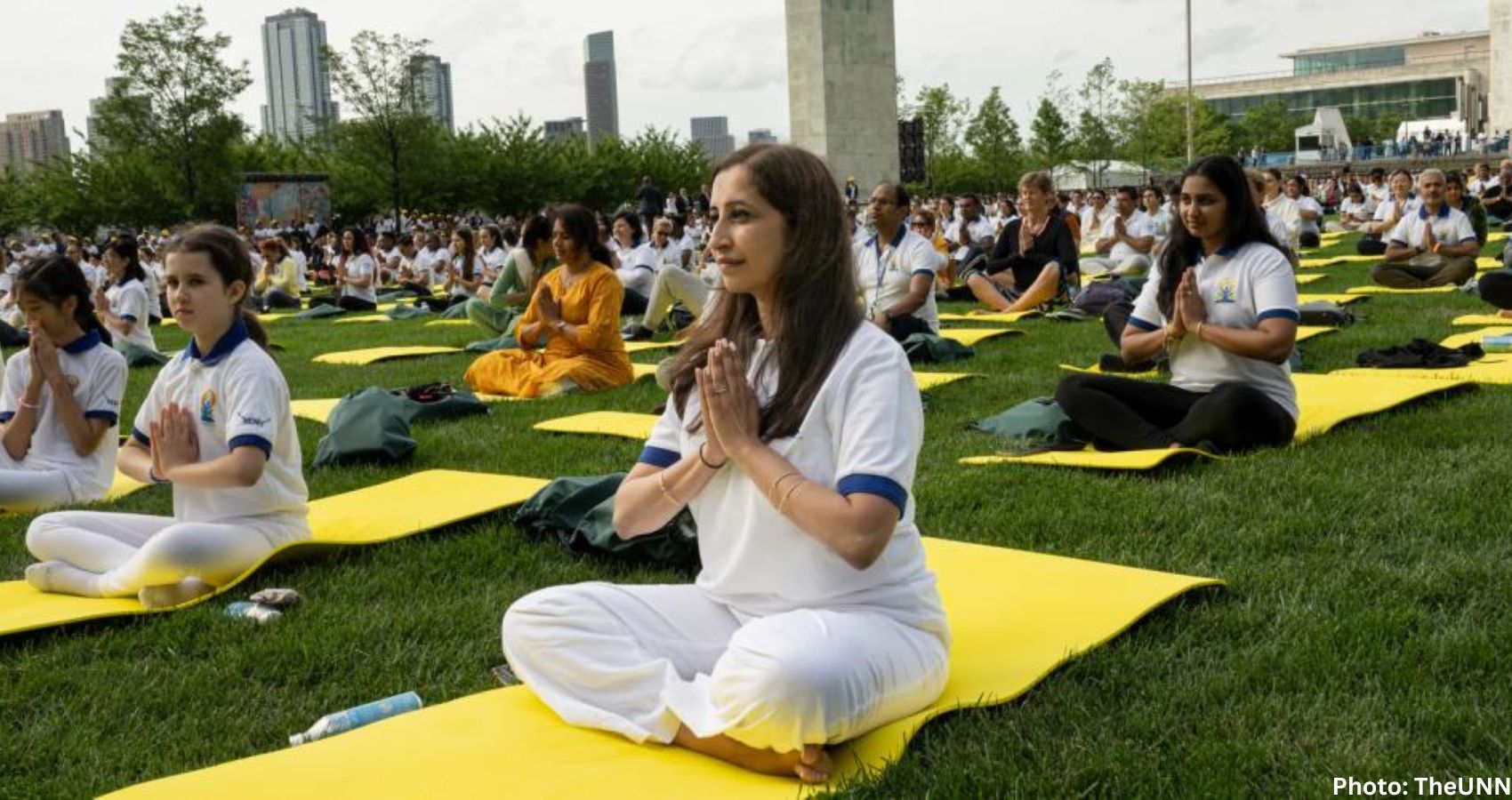
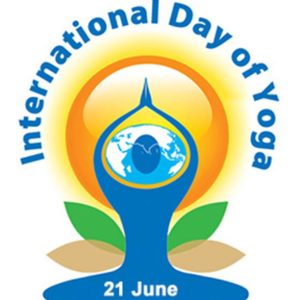

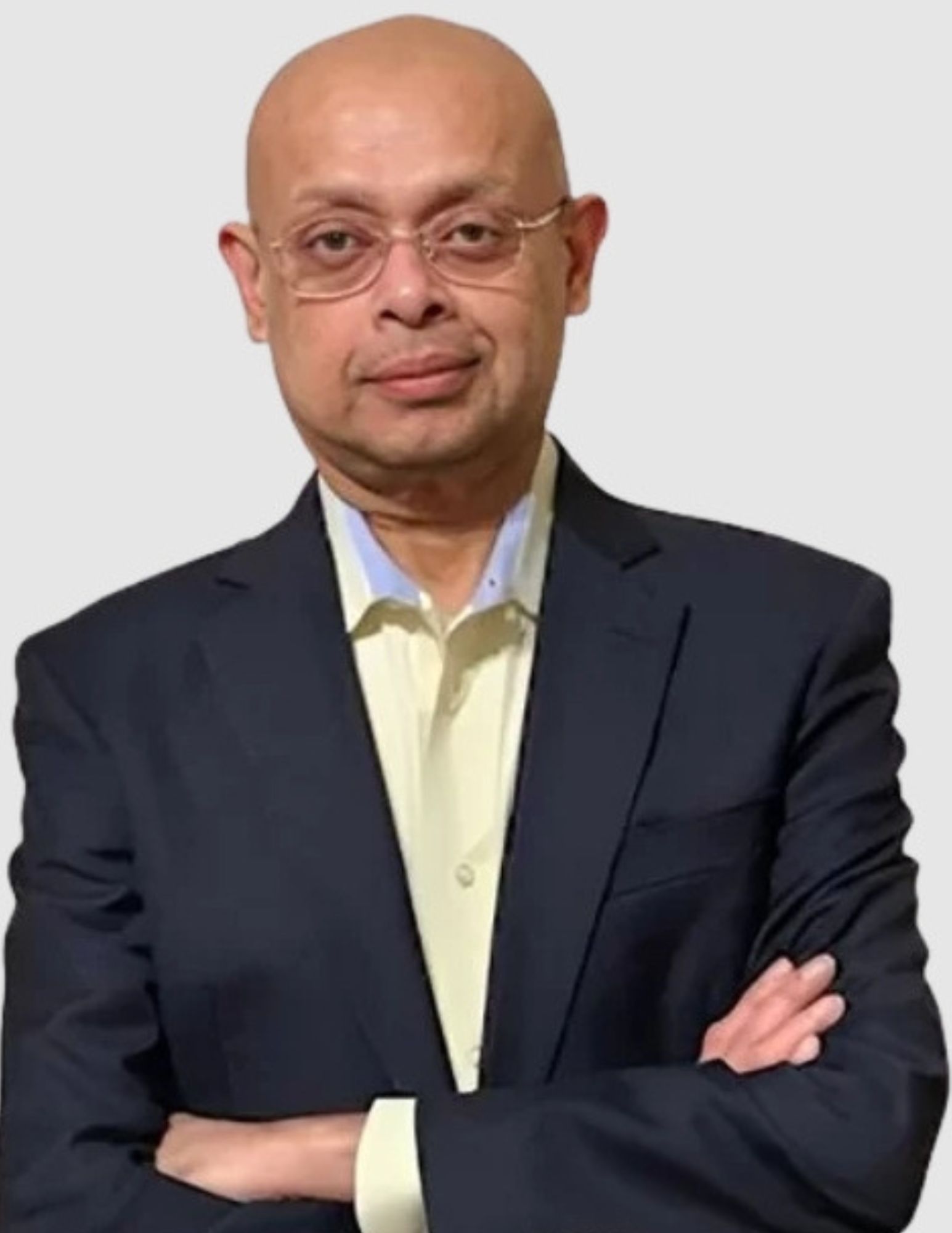 Dr. Indranill Basu-Ray is a Cardiac Electrophysiologist and a Professor of Cardiology and Public health, based in Memphis, Tennessee, USA. He is the Founder Chairman of American Academy for Yoga in Medicine.
Dr. Indranill Basu-Ray is a Cardiac Electrophysiologist and a Professor of Cardiology and Public health, based in Memphis, Tennessee, USA. He is the Founder Chairman of American Academy for Yoga in Medicine.
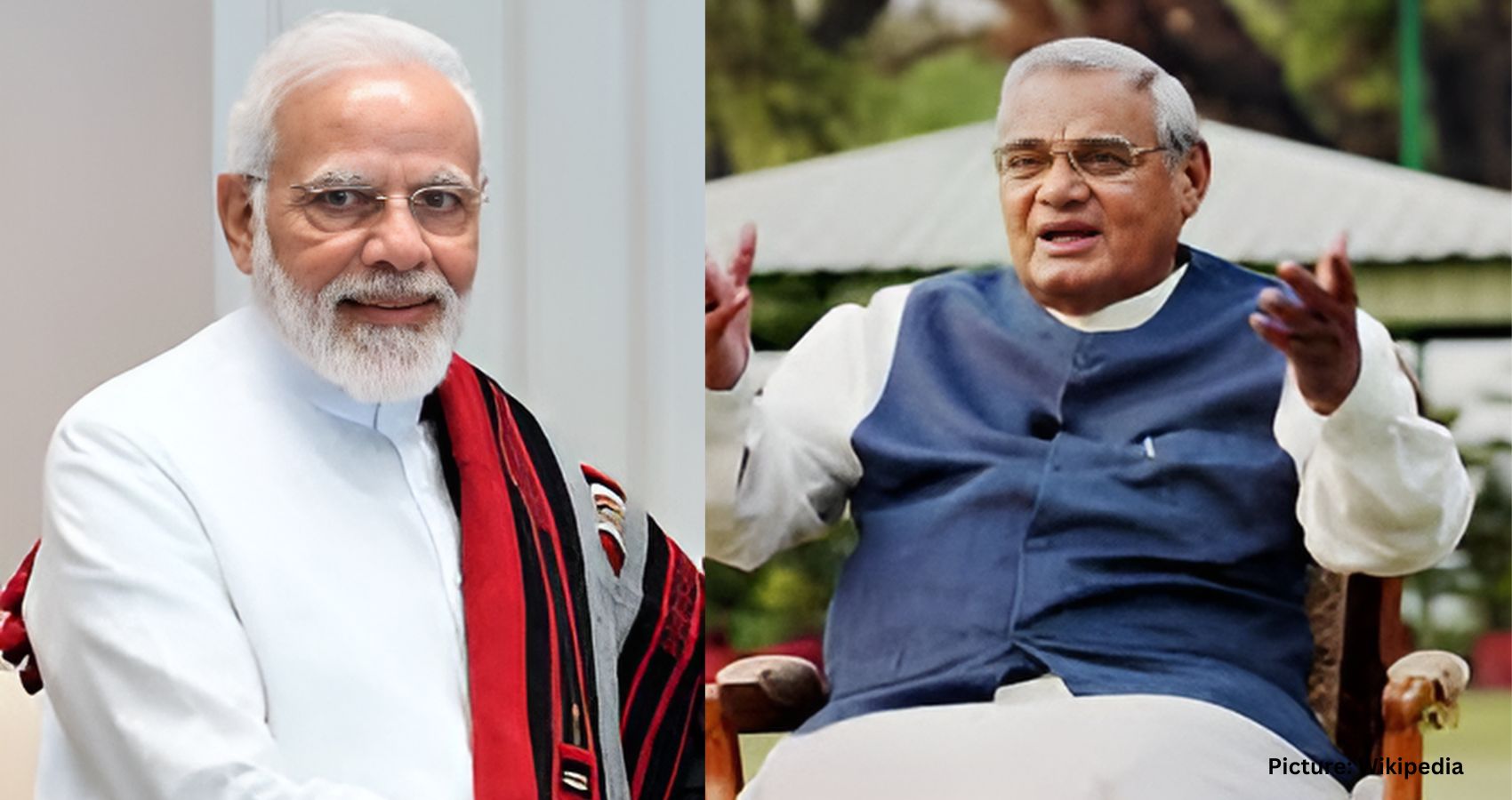
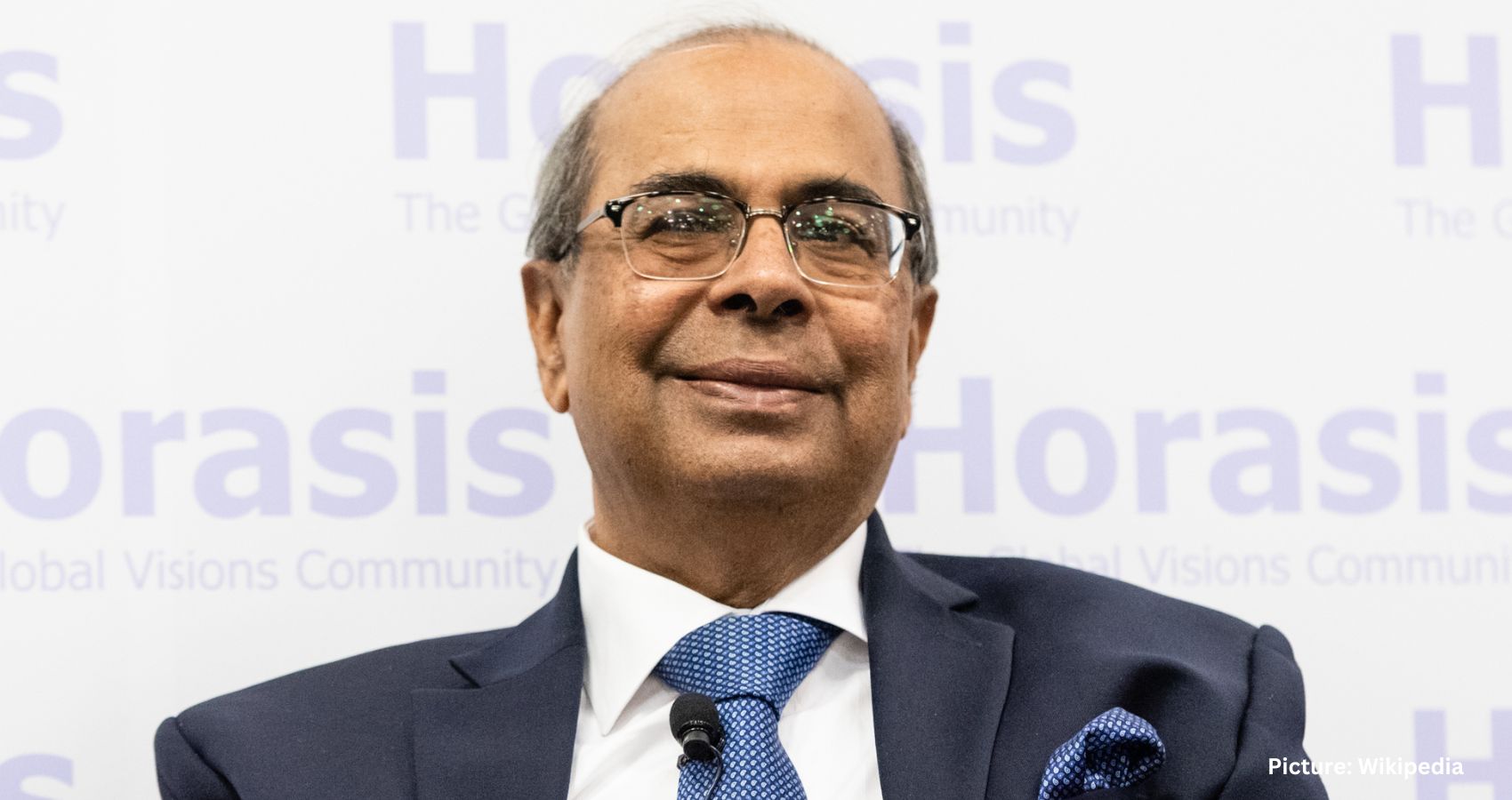
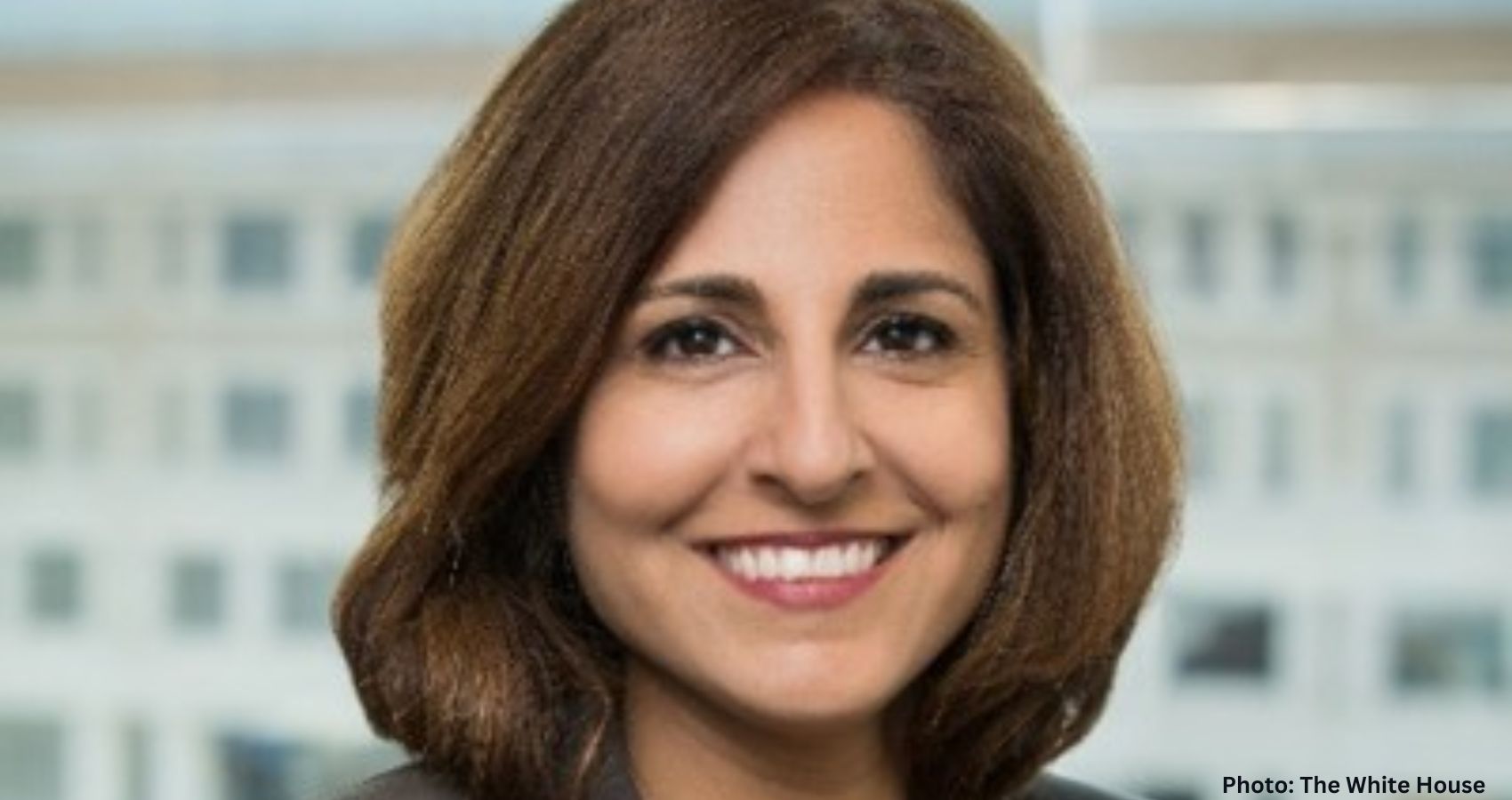
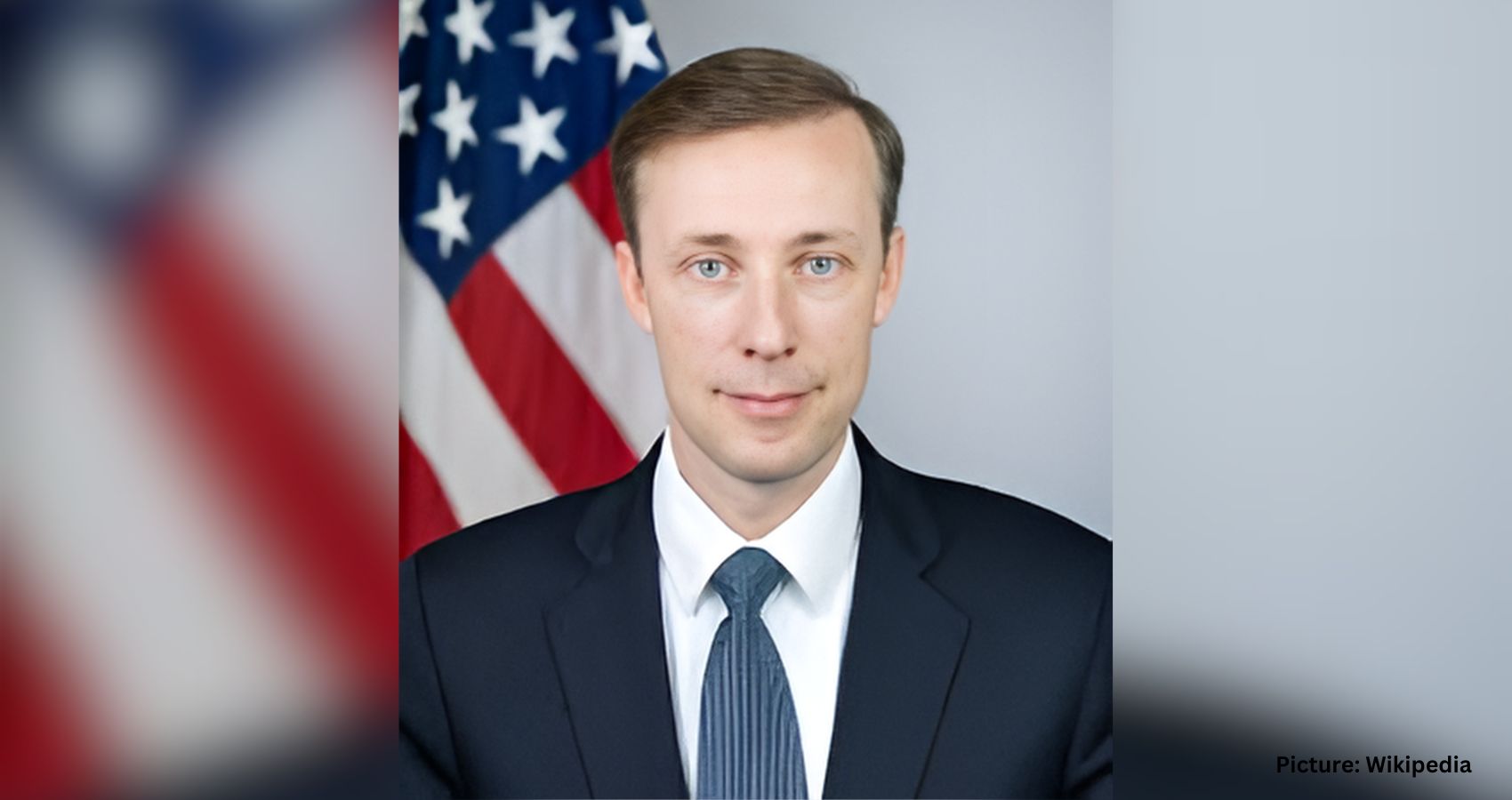
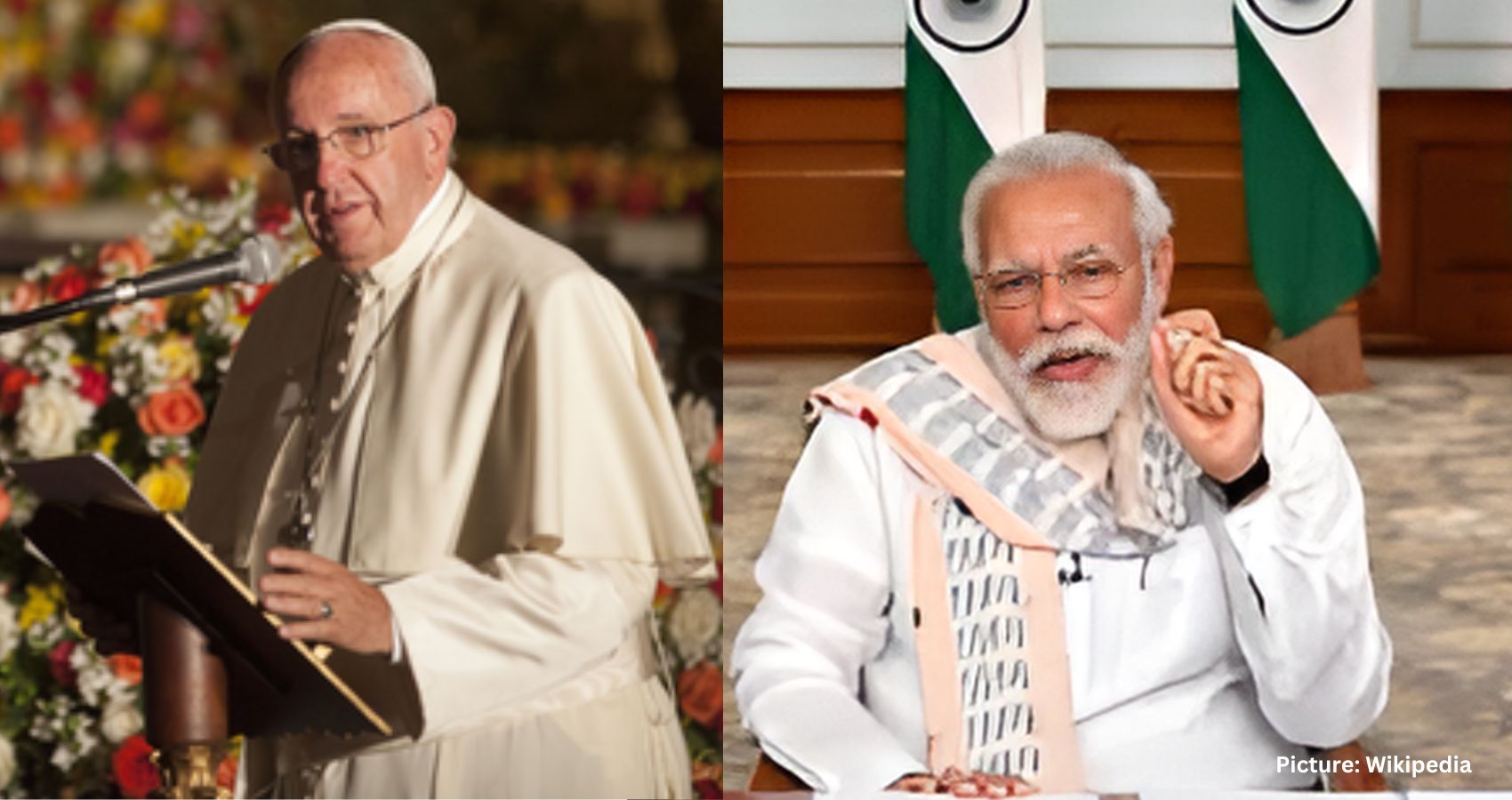
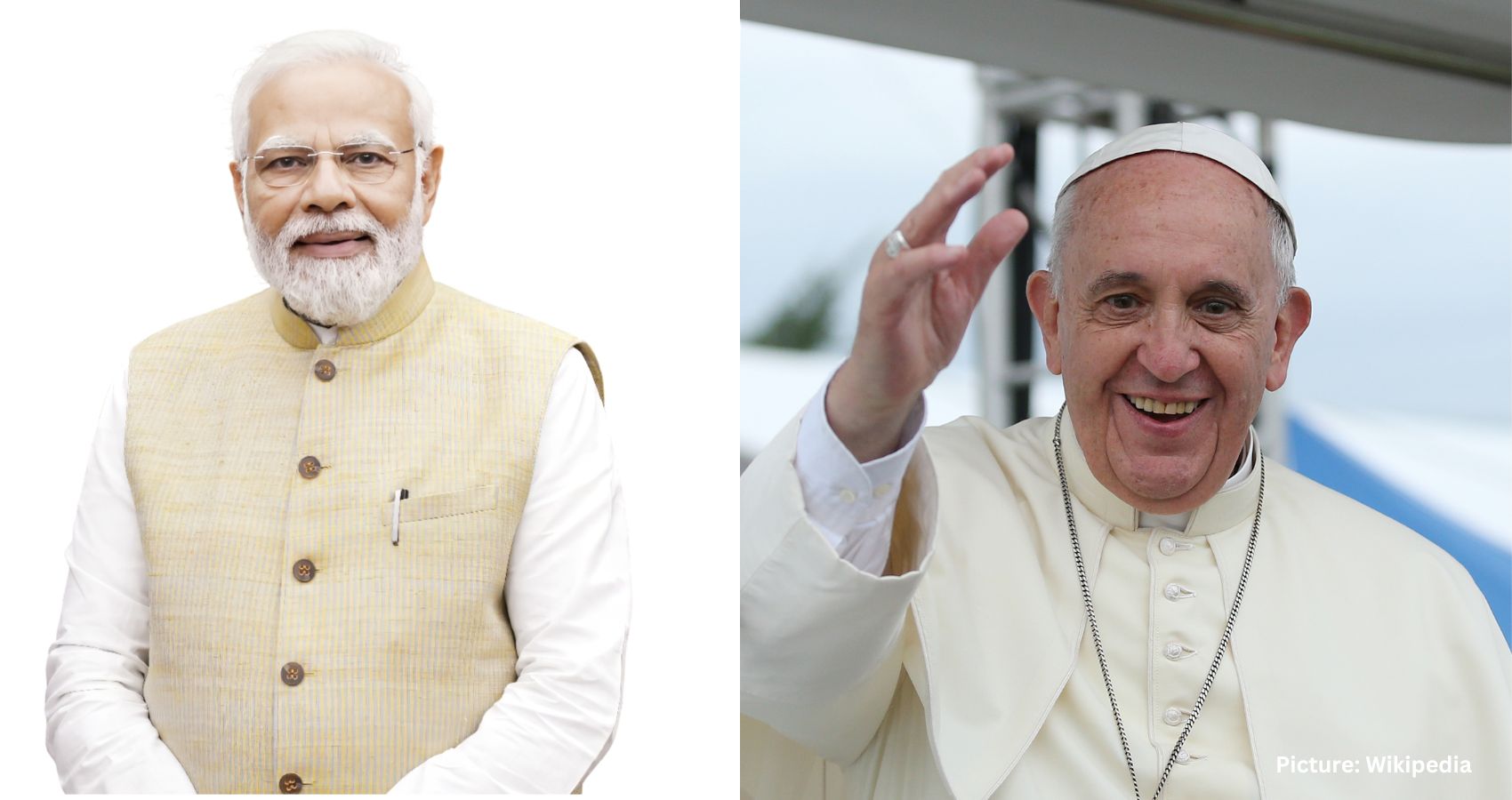
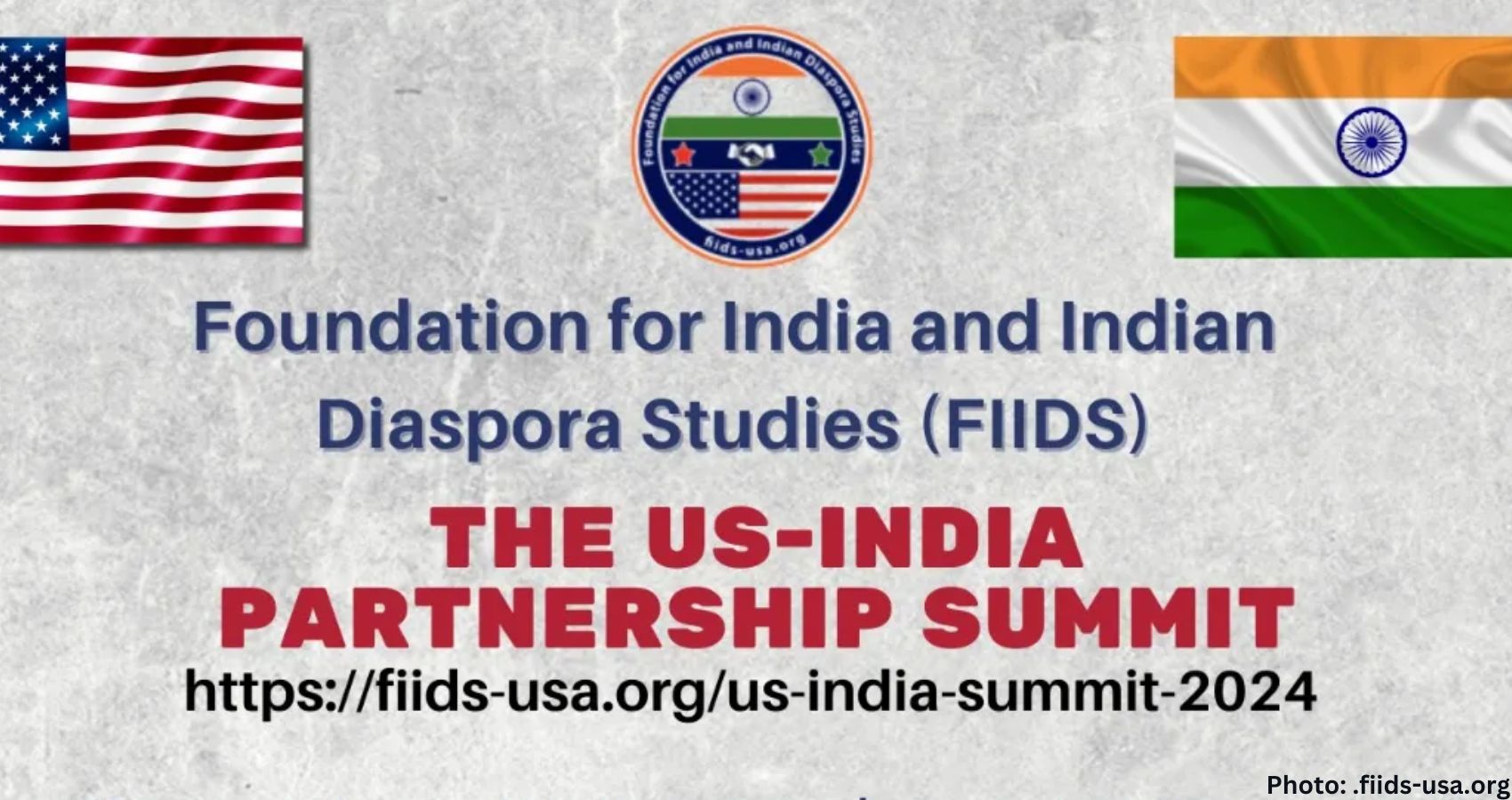

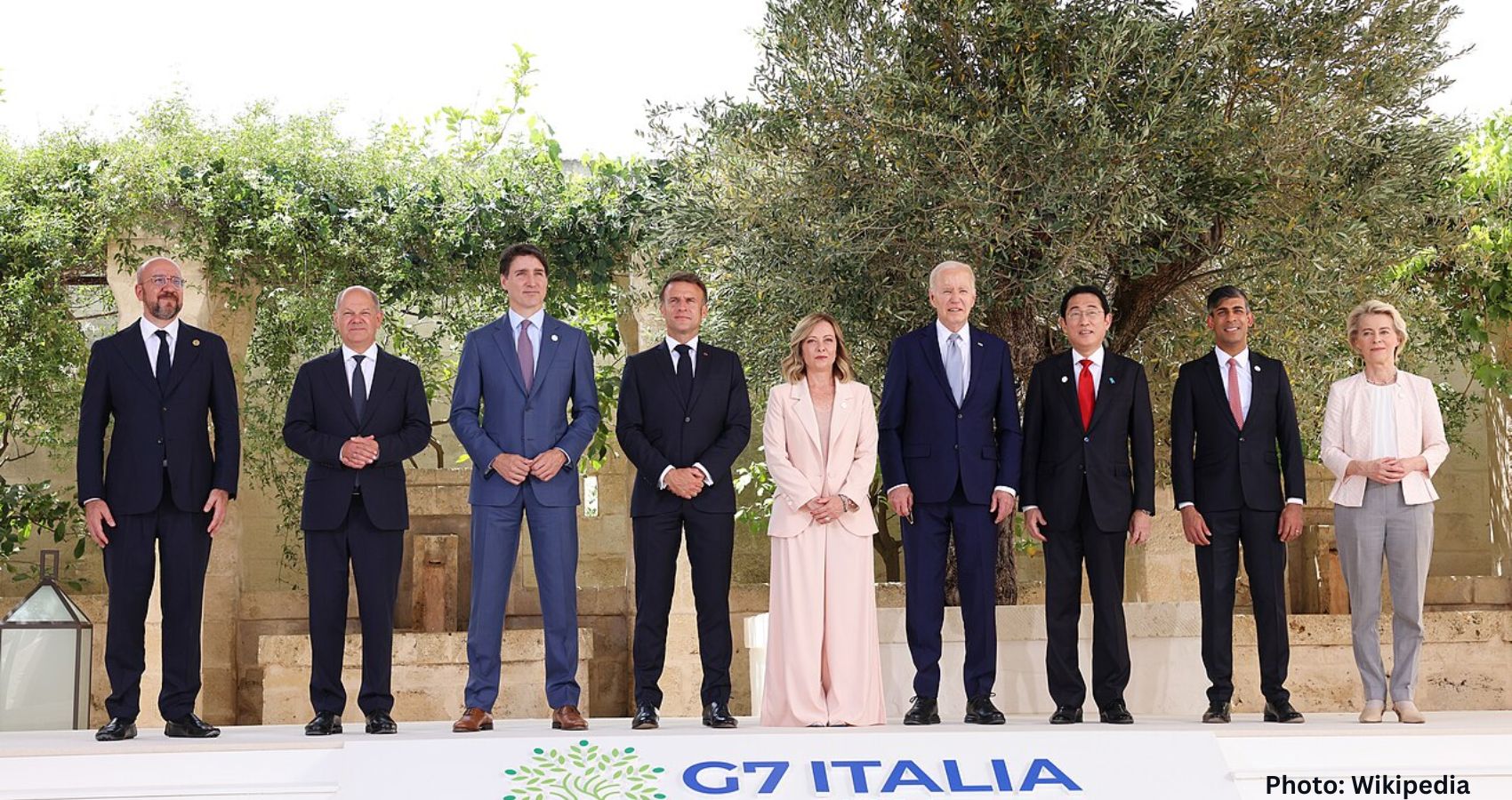

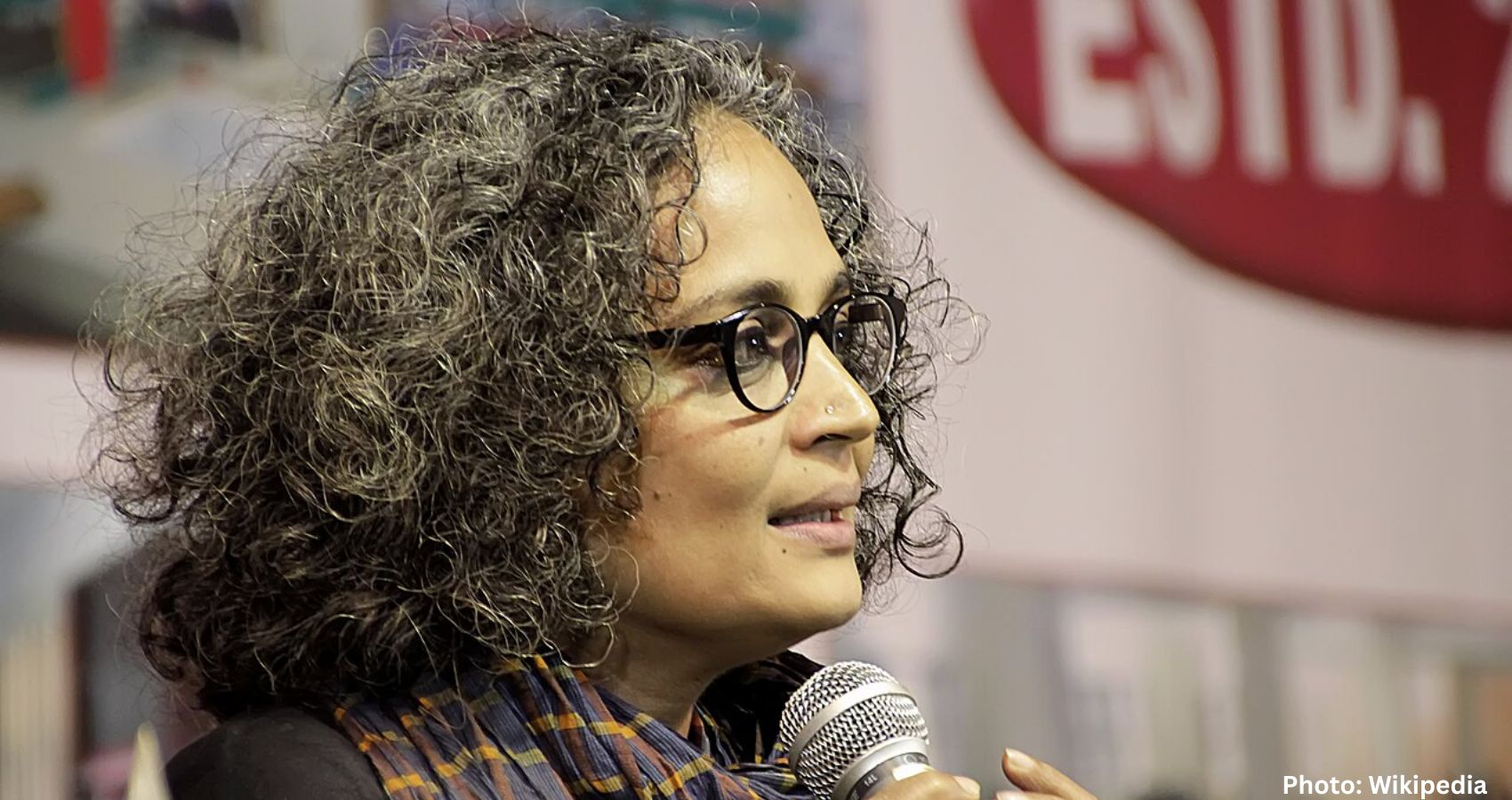


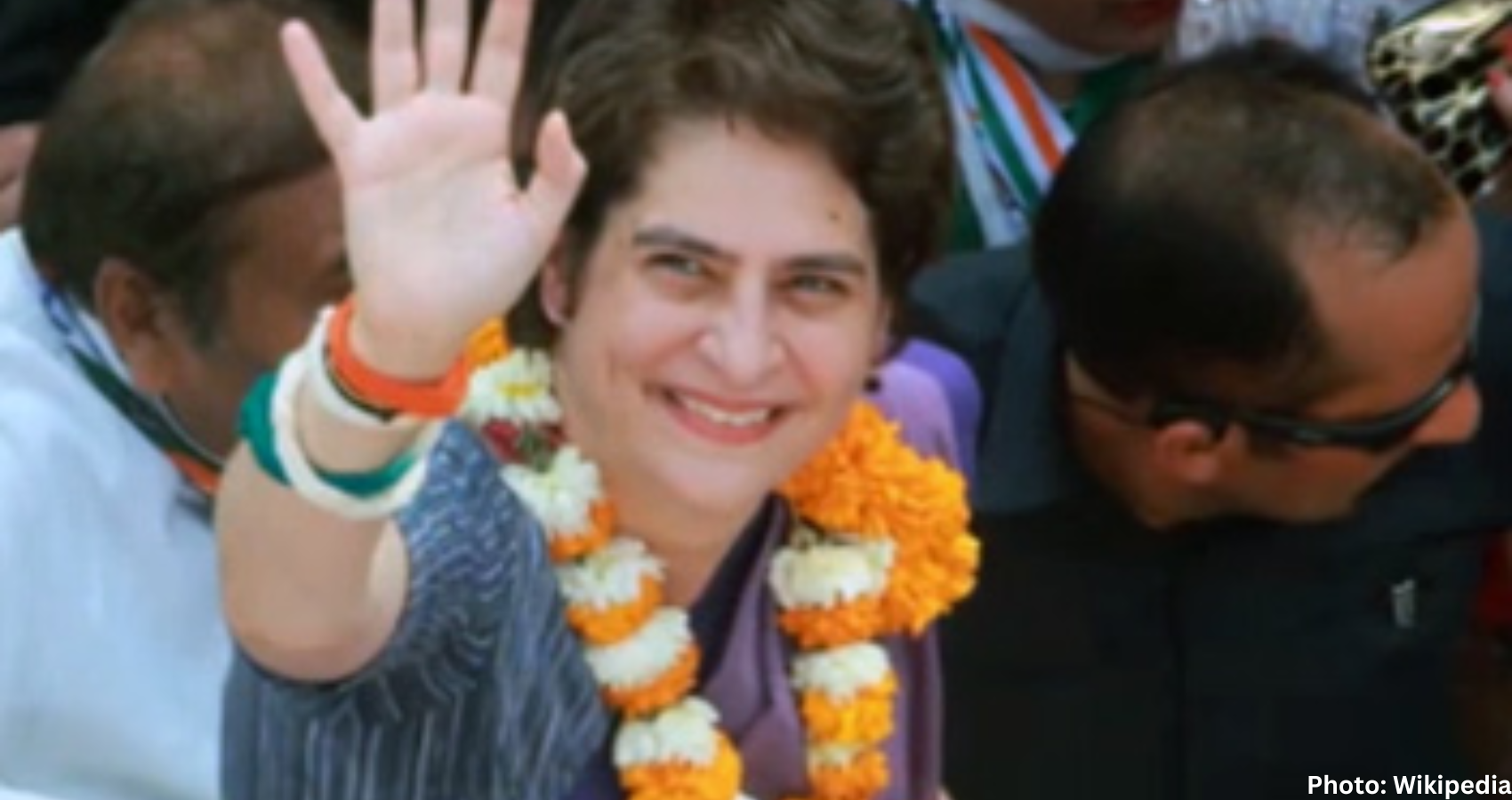

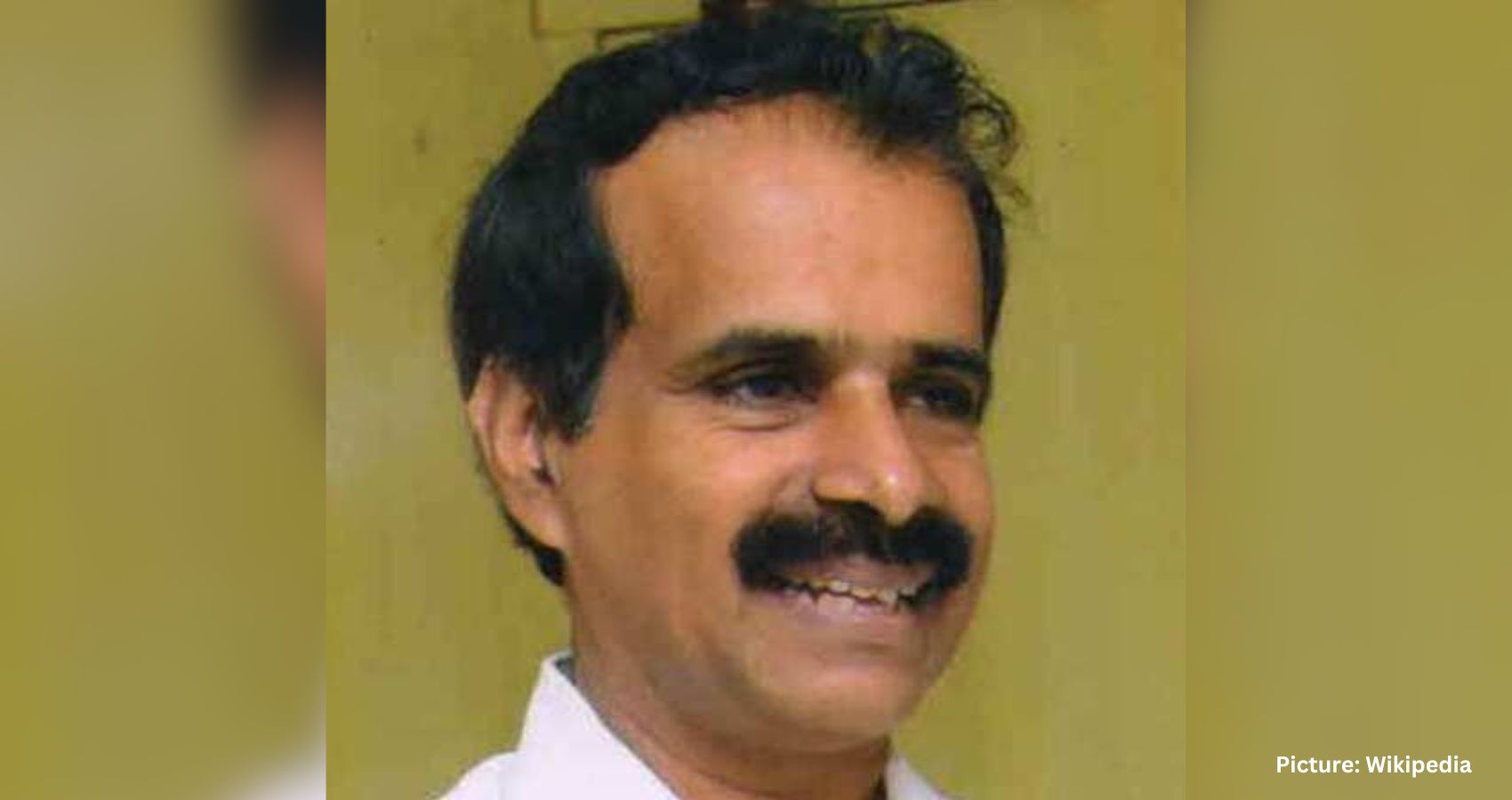
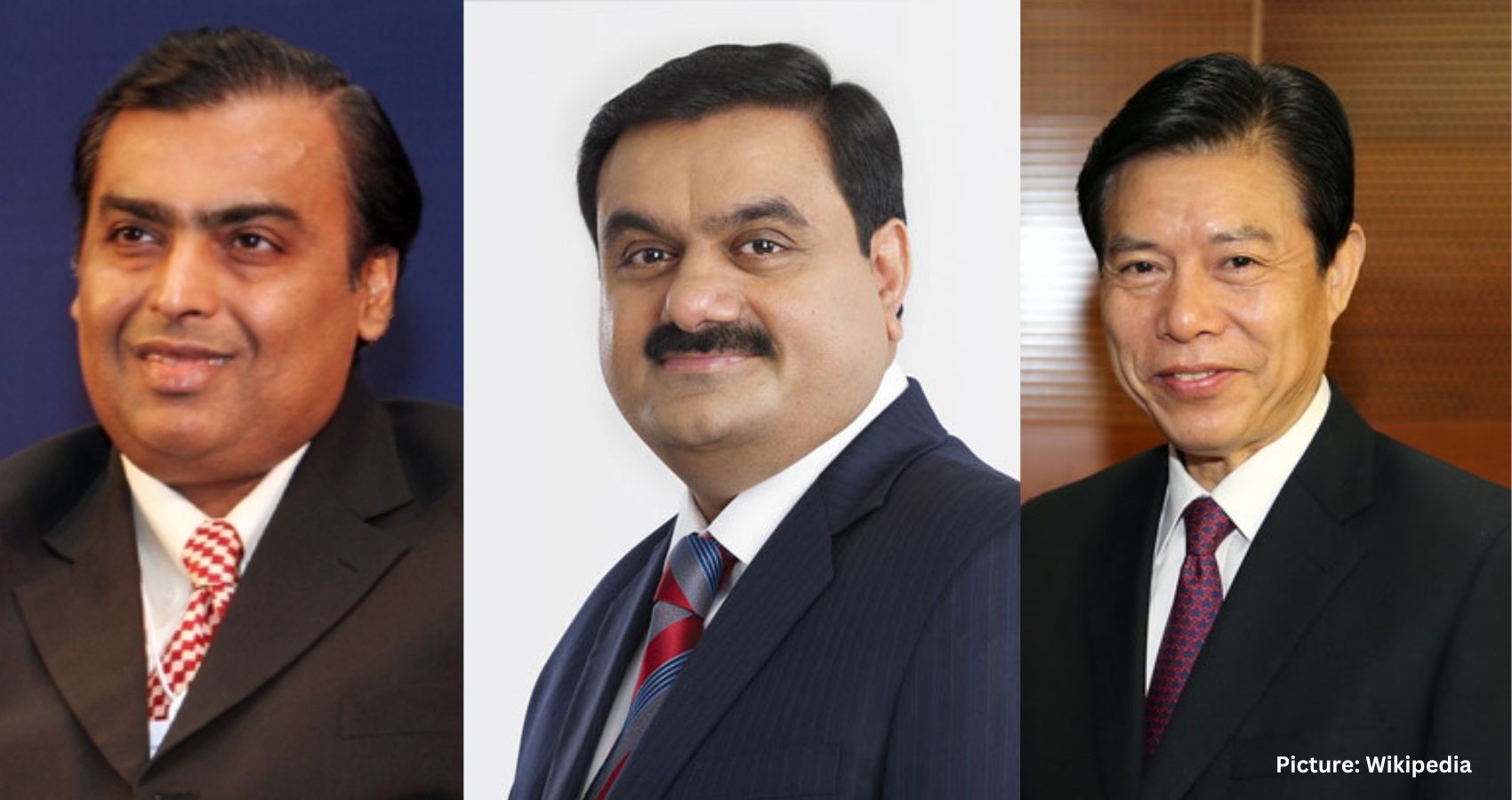

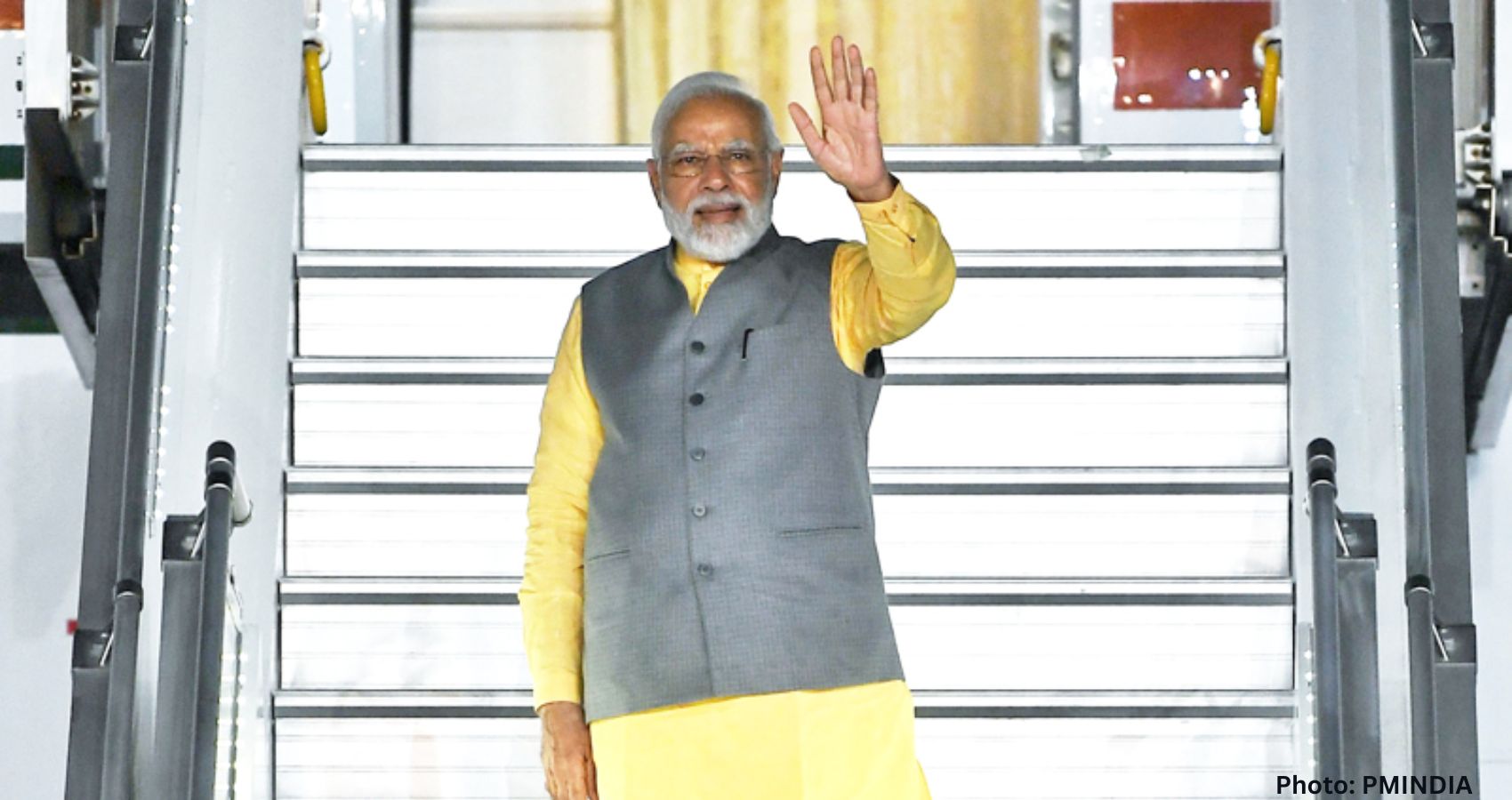


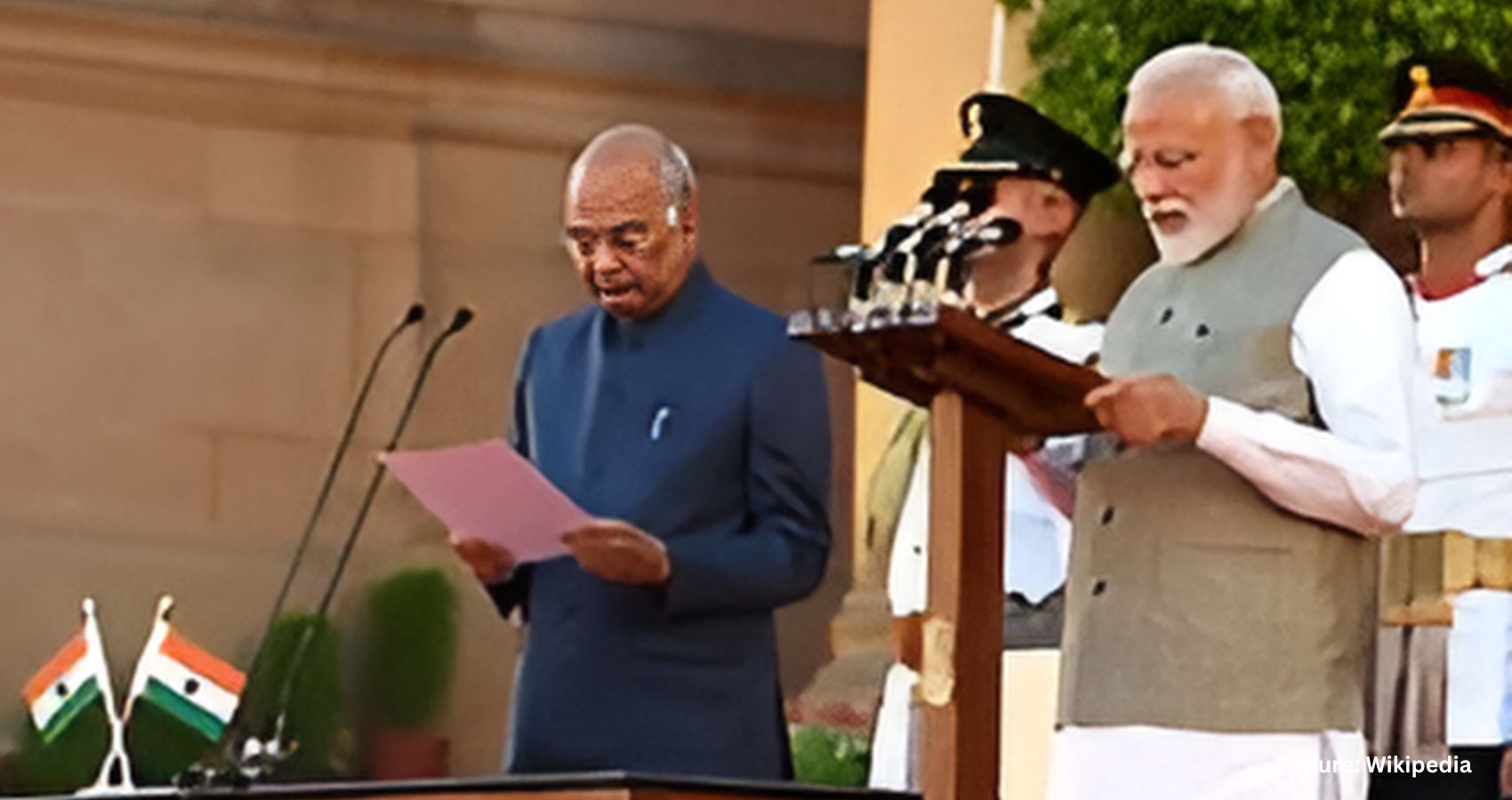
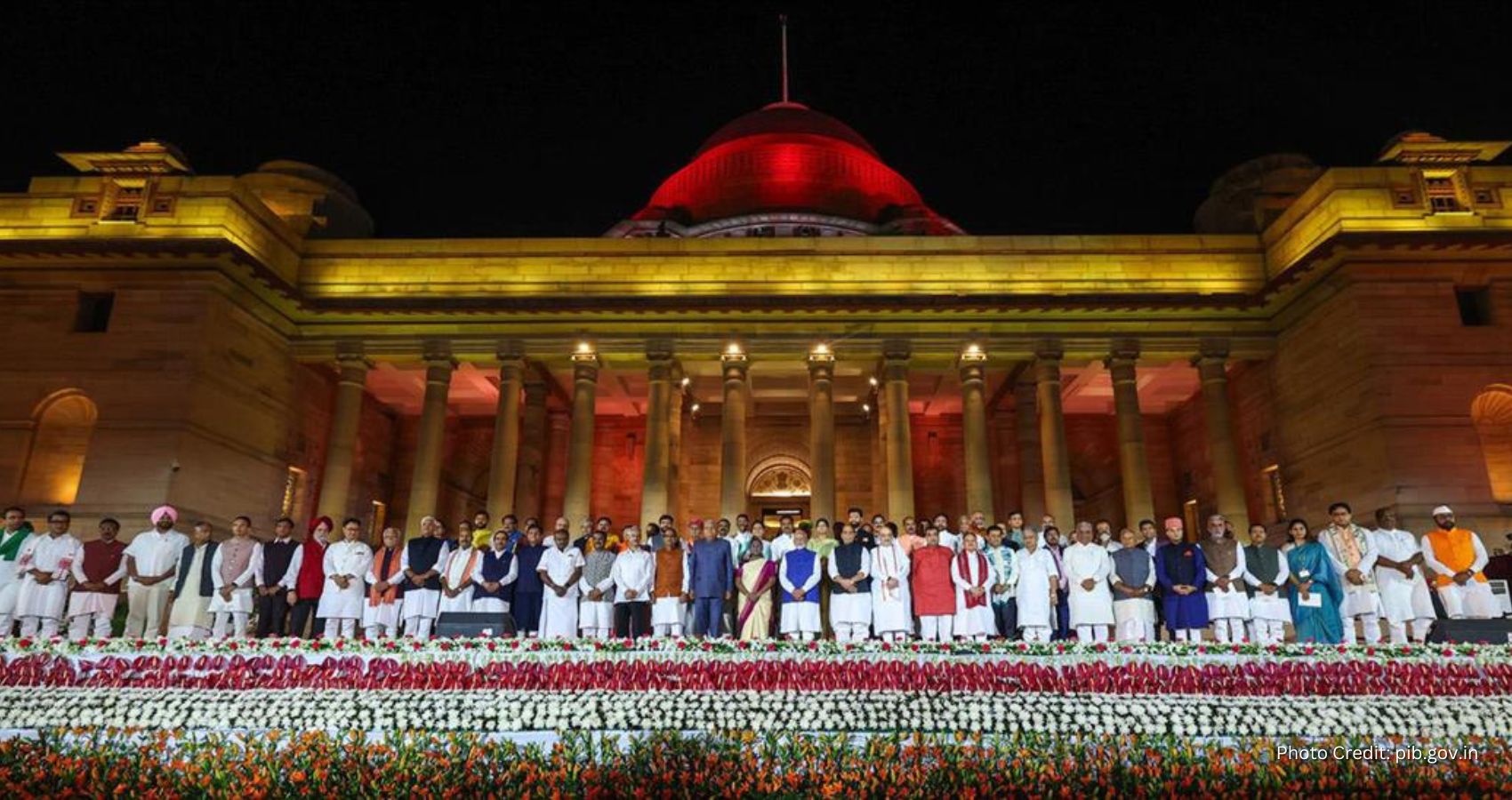
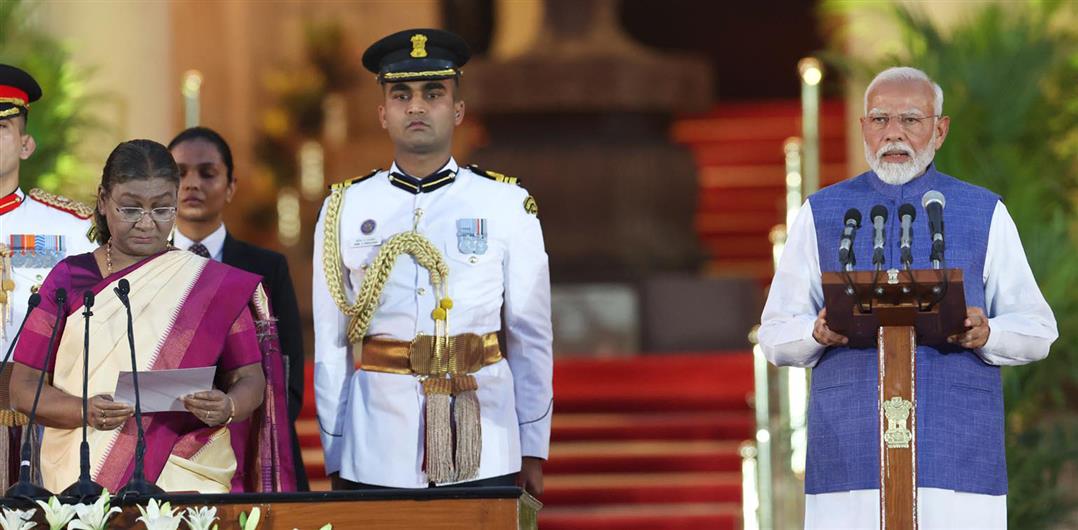
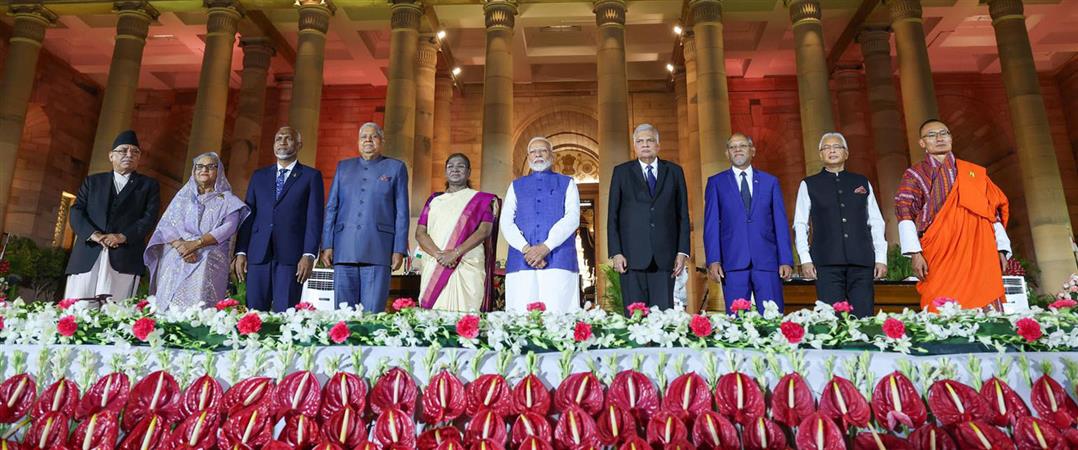
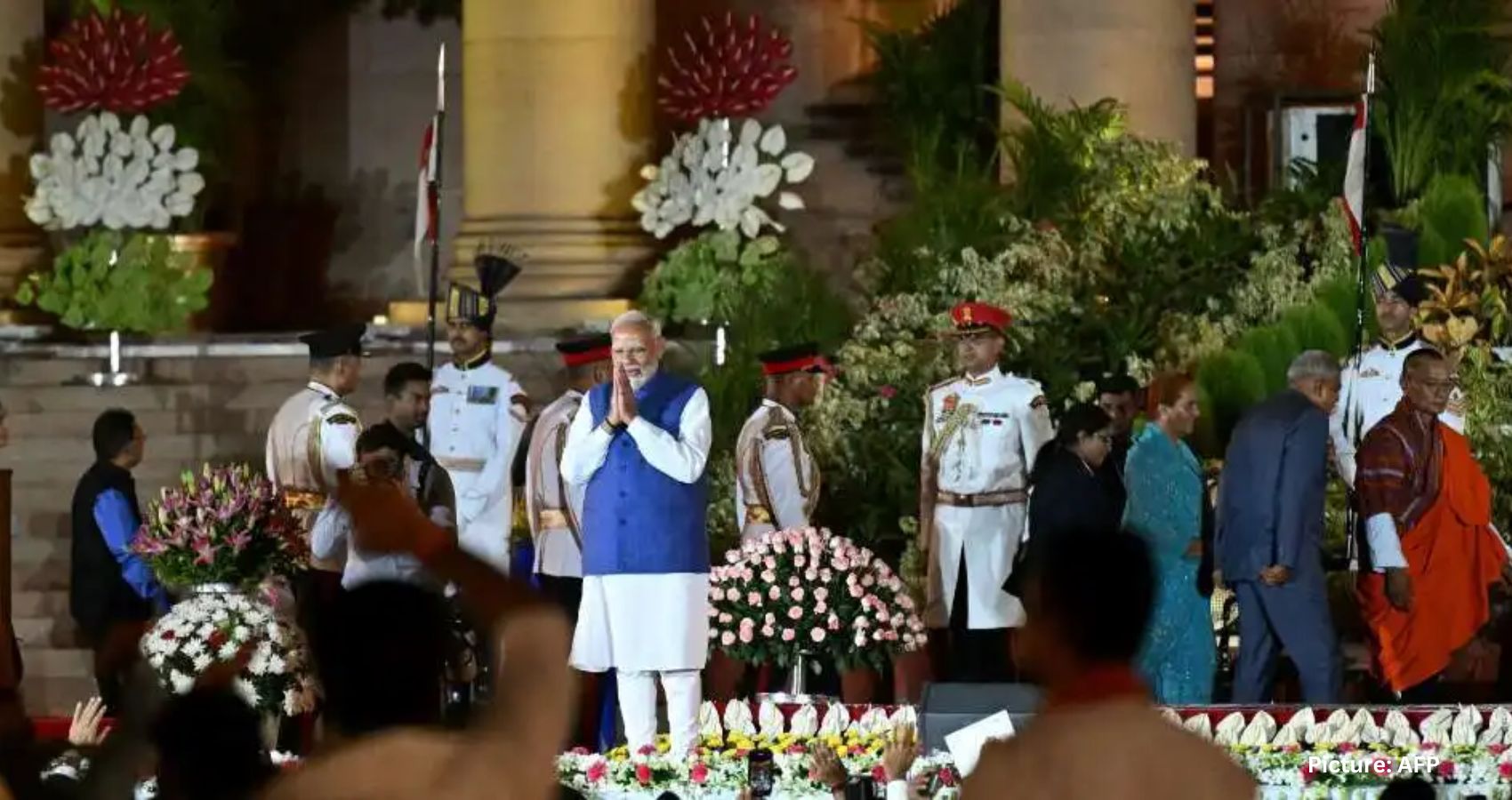
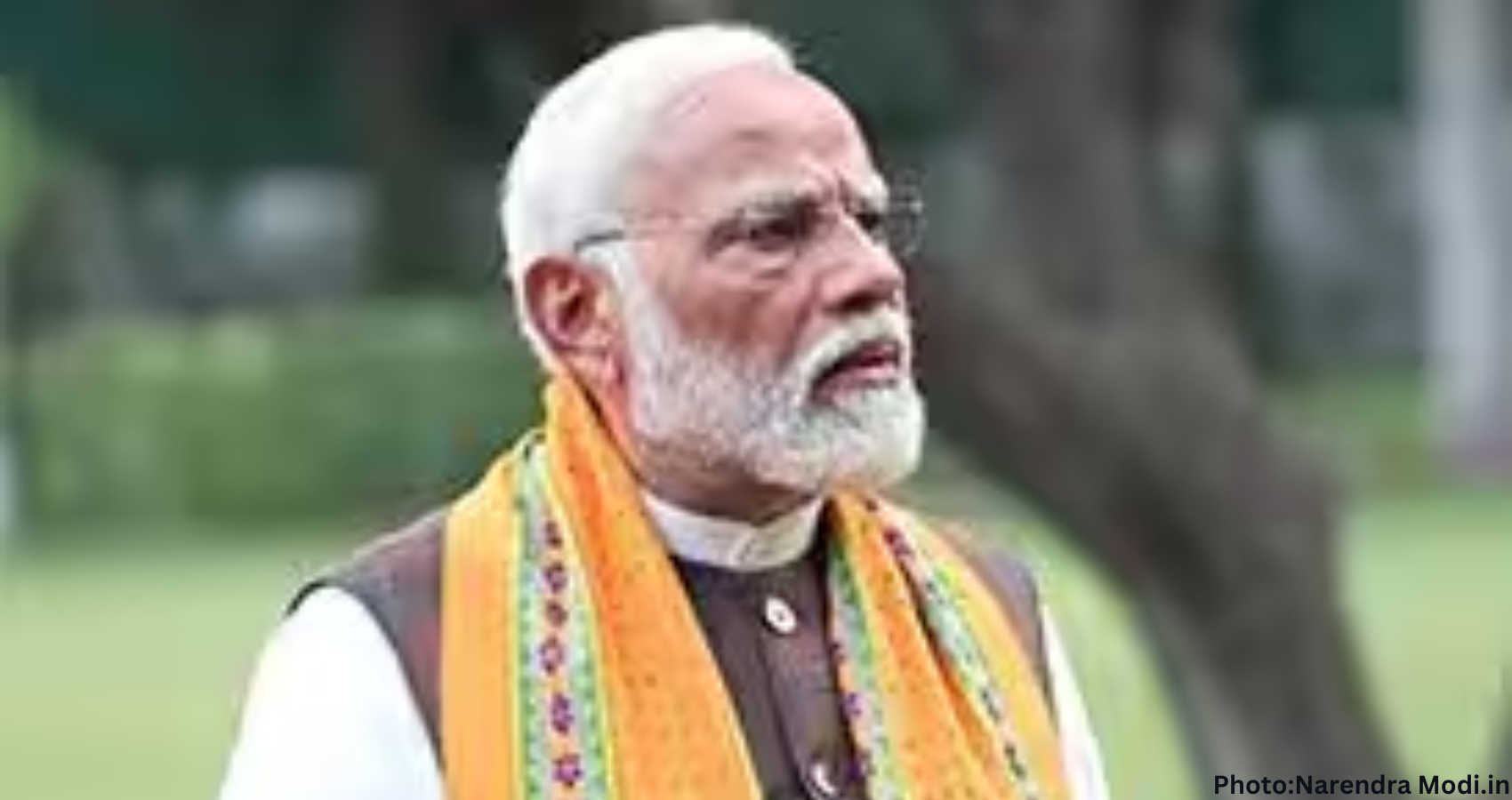
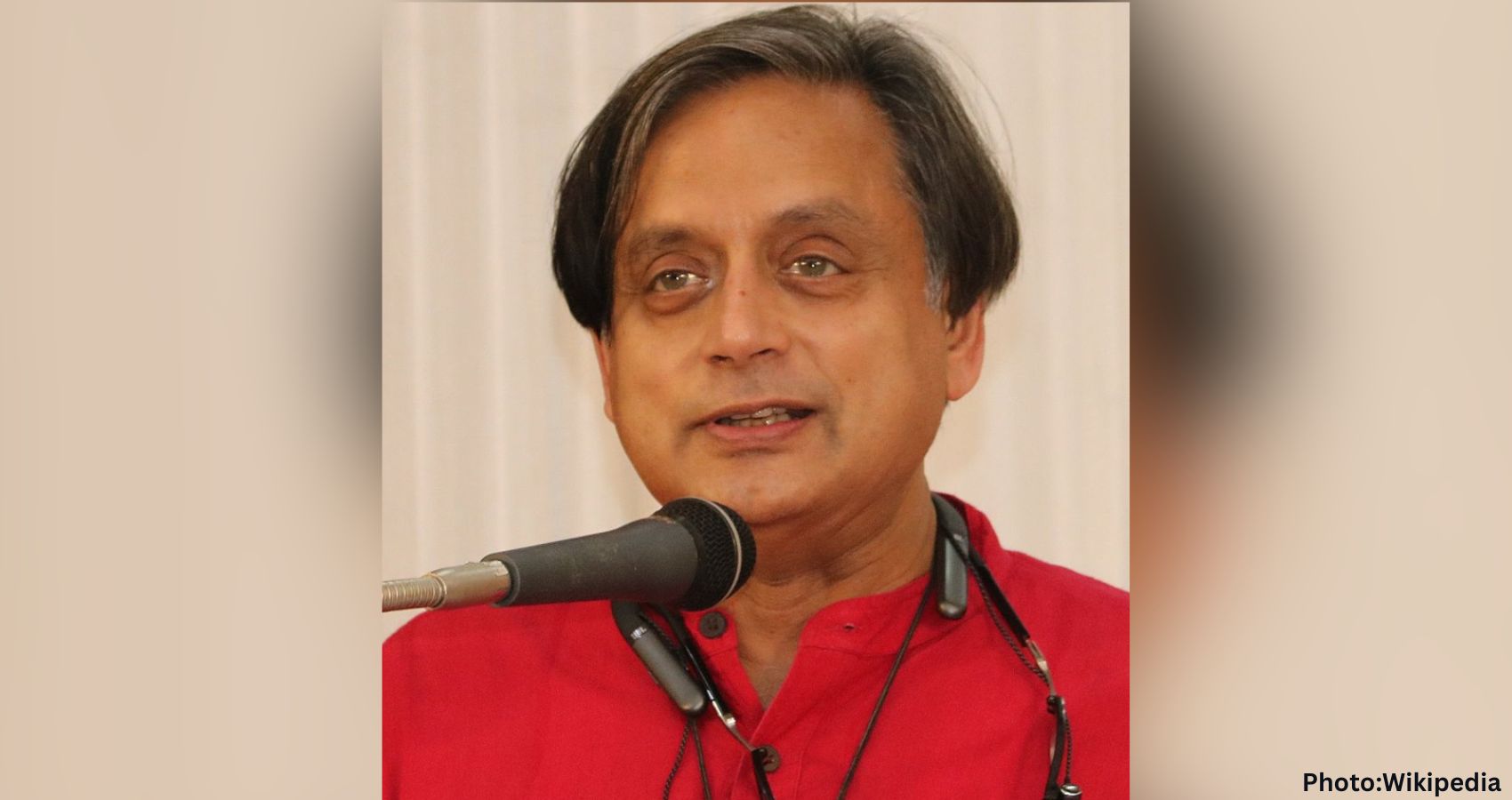


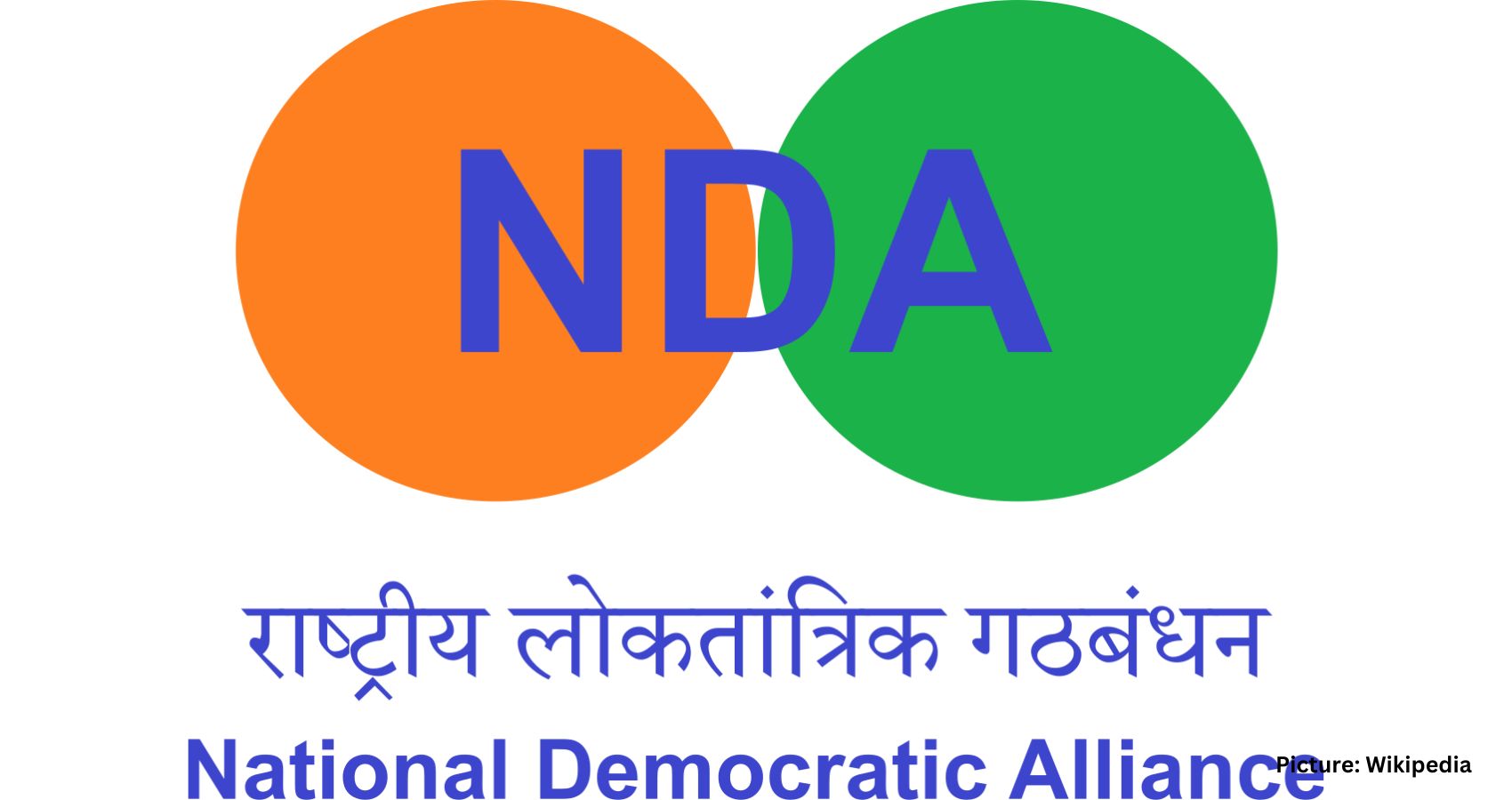
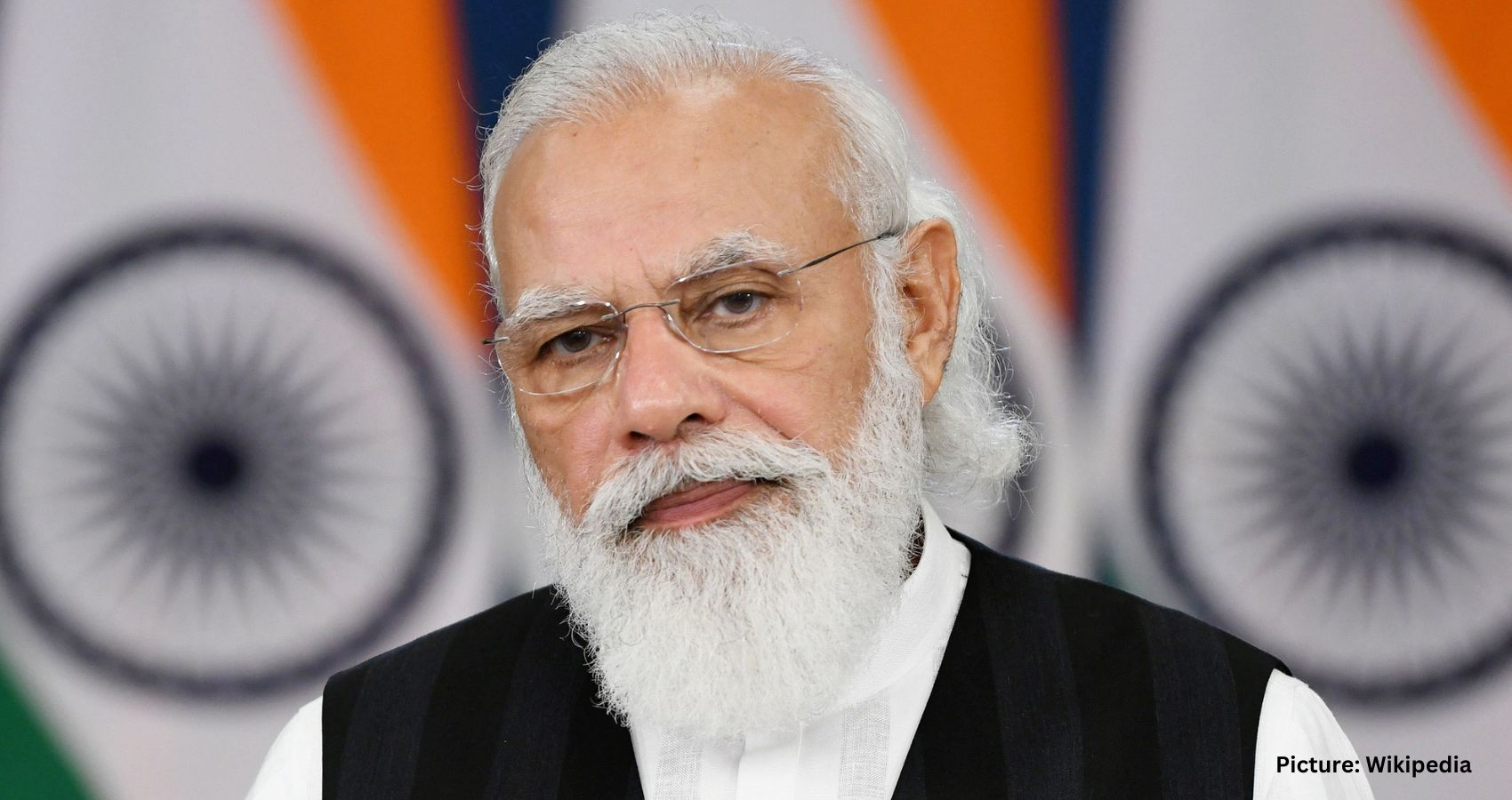

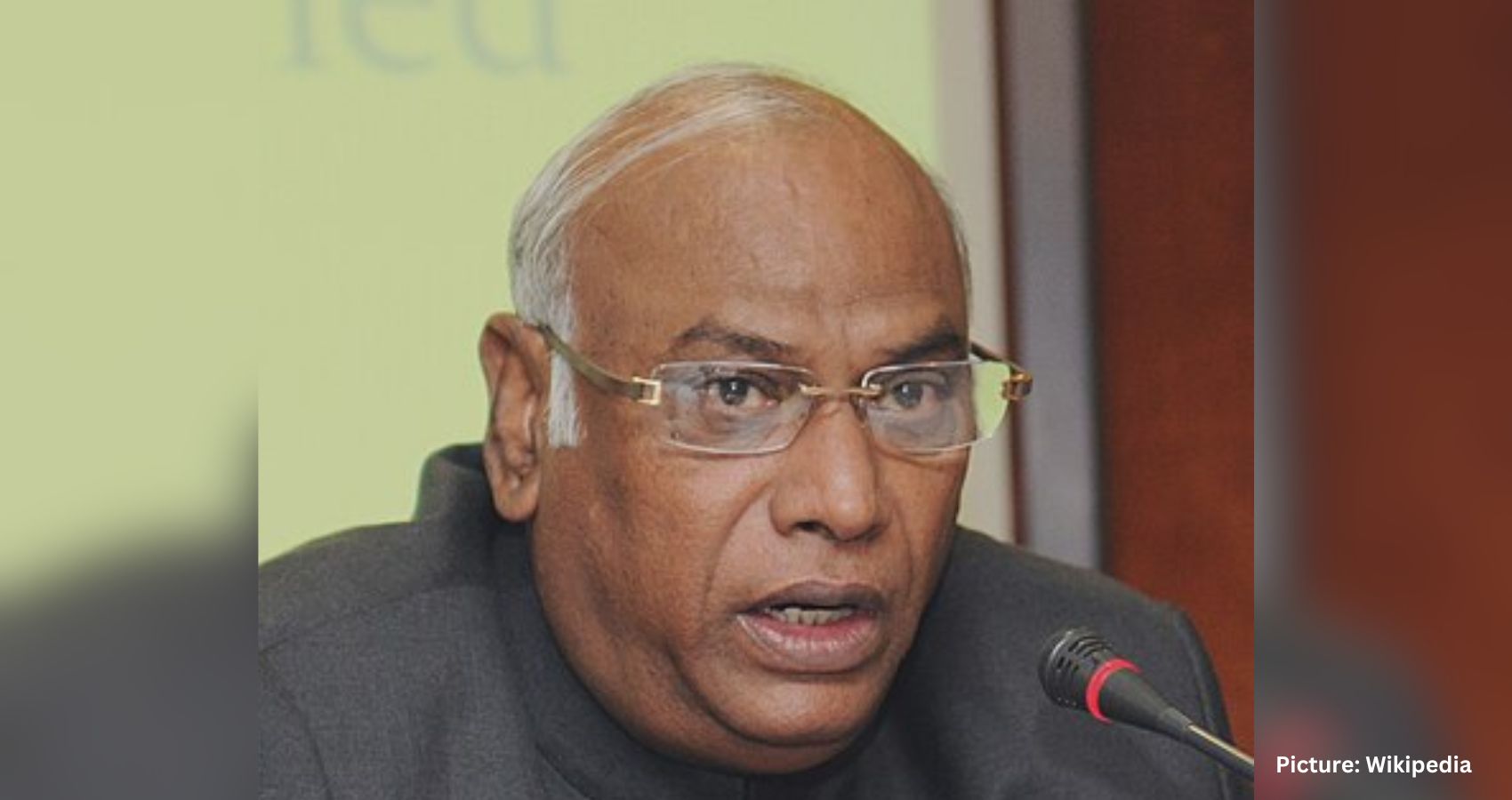
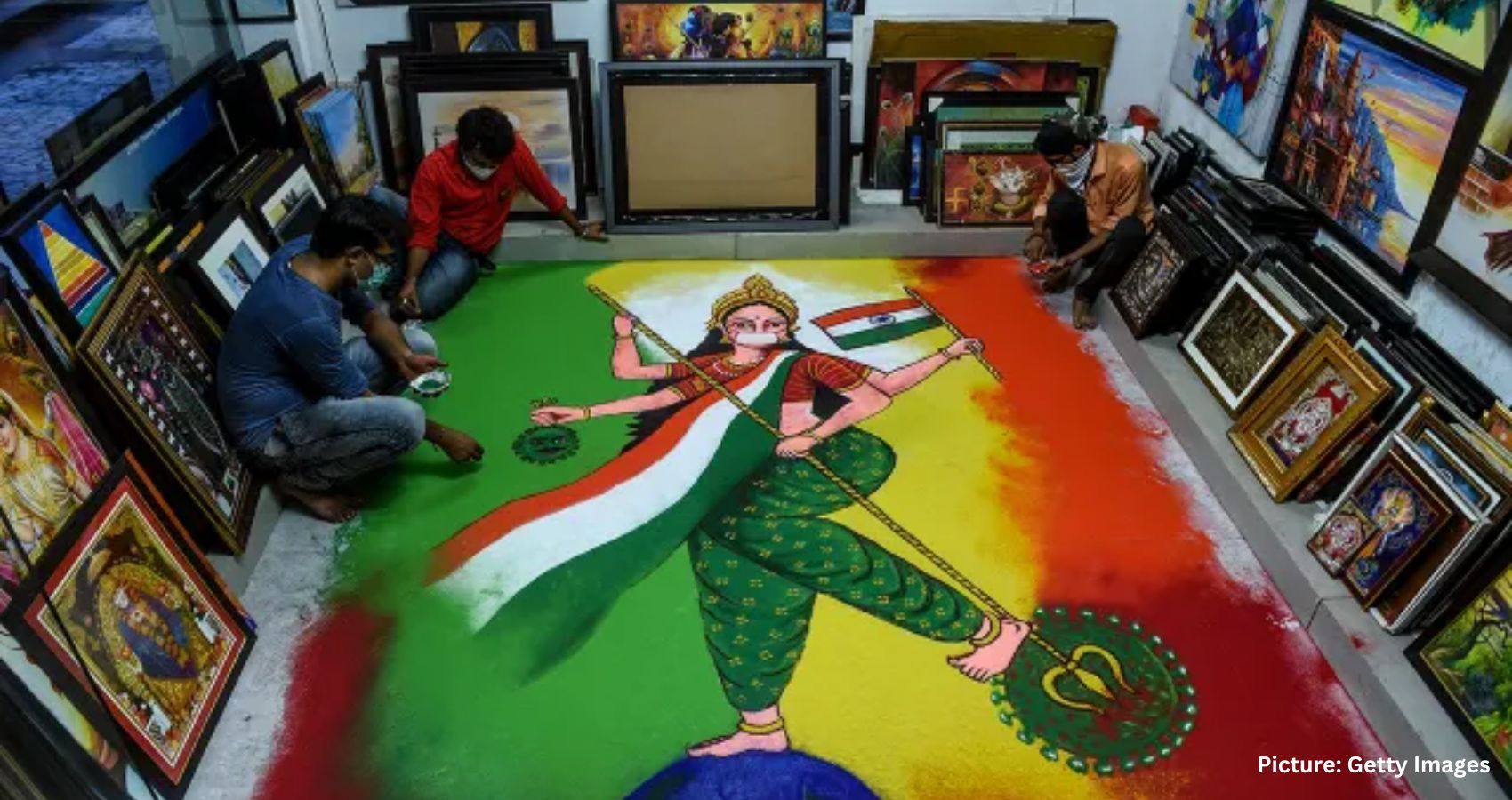
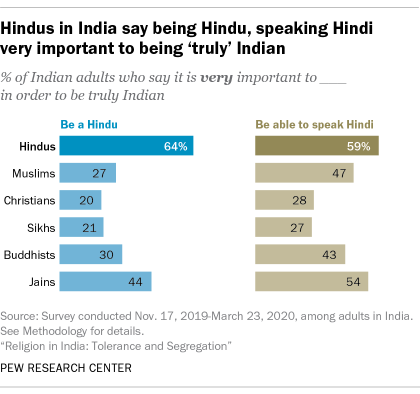
 Hindu nationalism in India also has a linguistic dimension. Hindus are more likely than other Indians to associate national identity with the Hindi language. While India has dozens of major languages, a majority of Hindus (59%) feel that being able to speak Hindi is very important to being truly Indian. Hindus who link their religion with national identity tend also to link the Hindi language with being authentically Indian.
Hindu nationalism in India also has a linguistic dimension. Hindus are more likely than other Indians to associate national identity with the Hindi language. While India has dozens of major languages, a majority of Hindus (59%) feel that being able to speak Hindi is very important to being truly Indian. Hindus who link their religion with national identity tend also to link the Hindi language with being authentically Indian.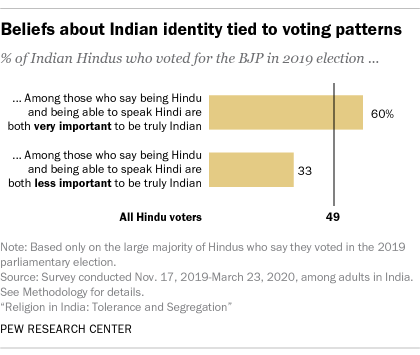
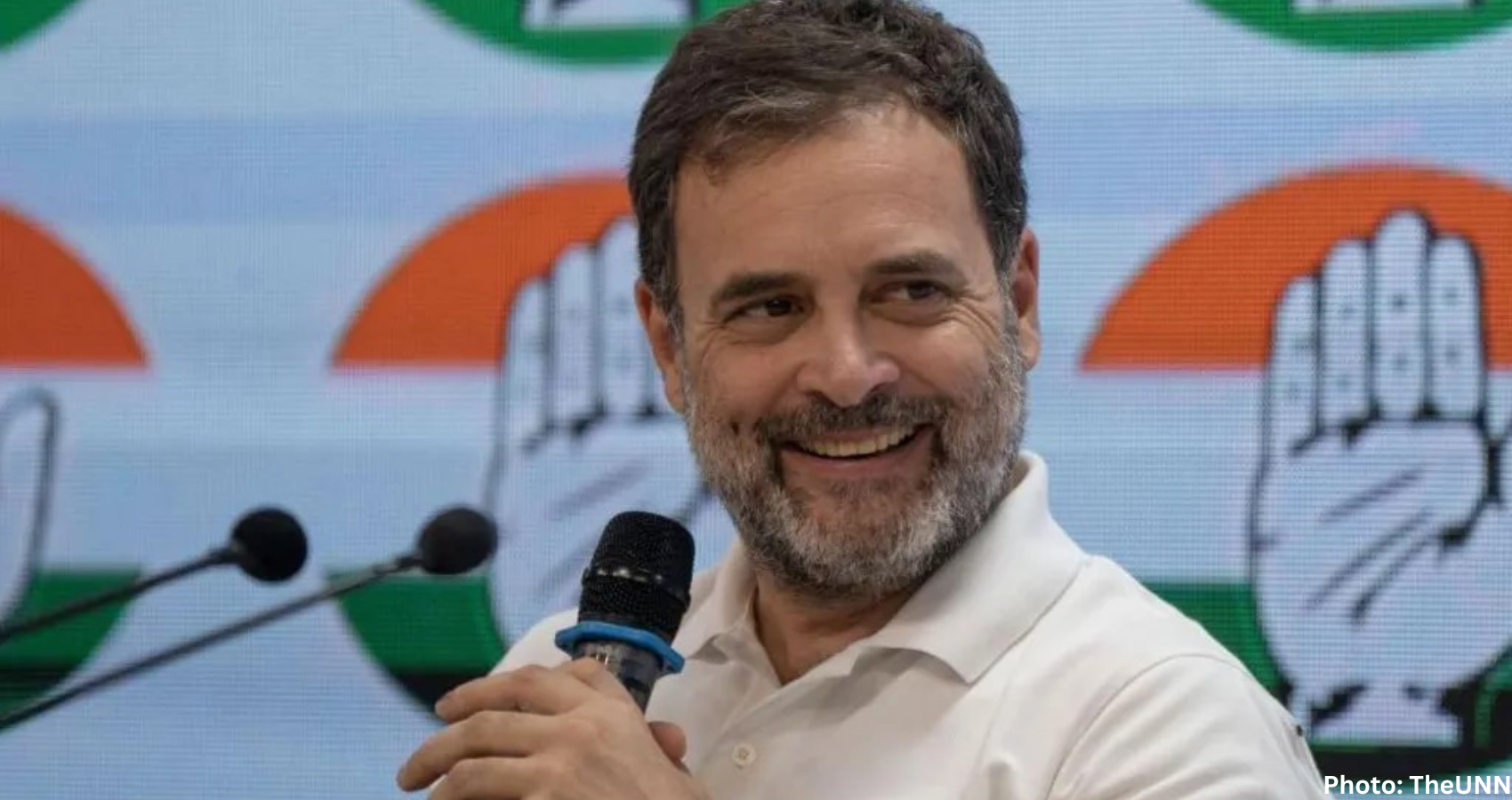
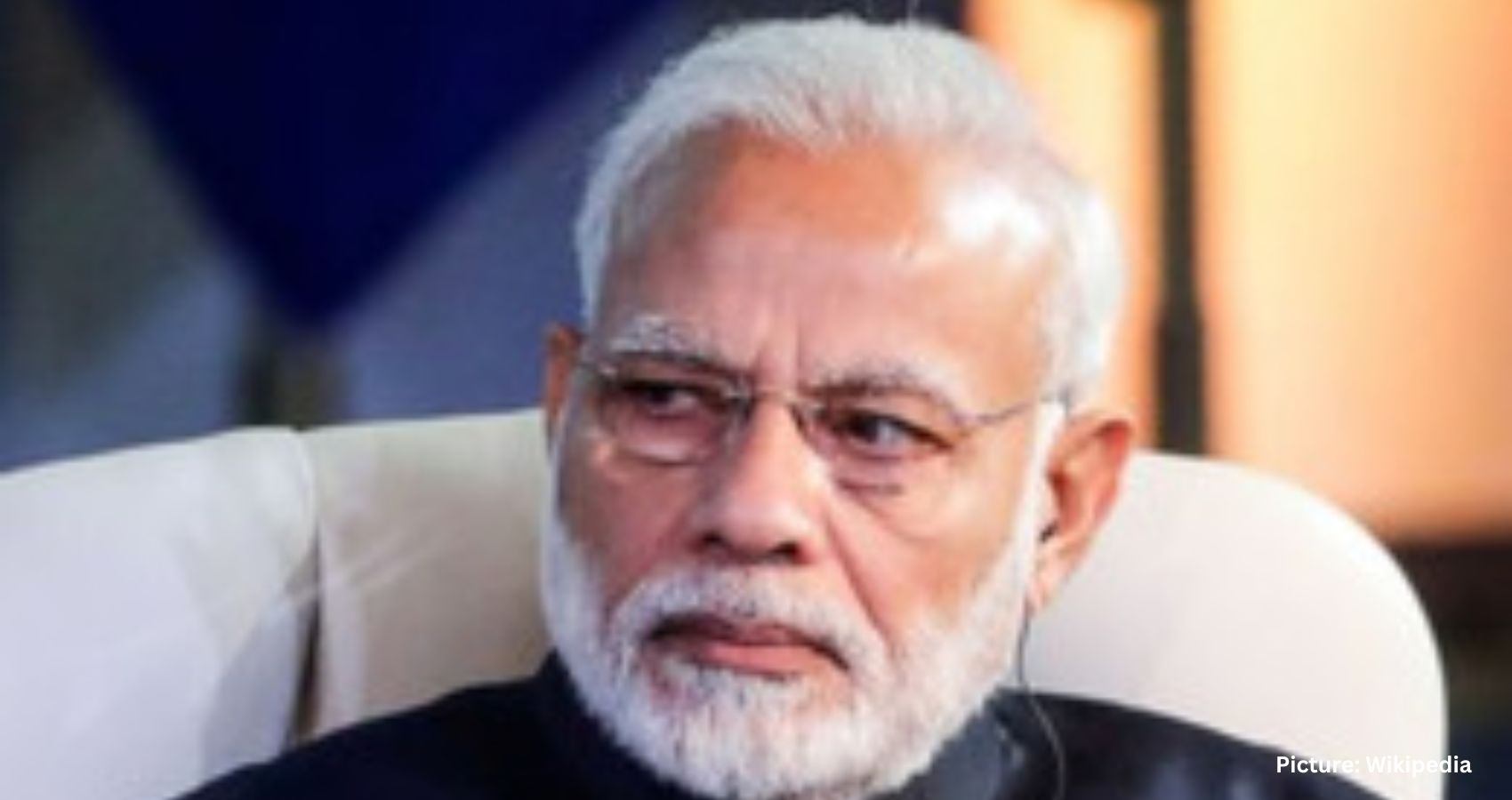


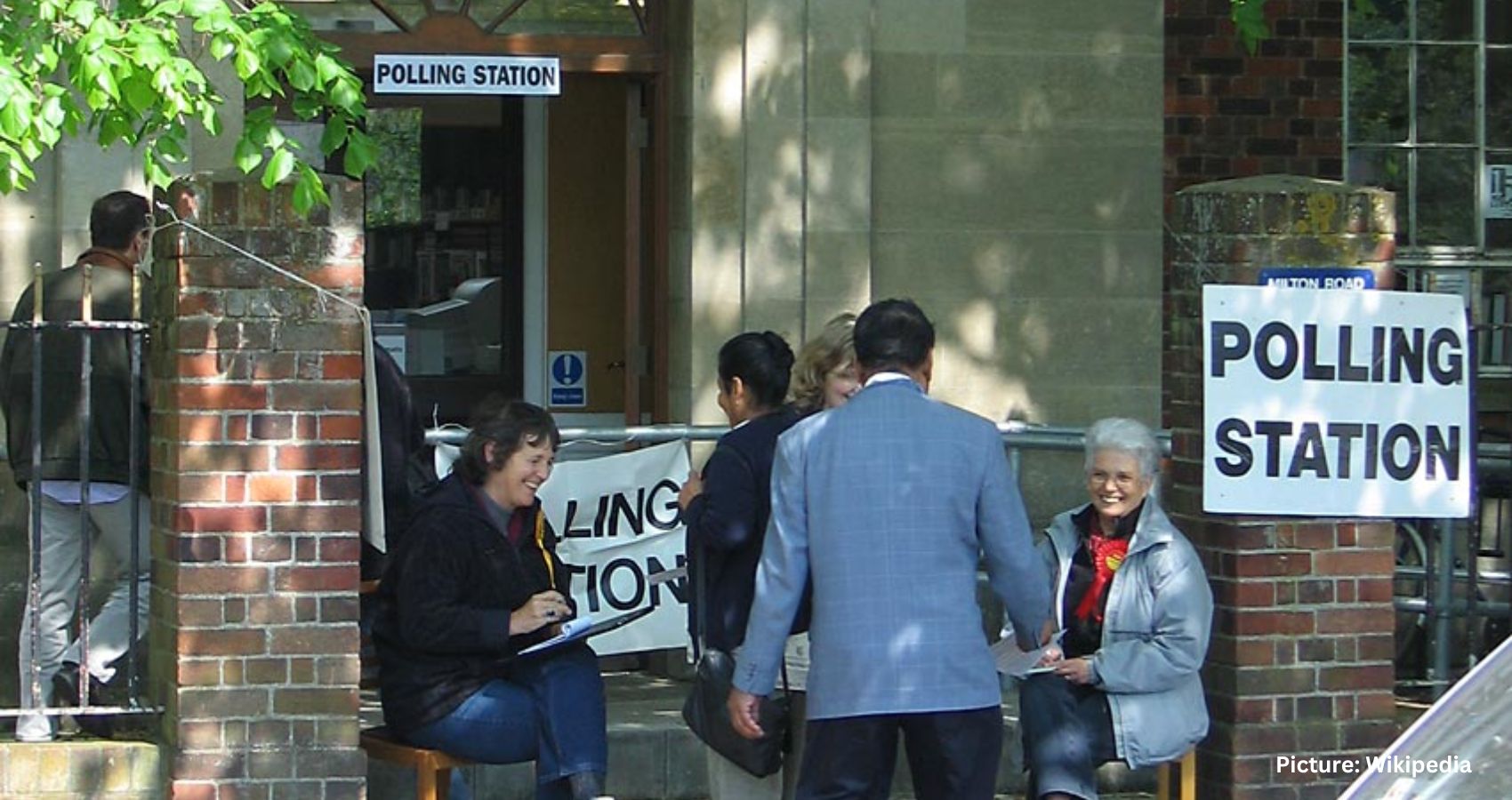
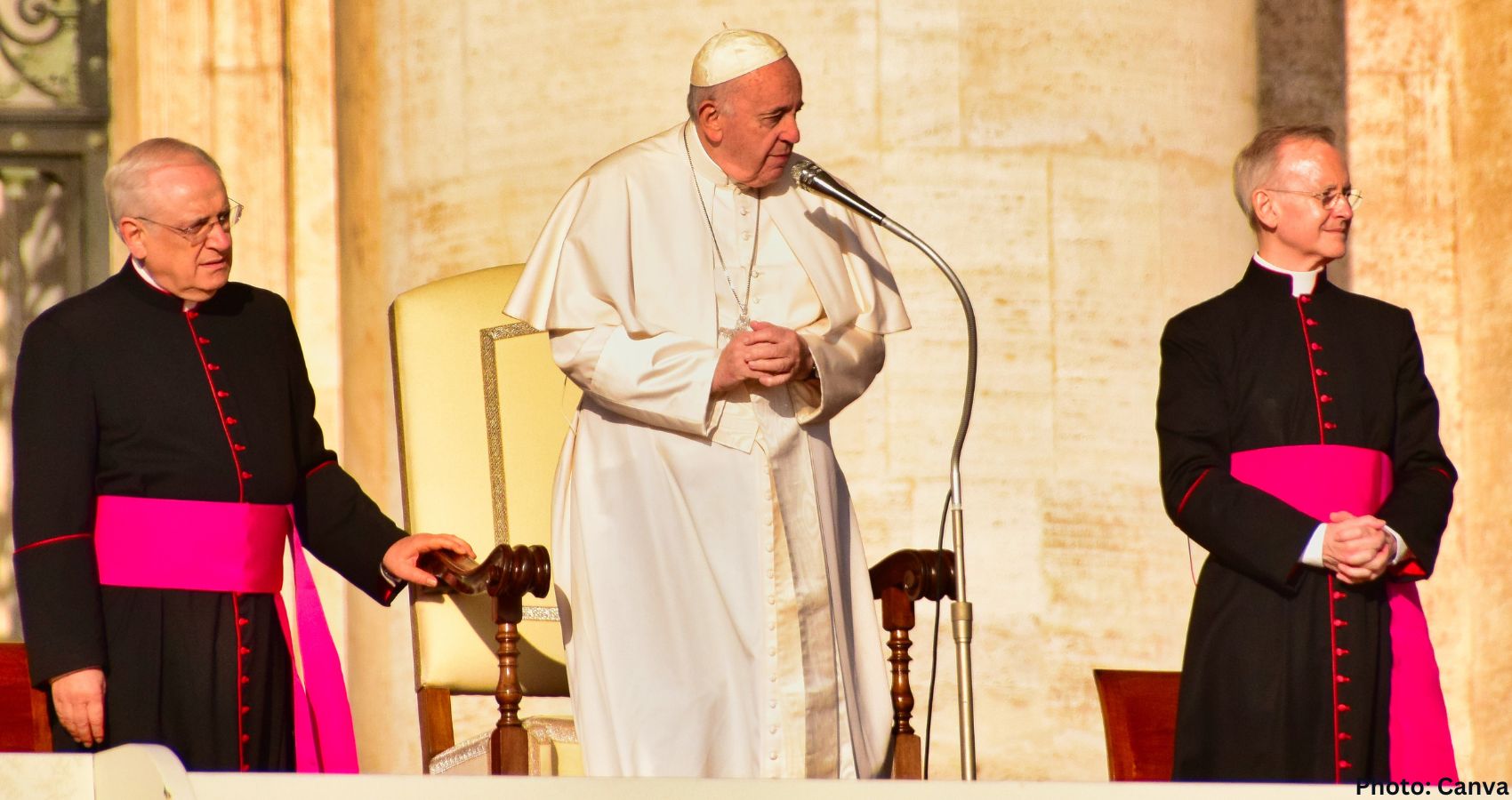
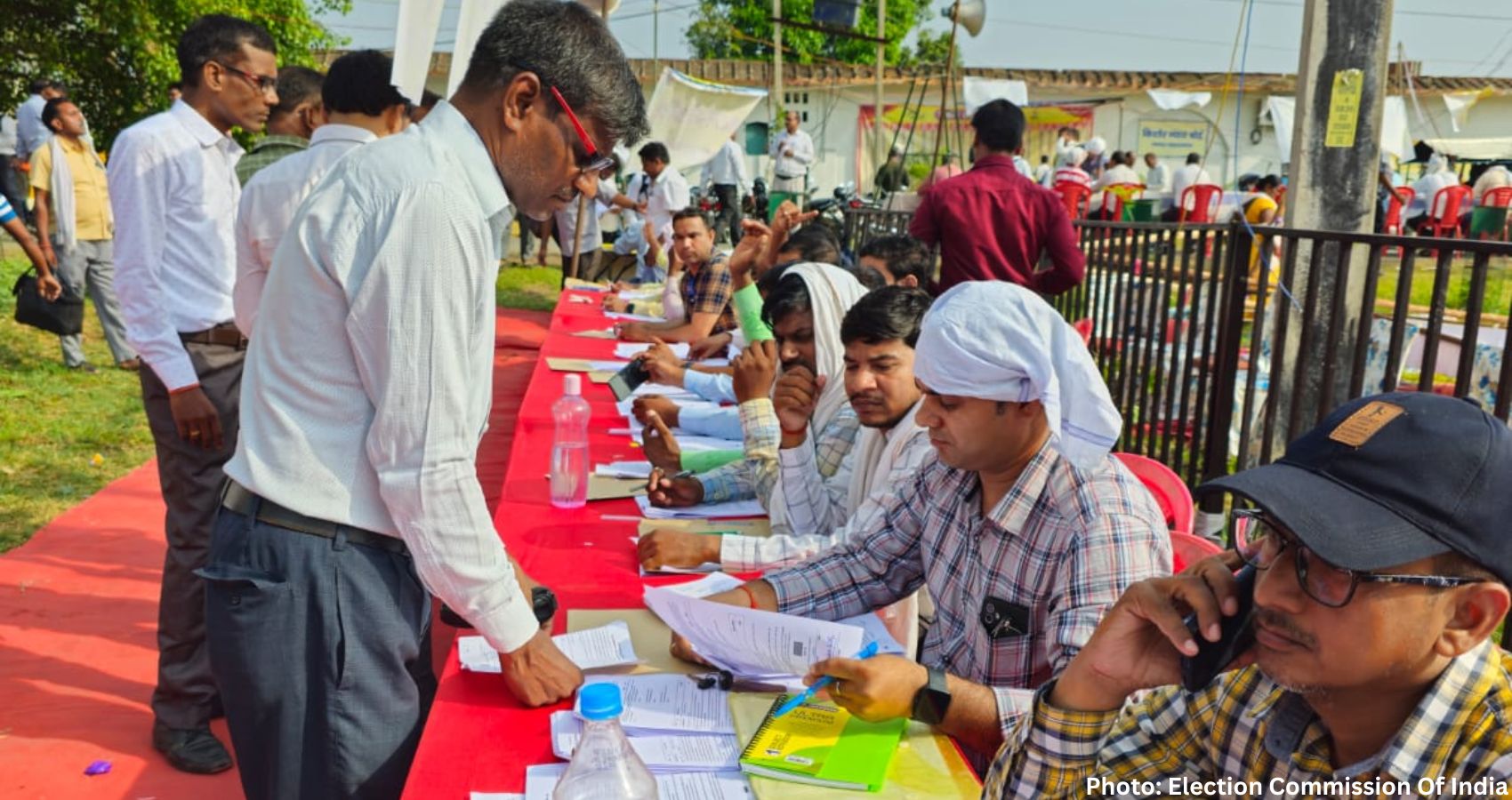


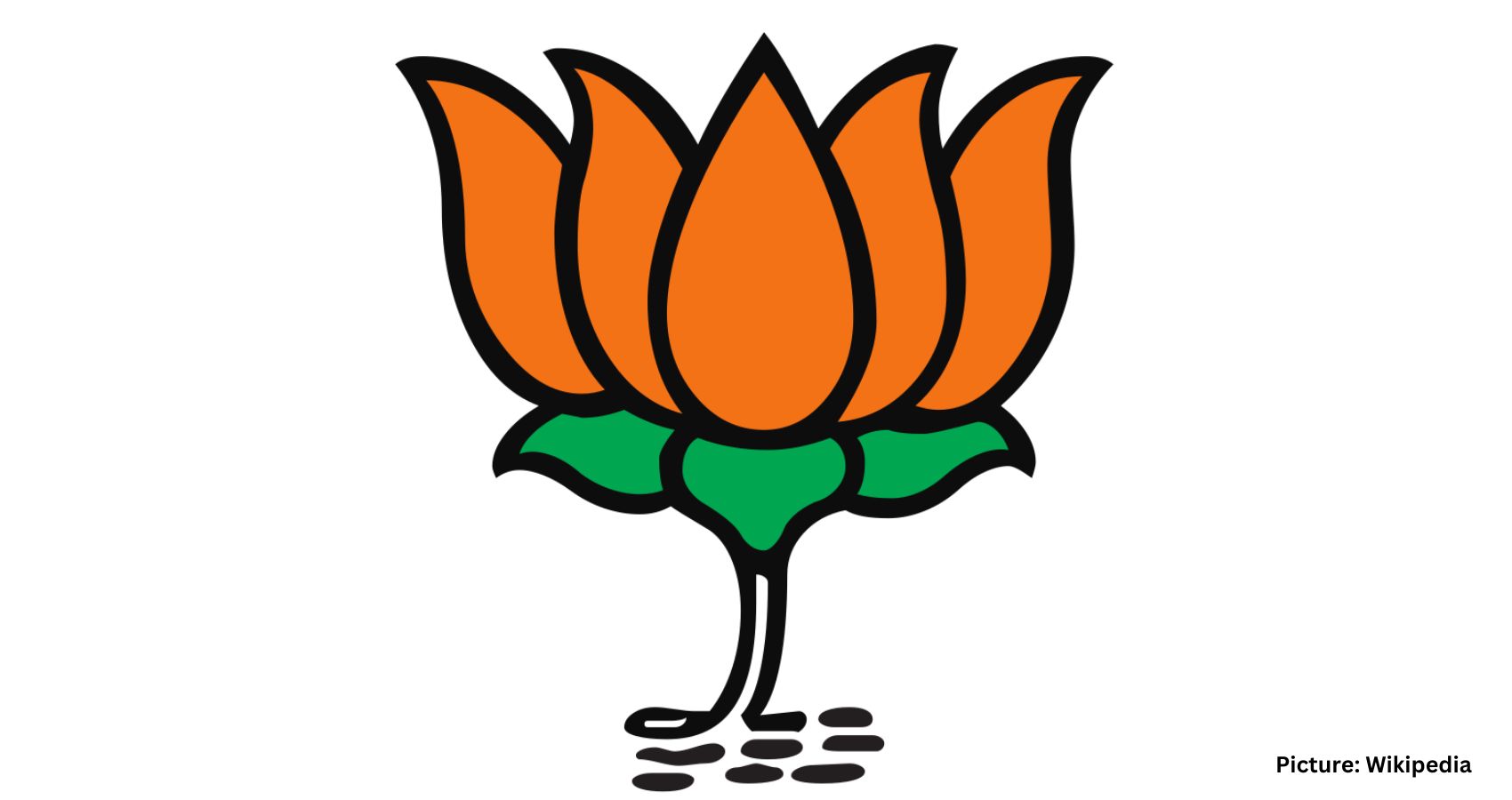
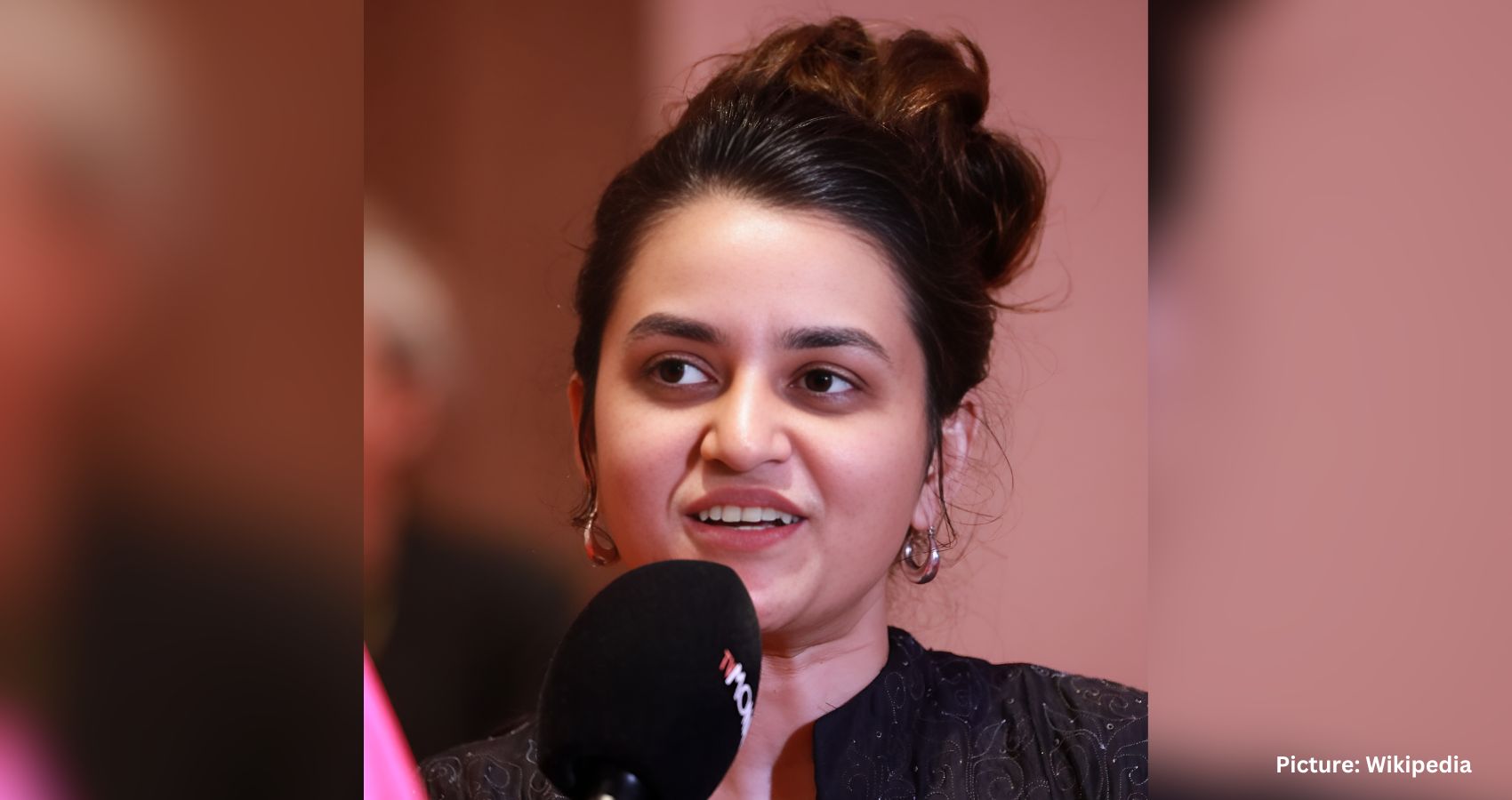
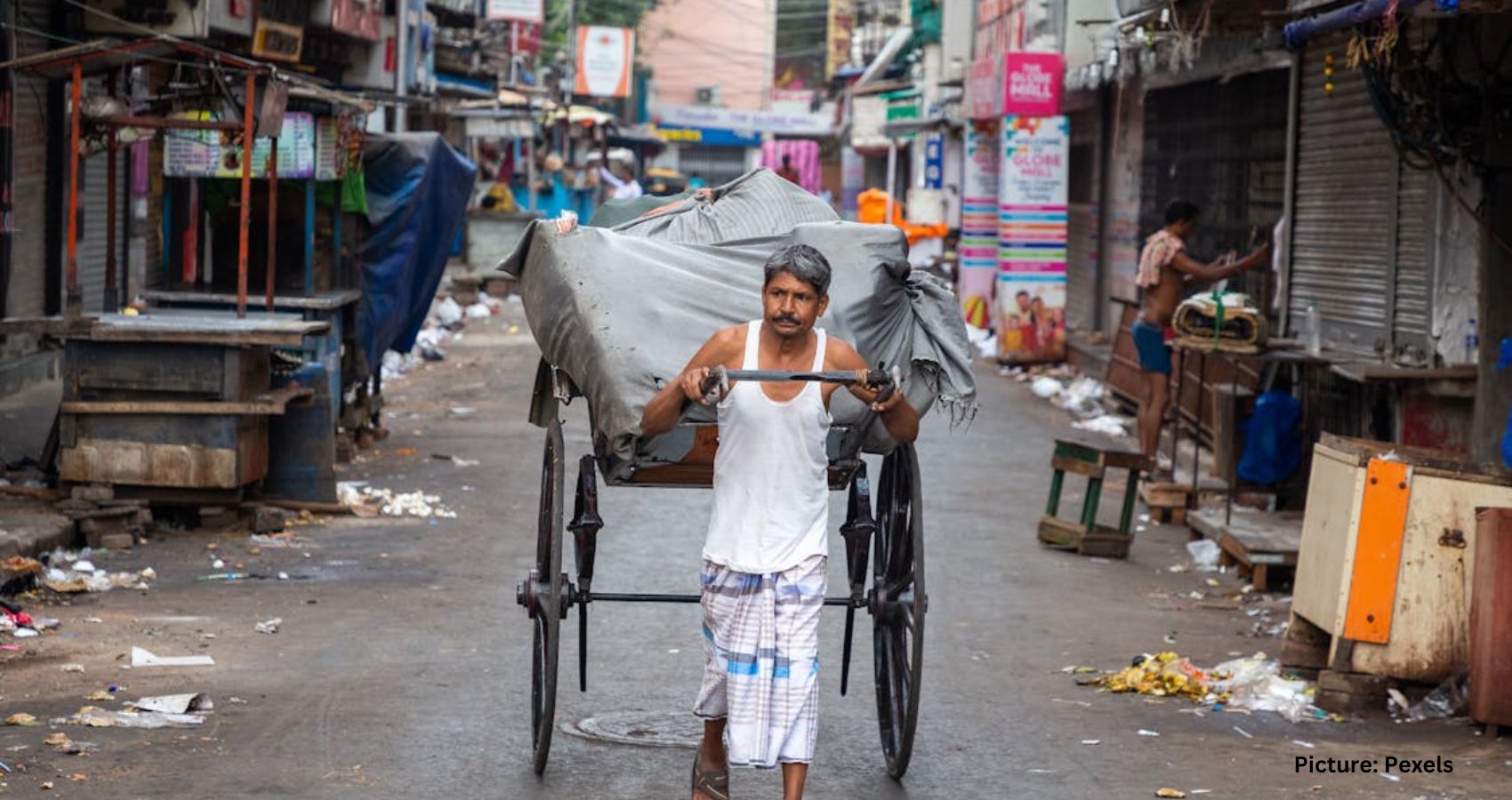
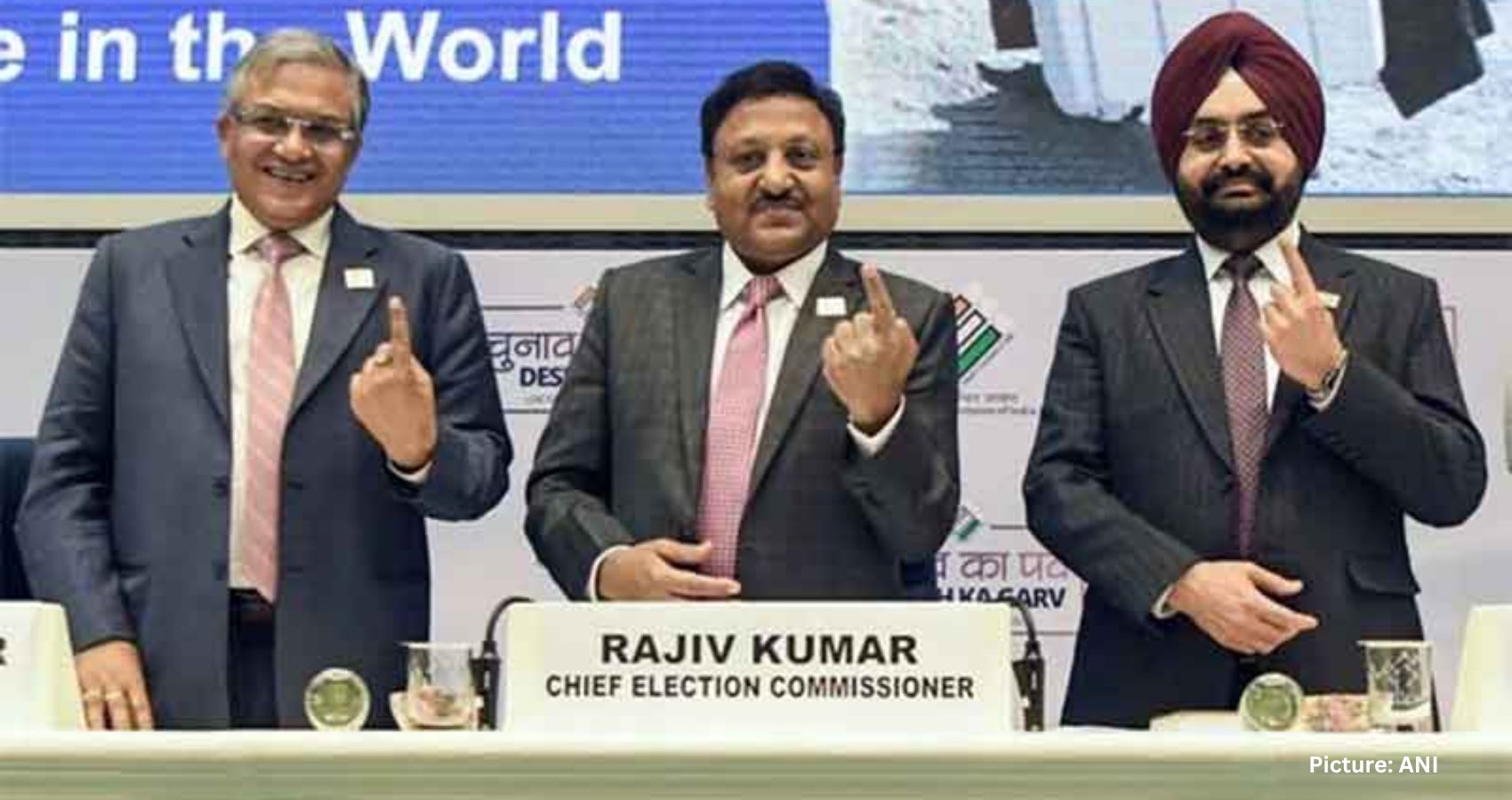


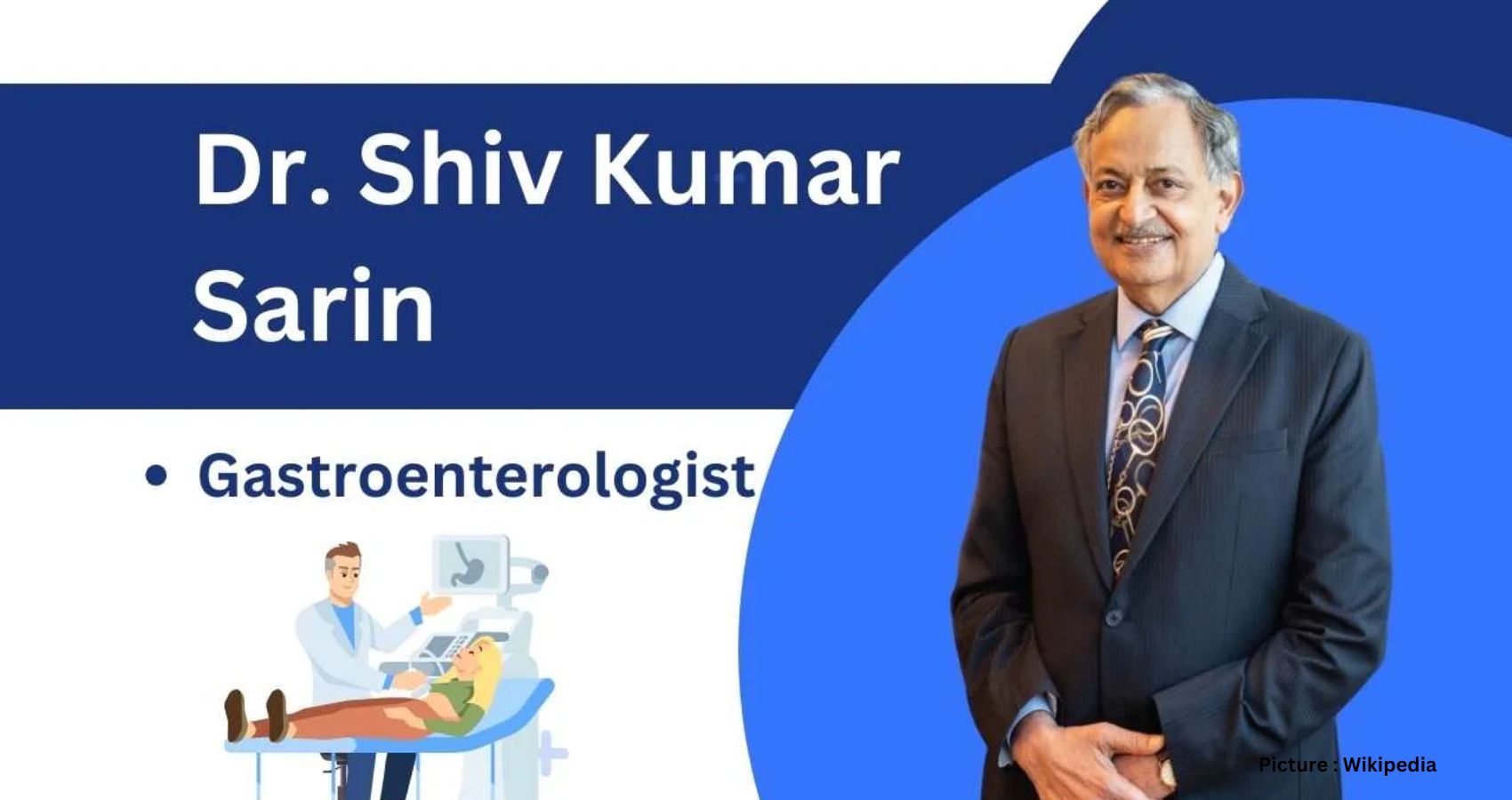


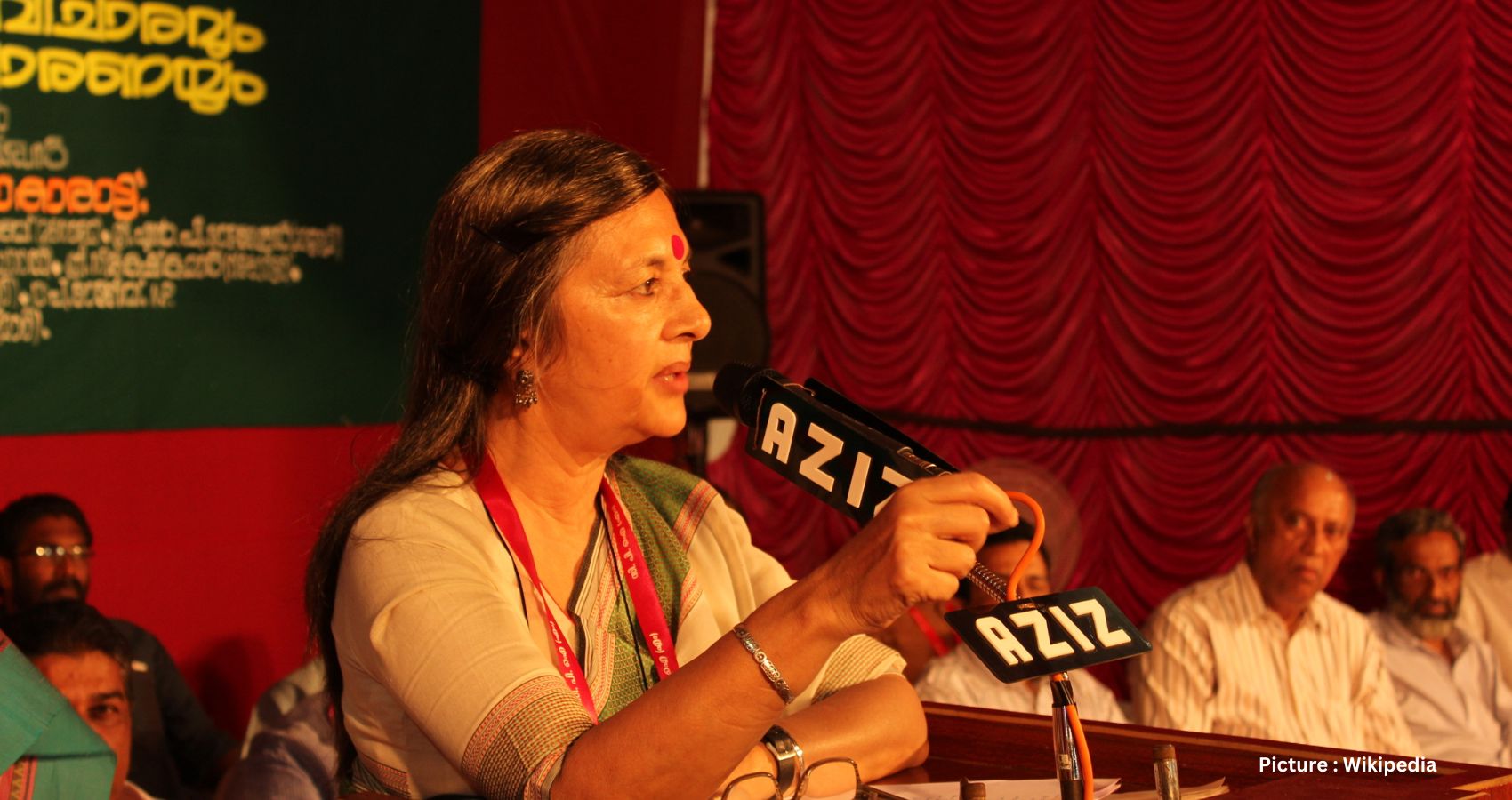
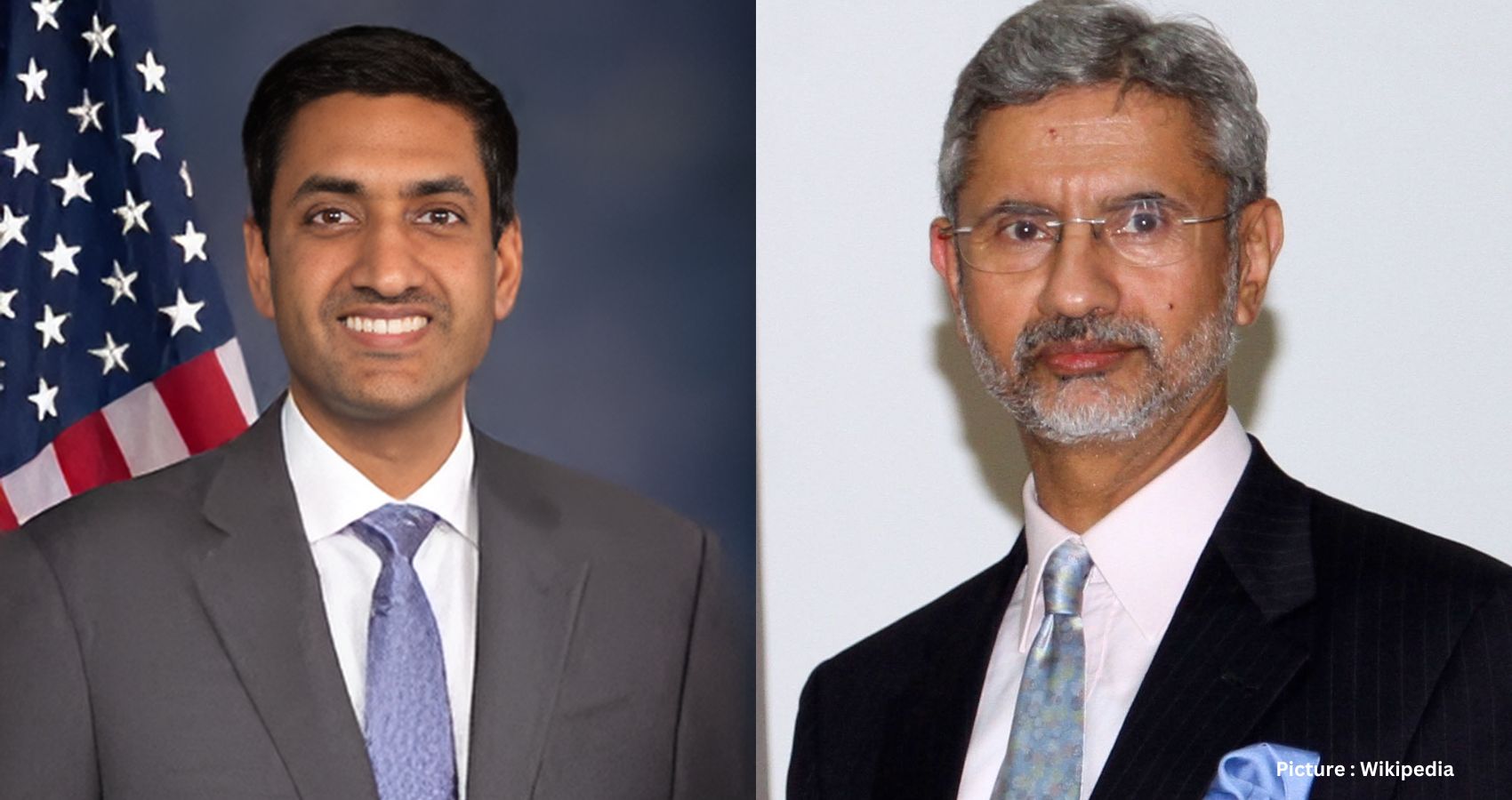
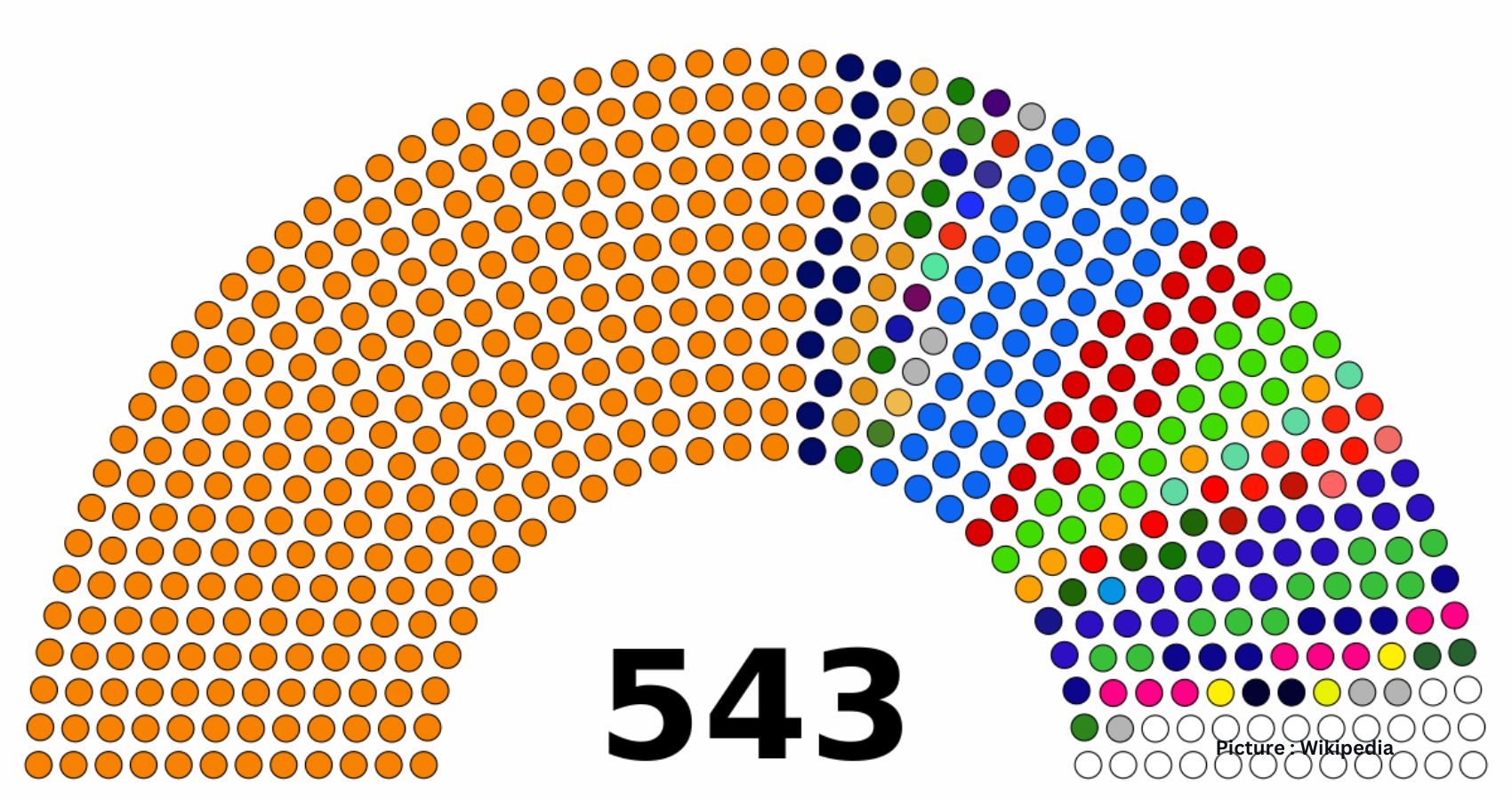

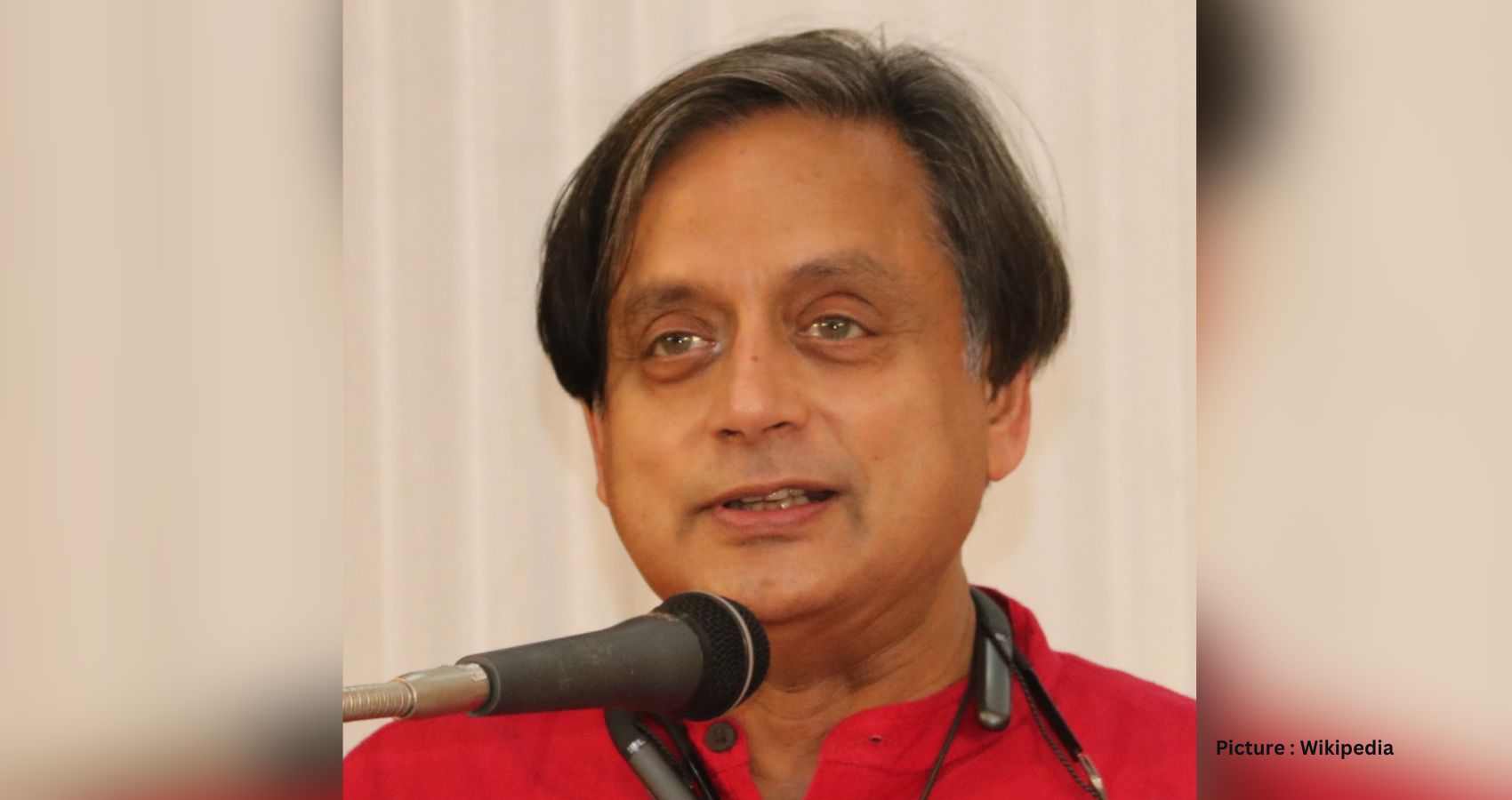

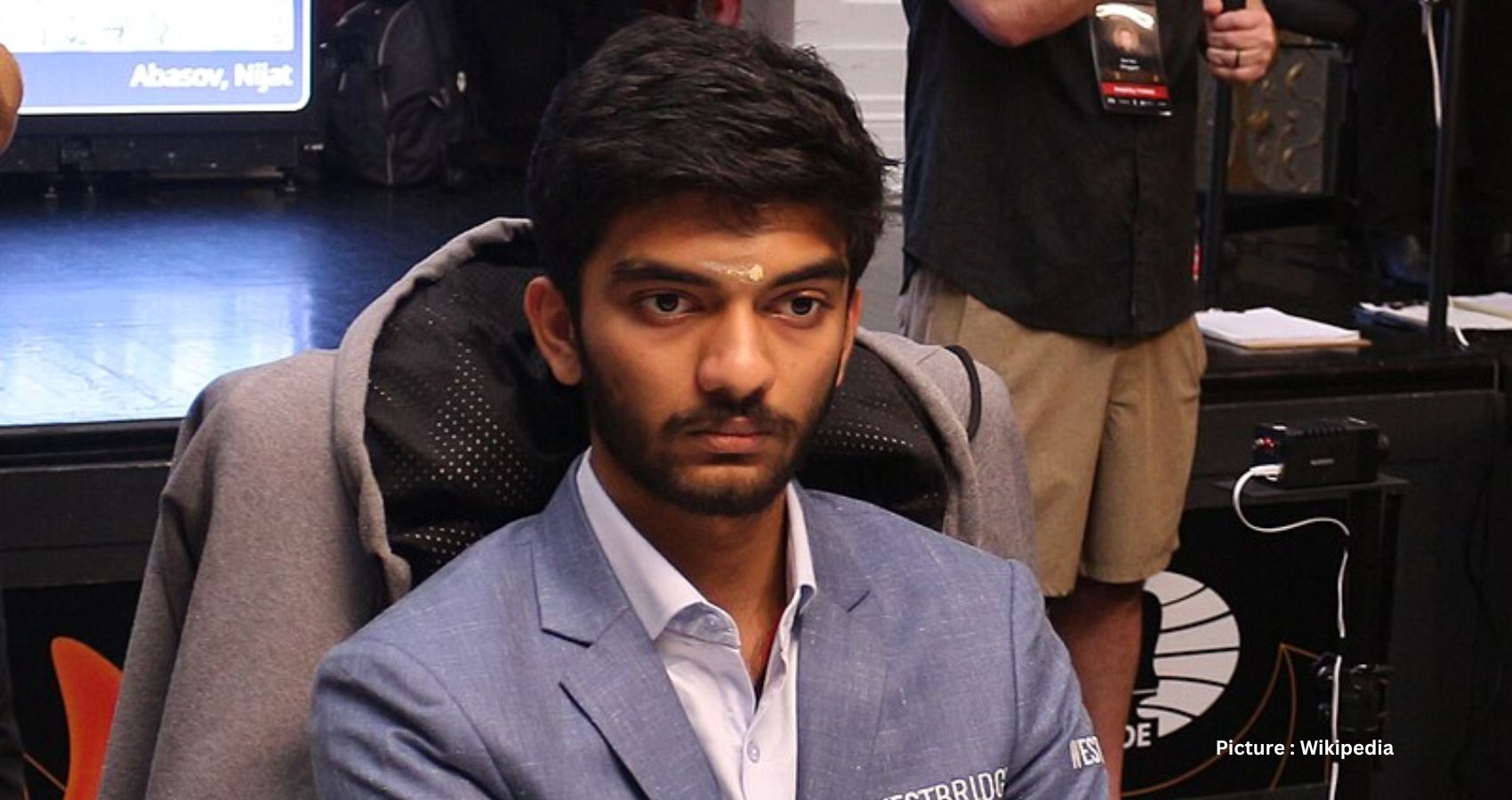


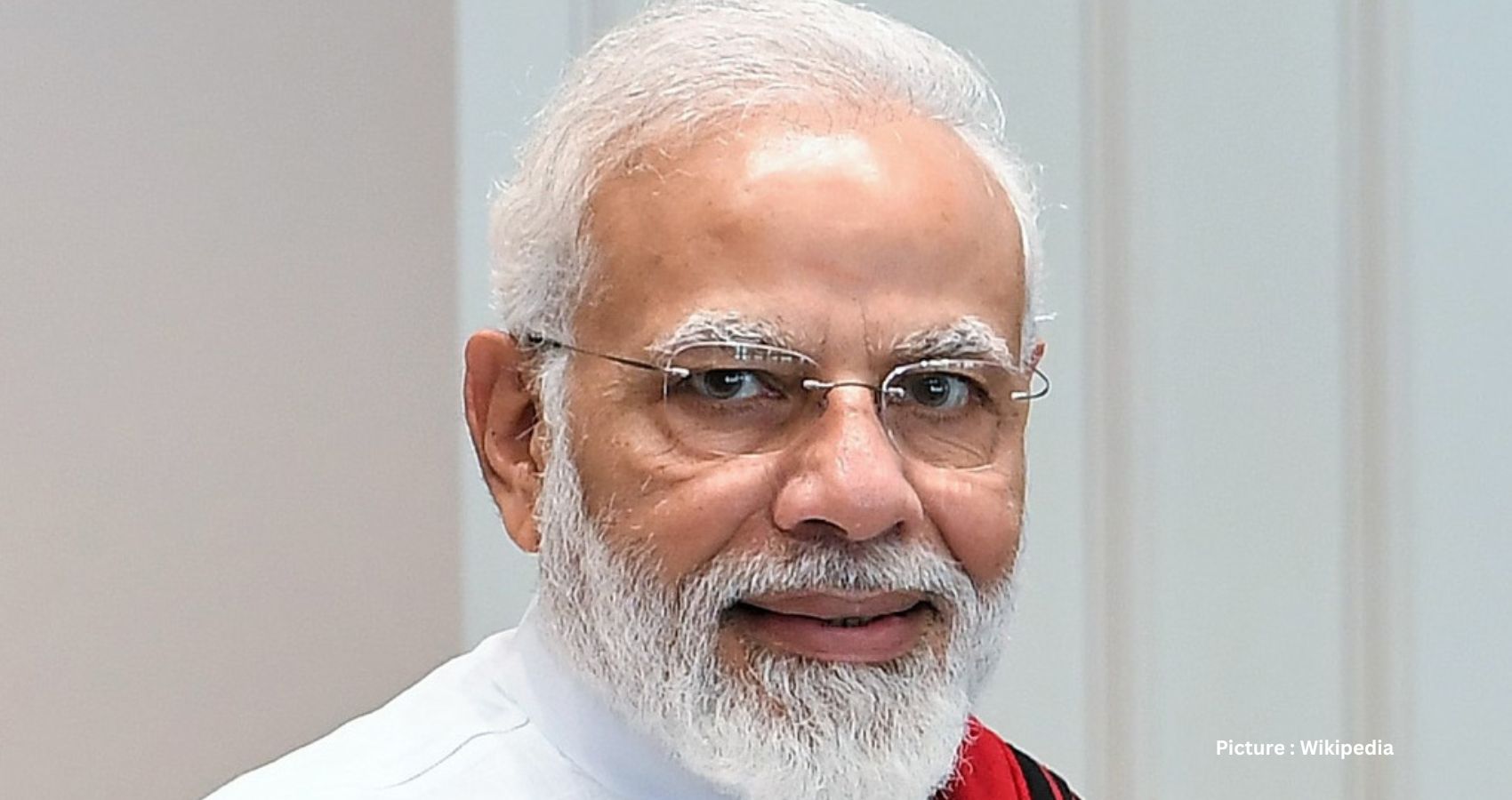

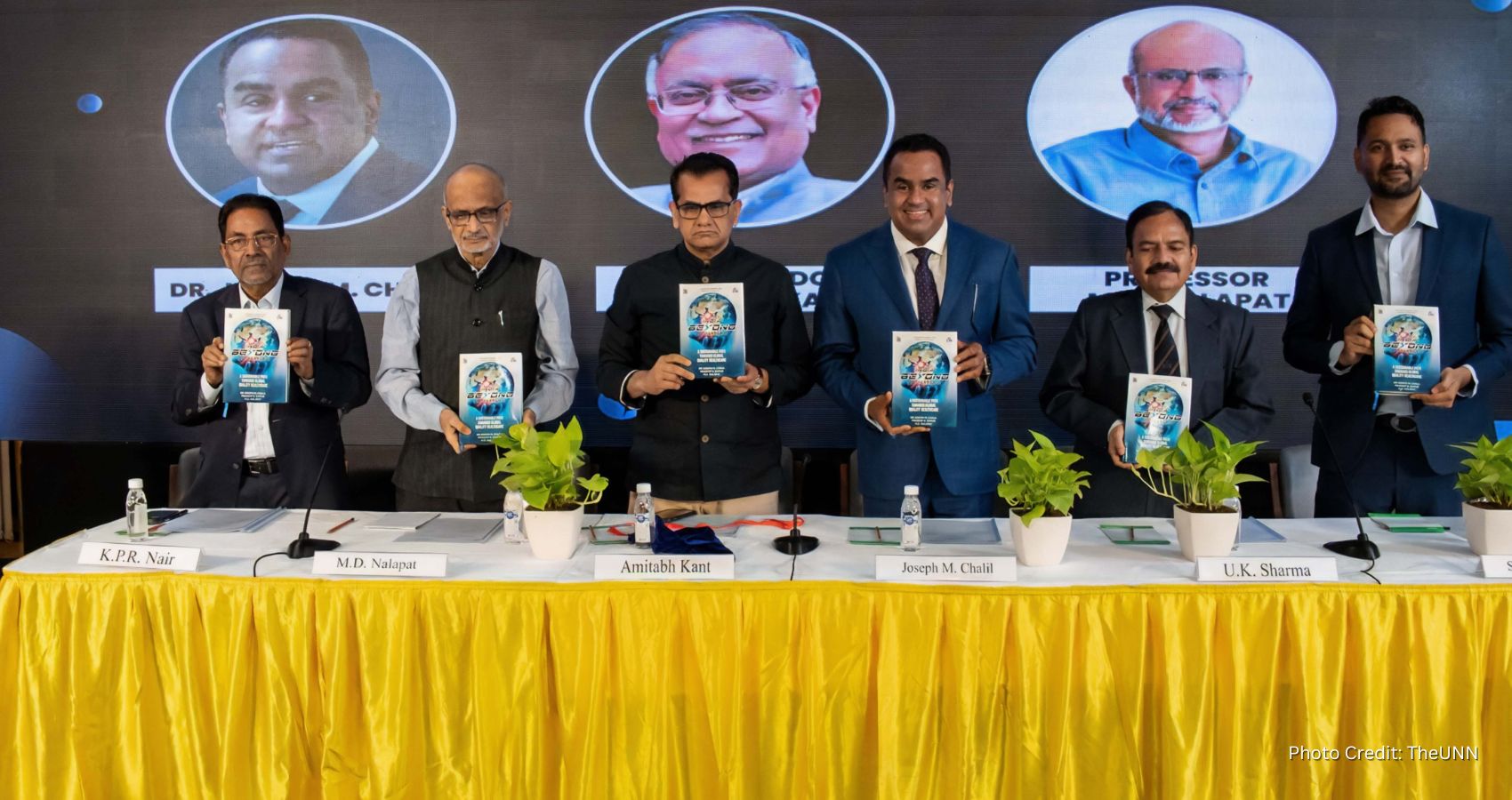
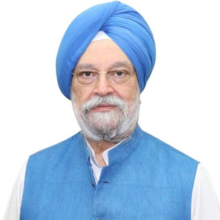 Hardeep Singh Puri, India’s Federal Minister for Housing & Urban Affairs, Minister for Petroleum and Natural Gas praised the book as an important contribution to the literature documenting India’s rising global health influence. He highlighted the book’s extensive exploration of India’s commendable vaccination drive and vaccine diplomacy, highlighting the nation’s vital role on the world stage during the unprecedented times characterized by the Pandemic.
Hardeep Singh Puri, India’s Federal Minister for Housing & Urban Affairs, Minister for Petroleum and Natural Gas praised the book as an important contribution to the literature documenting India’s rising global health influence. He highlighted the book’s extensive exploration of India’s commendable vaccination drive and vaccine diplomacy, highlighting the nation’s vital role on the world stage during the unprecedented times characterized by the Pandemic.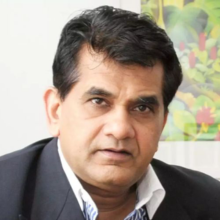 Amitabh Kant, IAS, G20 Sherpa and Former CEO of NITI Aayog, lauded the book as a proactive “call to action,” commending India’s leadership during its G20 presidency and the strategic health policy initiatives such as the New Delhi Declaration. He expressed his pleasure in writing a Preface for the book and emphasized its significance in, among other matters, documenting India’s effective vaccination campaign and vaccine diplomacy. The G20 Sherpa highlighted India’s crucial role during the pandemic and acknowledged the resilience of healthcare workers and the innovations in healthcare technology that emerged during this period.
Amitabh Kant, IAS, G20 Sherpa and Former CEO of NITI Aayog, lauded the book as a proactive “call to action,” commending India’s leadership during its G20 presidency and the strategic health policy initiatives such as the New Delhi Declaration. He expressed his pleasure in writing a Preface for the book and emphasized its significance in, among other matters, documenting India’s effective vaccination campaign and vaccine diplomacy. The G20 Sherpa highlighted India’s crucial role during the pandemic and acknowledged the resilience of healthcare workers and the innovations in healthcare technology that emerged during this period.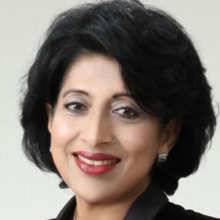 Prof. Dr. Ruby Pawankar, Executive Director and Former President of APAAACI and Former President of the World Allergy Organization, joined the launch event from Tokyo and described the book as an essential read for those committed to shaping a sustainable healthcare landscape, emphasizing its comprehensive approach and strategic use of technology during the pandemic.
Prof. Dr. Ruby Pawankar, Executive Director and Former President of APAAACI and Former President of the World Allergy Organization, joined the launch event from Tokyo and described the book as an essential read for those committed to shaping a sustainable healthcare landscape, emphasizing its comprehensive approach and strategic use of technology during the pandemic.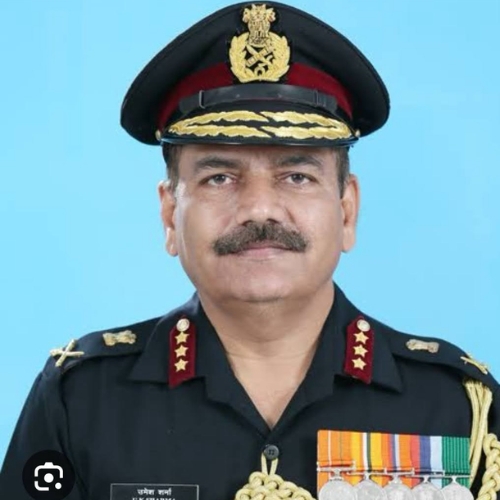 Lieutenant General Dr. UK Sharma, Former commandant of the Indian Army’s flagship Referral and Research Hospital, described the book as a seamless narrative that expertly portrayed India’s robust response to the pandemic. He praised the book’s portrayal of healthcare workers’ resilience and innovative solutions that emerged during the crisis, describing it as a vital resource for understanding global health challenges and India’s potential leadership in global healthcare.
Lieutenant General Dr. UK Sharma, Former commandant of the Indian Army’s flagship Referral and Research Hospital, described the book as a seamless narrative that expertly portrayed India’s robust response to the pandemic. He praised the book’s portrayal of healthcare workers’ resilience and innovative solutions that emerged during the crisis, describing it as a vital resource for understanding global health challenges and India’s potential leadership in global healthcare.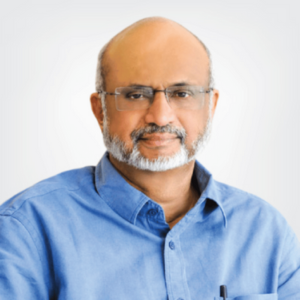 Prof. M.D. Nalapat discussed the importance of understanding the comprehensive strategies and healthcare reforms that India had implemented, which could serve as a model for other nations. He noted the comments made about the in-depth analysis provided by the co-authors and their view that the book is a critical resource for anyone involved in healthcare policy and administration, as it offered a blueprint for future global health initiatives.
Prof. M.D. Nalapat discussed the importance of understanding the comprehensive strategies and healthcare reforms that India had implemented, which could serve as a model for other nations. He noted the comments made about the in-depth analysis provided by the co-authors and their view that the book is a critical resource for anyone involved in healthcare policy and administration, as it offered a blueprint for future global health initiatives.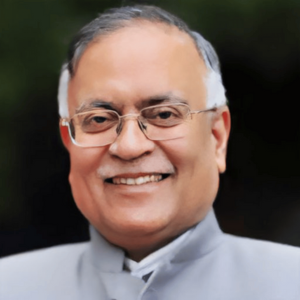 Ambassador Pradeep Kapur noted the book’s potential to guide other nations in strengthening their healthcare infrastructures and policies. He highlighted the authors’ collaborative efforts in bringing together diverse perspectives and insights, which enrich the book’s content and relevance. Ambassador Kapur also discussed the book’s broader implications for rural community empowerment and national digital financial infrastructure, underscoring its significance in advocating for systemic changes that can lead to improved global healthcare governance.
Ambassador Pradeep Kapur noted the book’s potential to guide other nations in strengthening their healthcare infrastructures and policies. He highlighted the authors’ collaborative efforts in bringing together diverse perspectives and insights, which enrich the book’s content and relevance. Ambassador Kapur also discussed the book’s broader implications for rural community empowerment and national digital financial infrastructure, underscoring its significance in advocating for systemic changes that can lead to improved global healthcare governance.